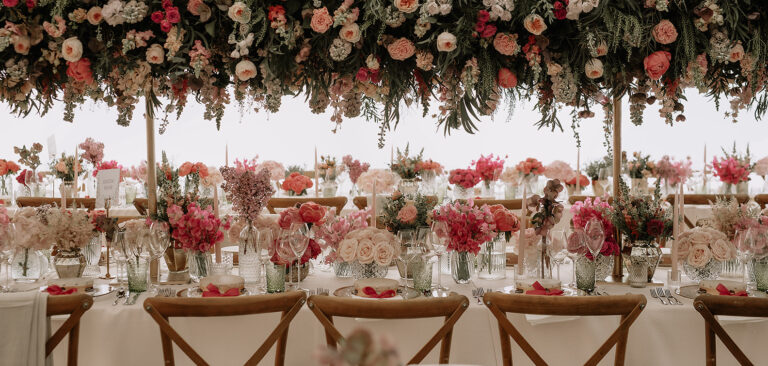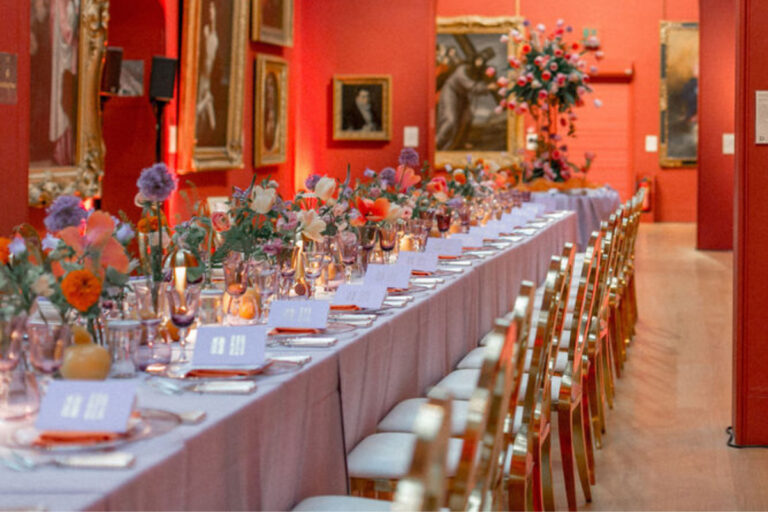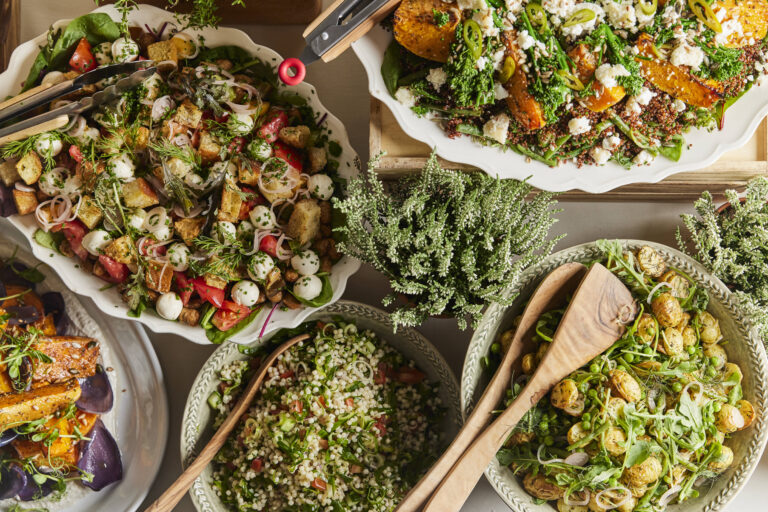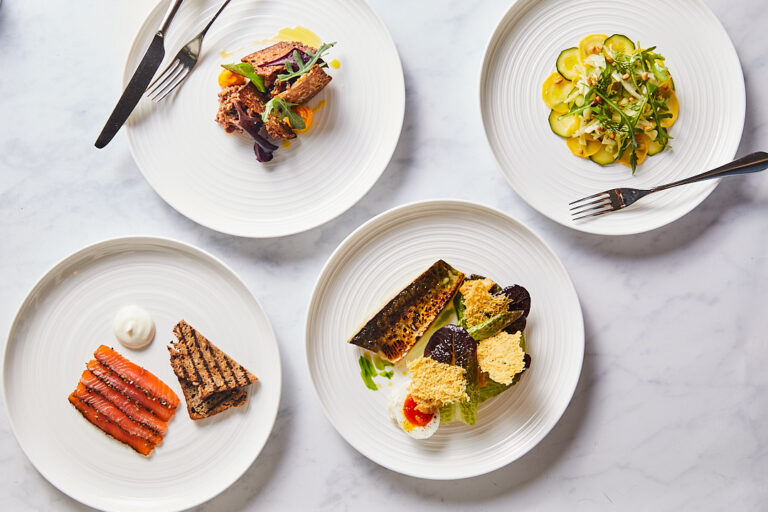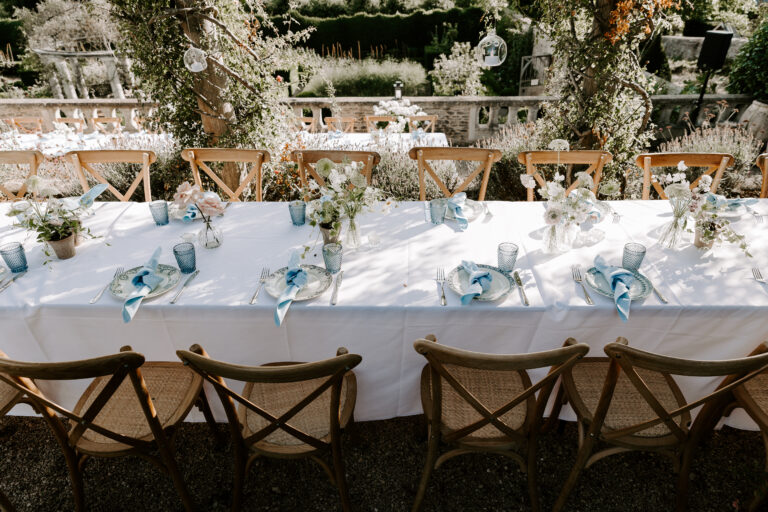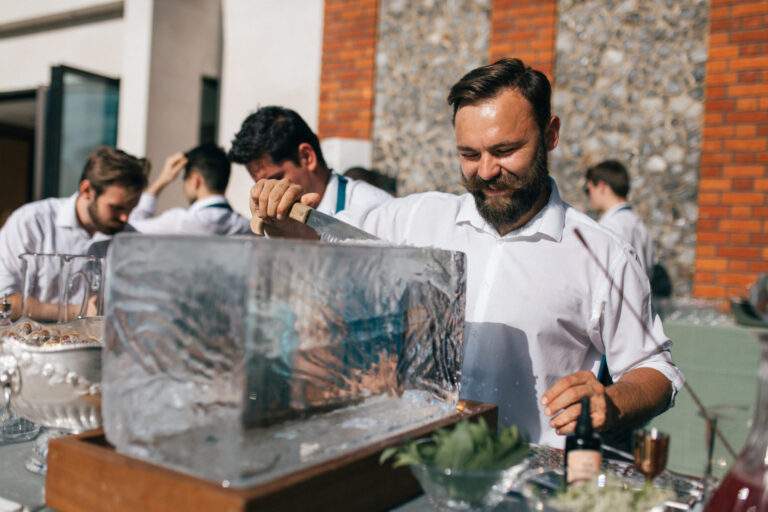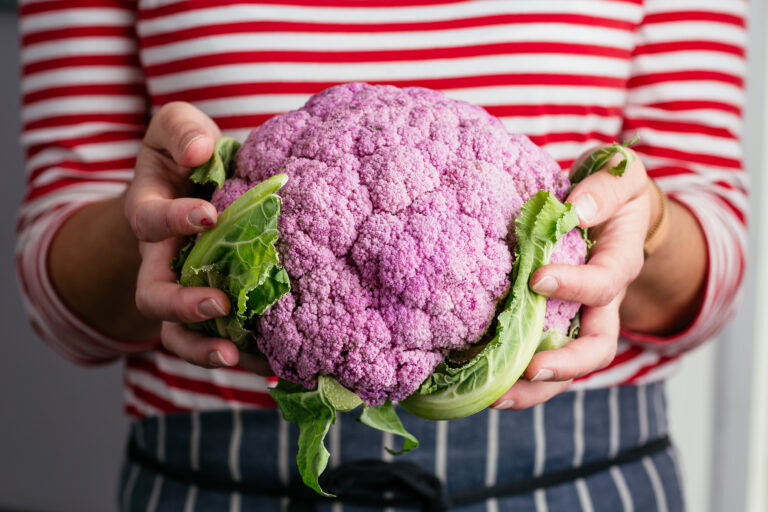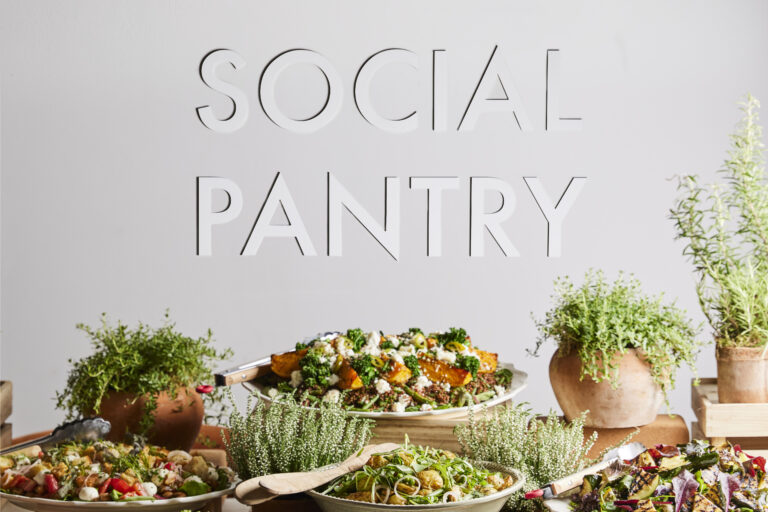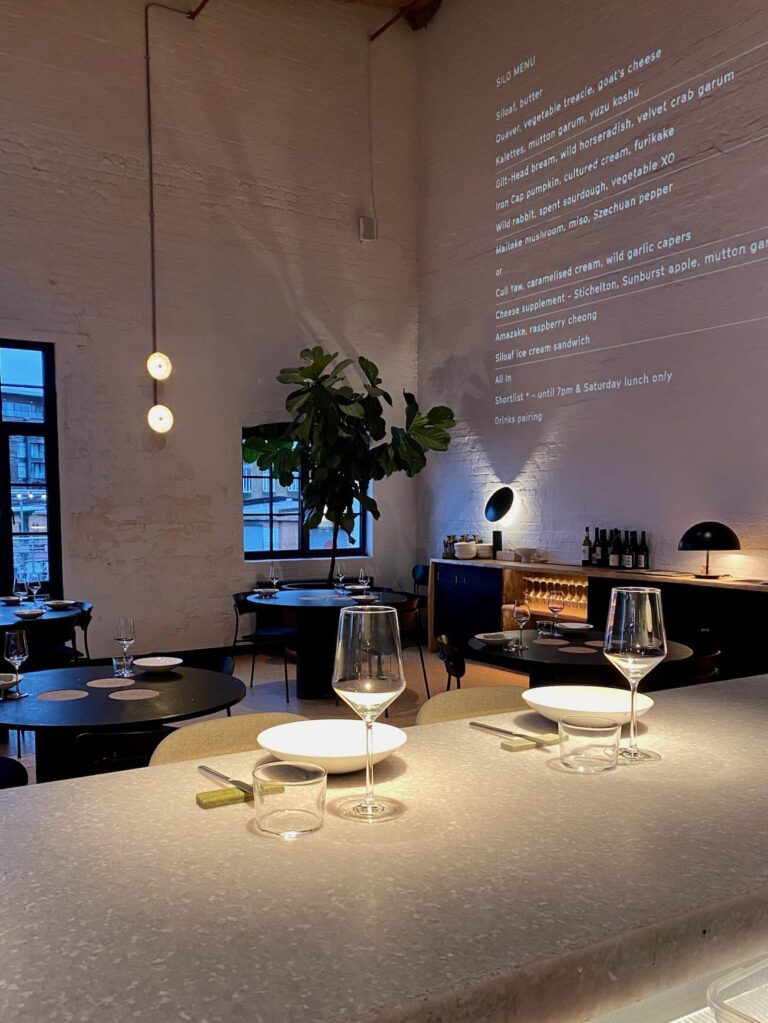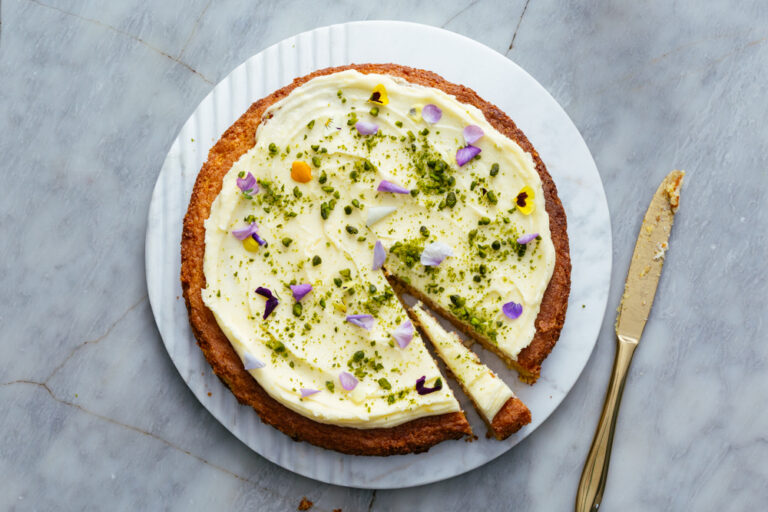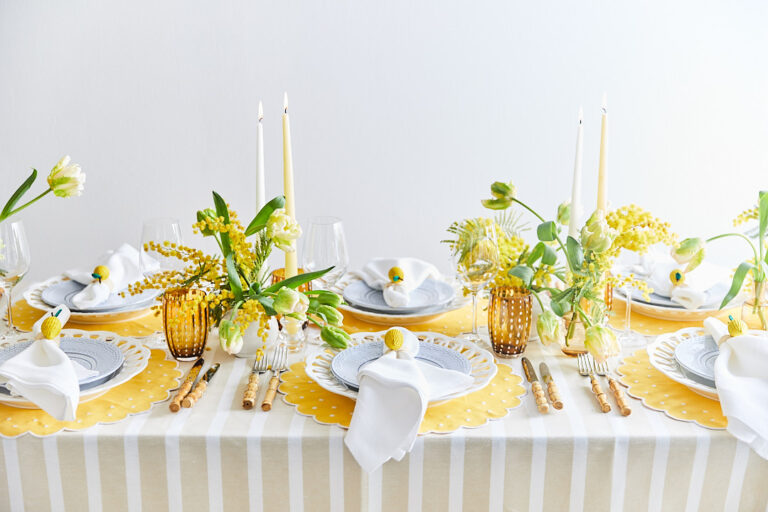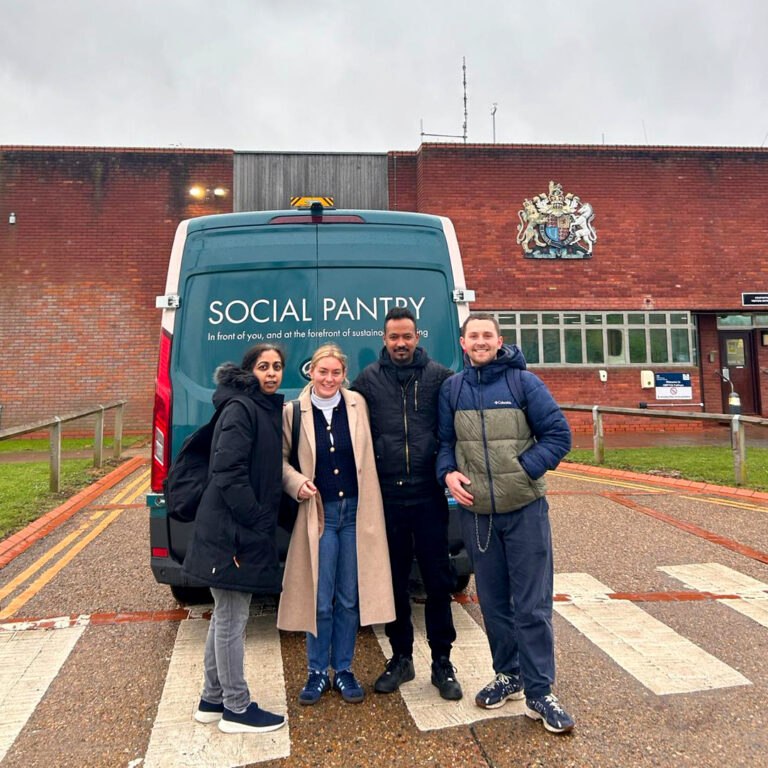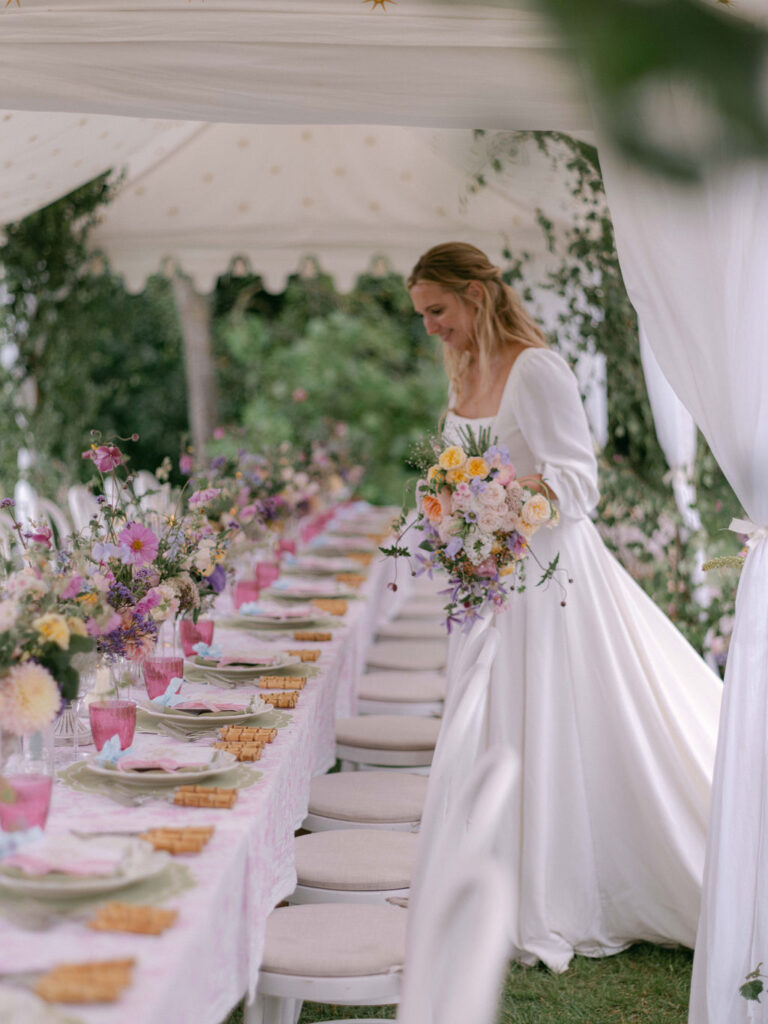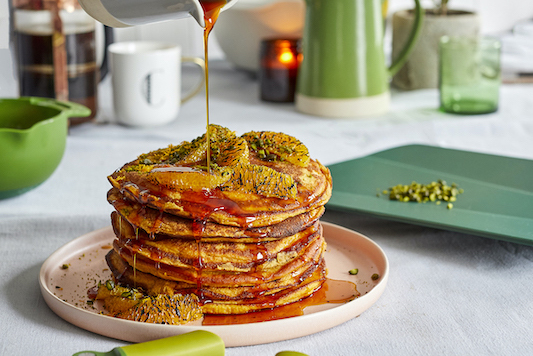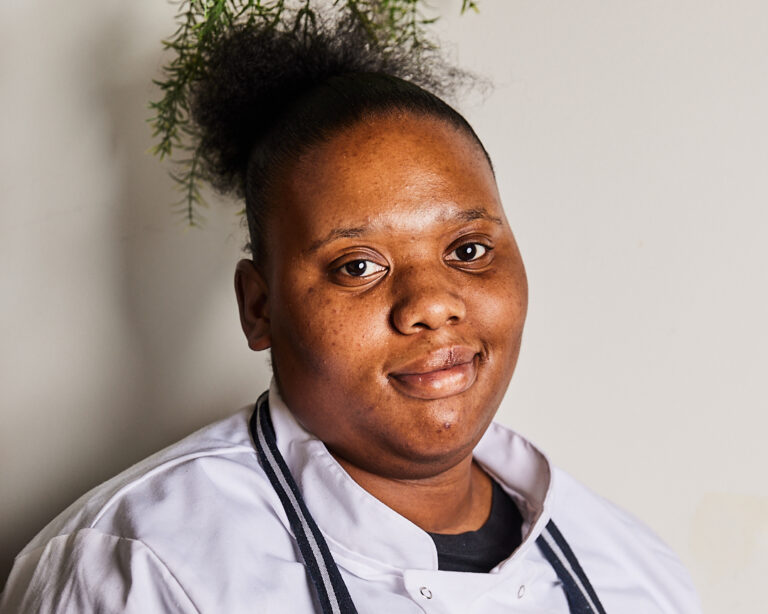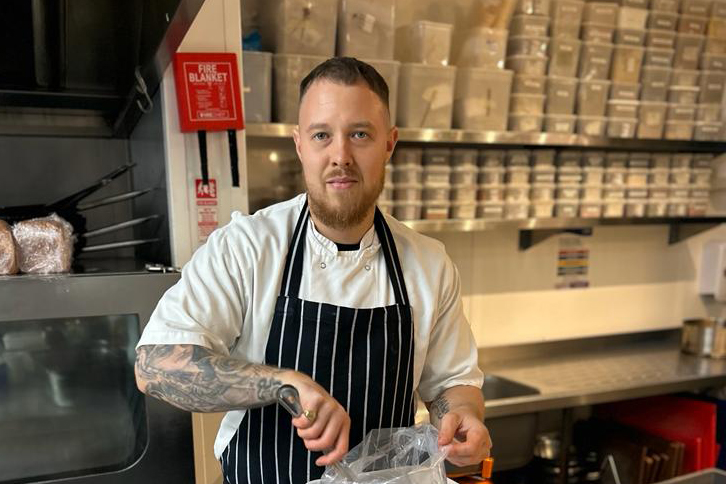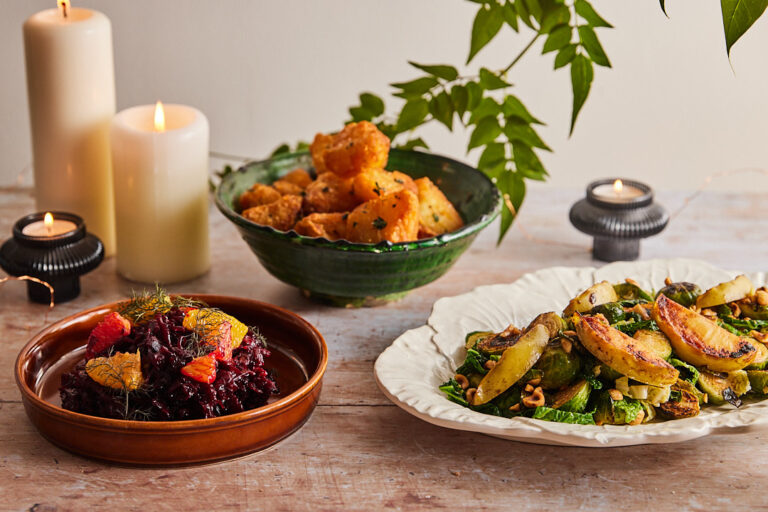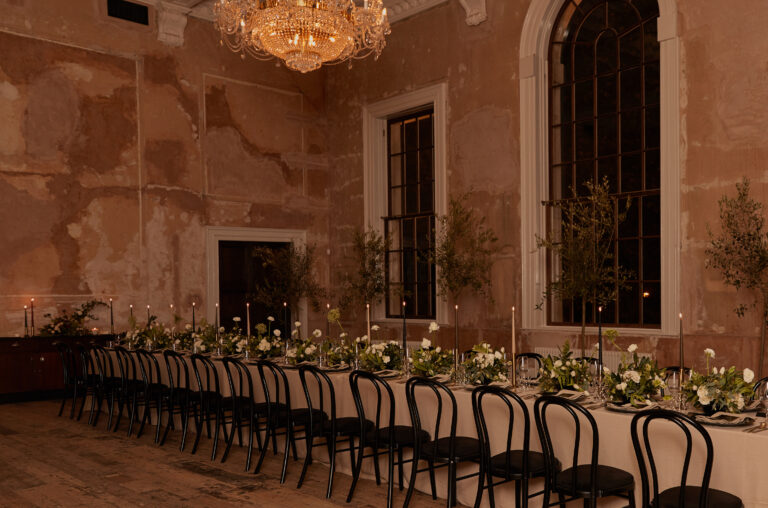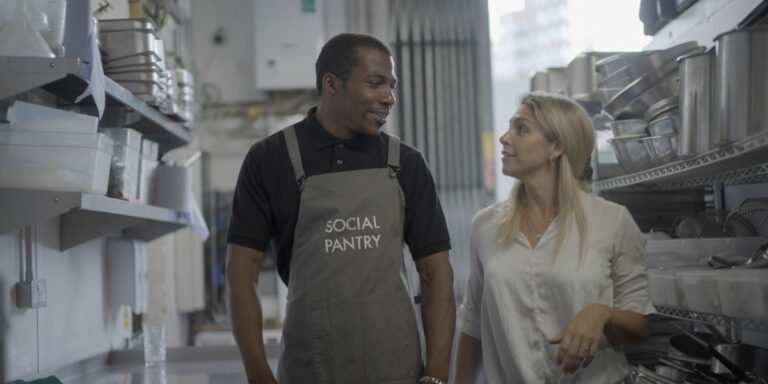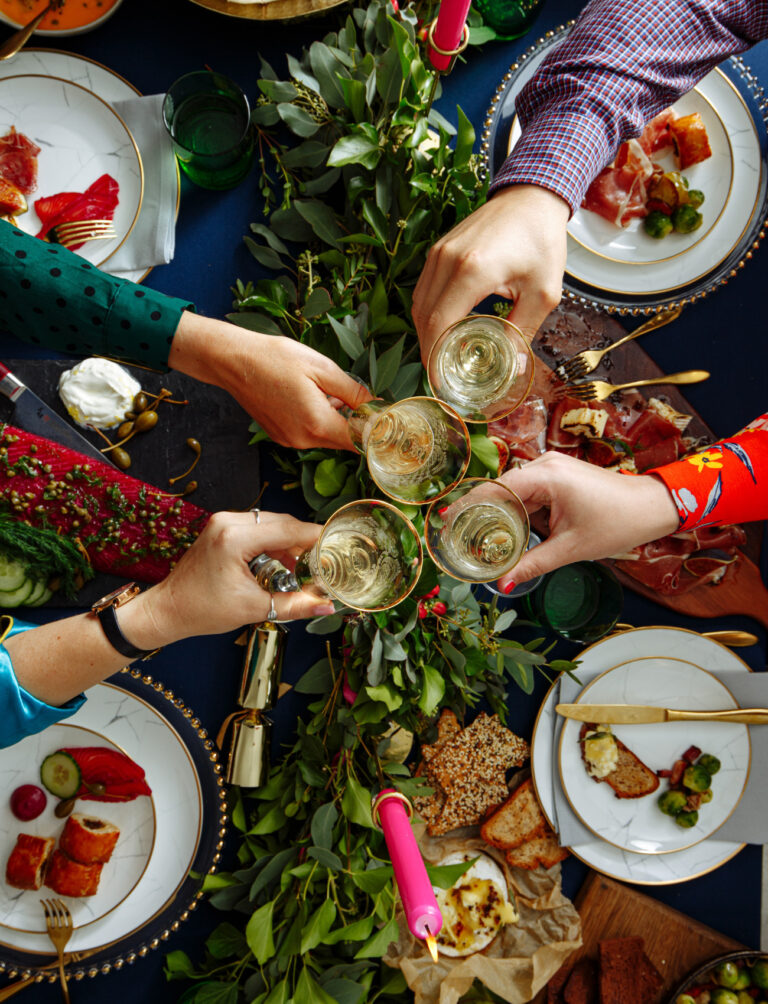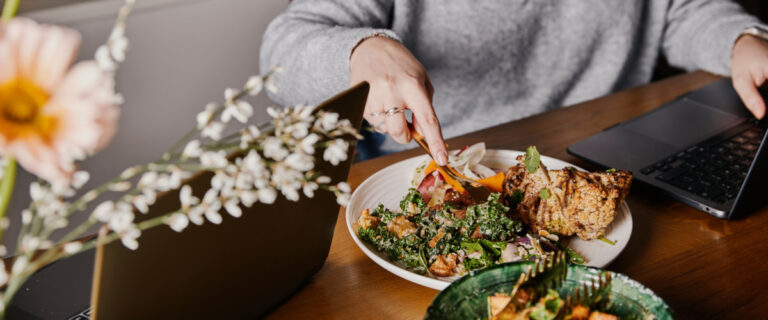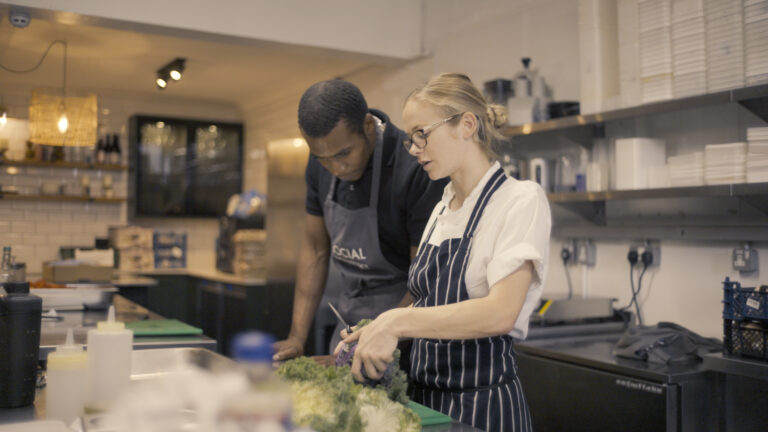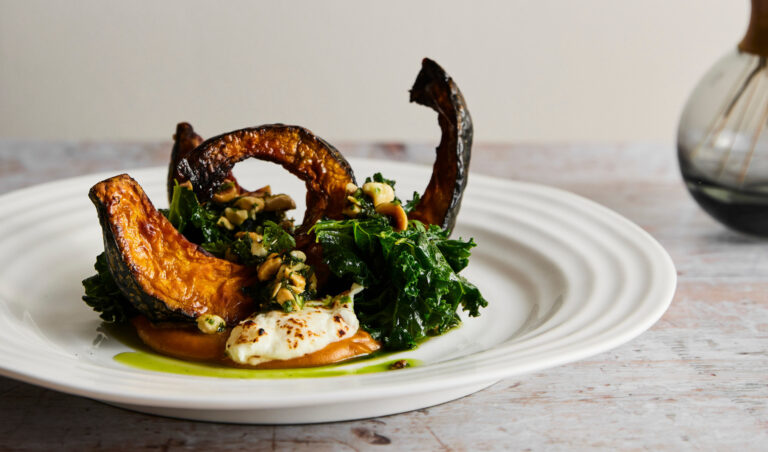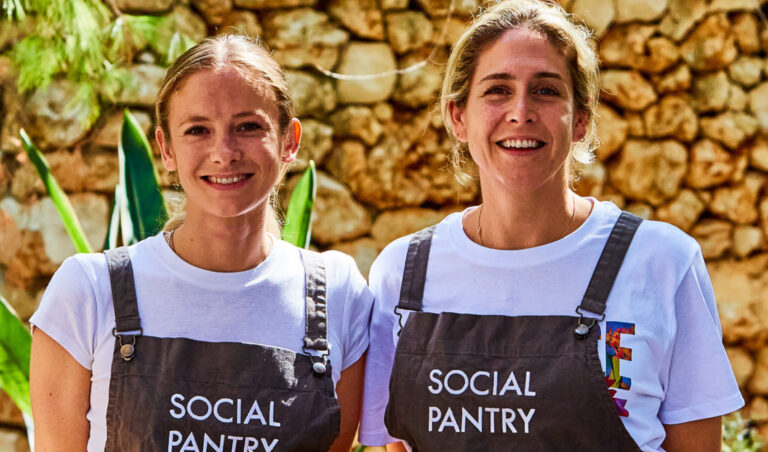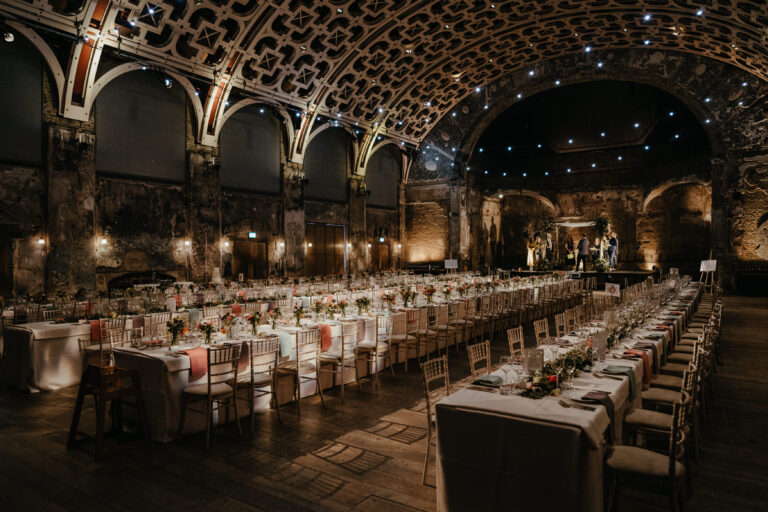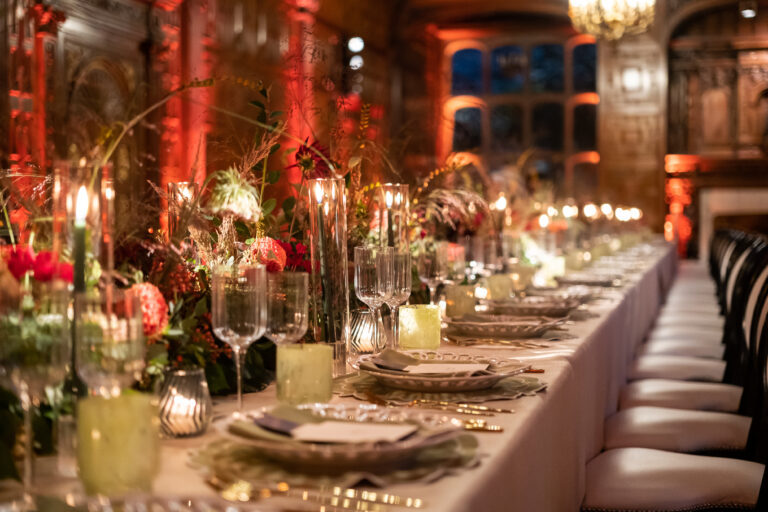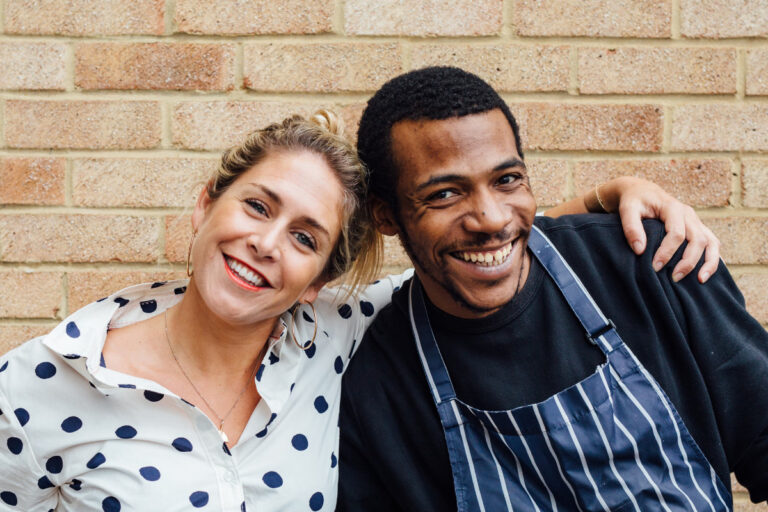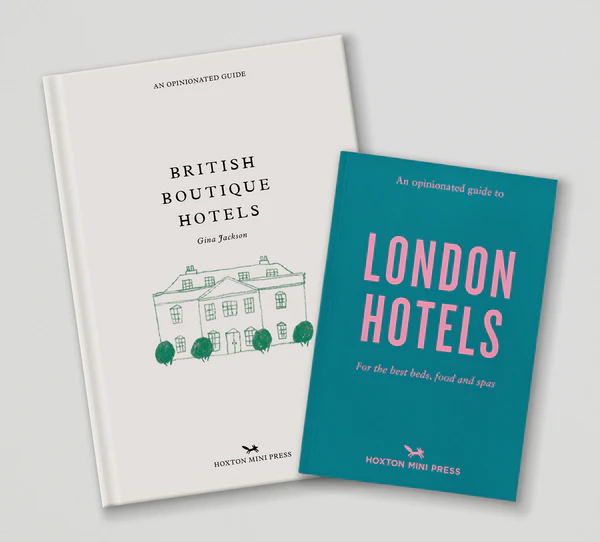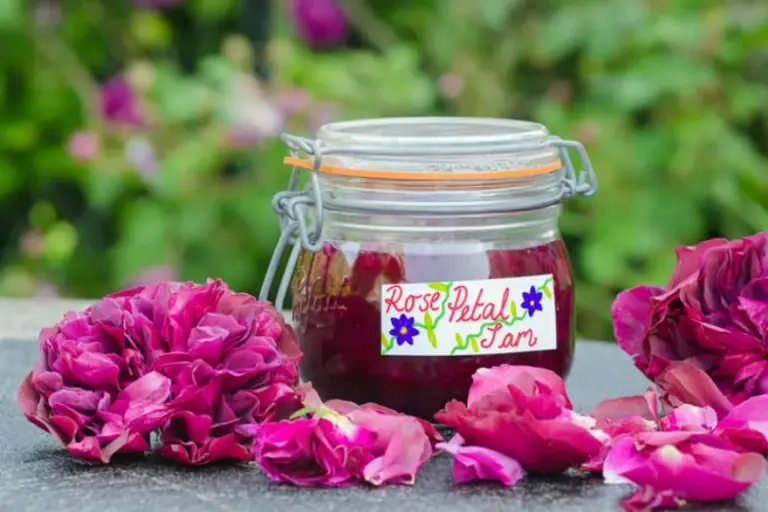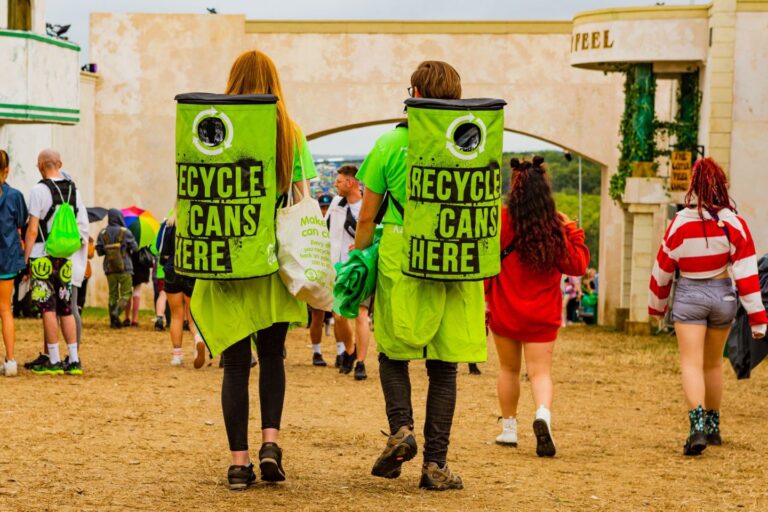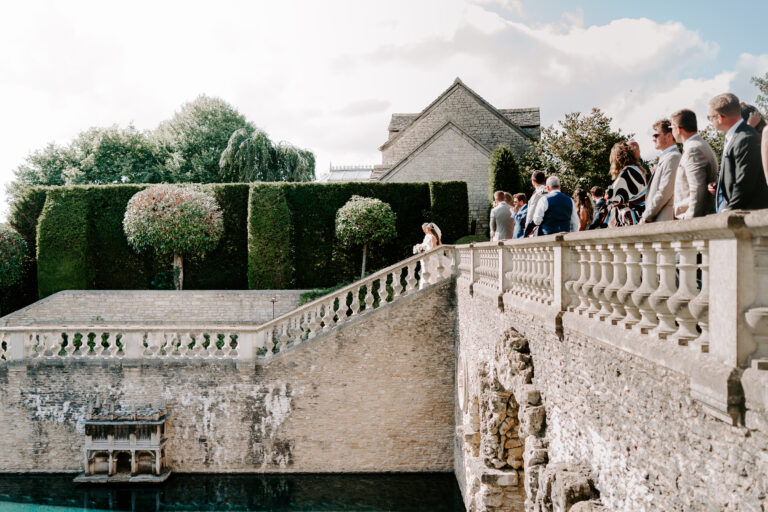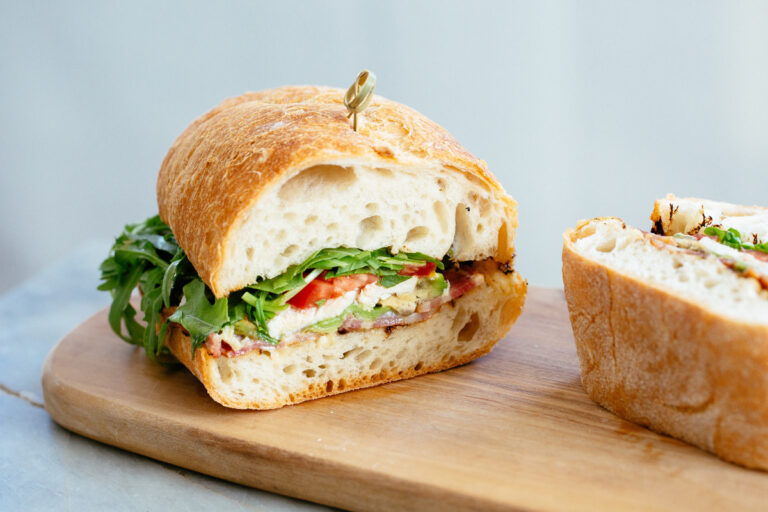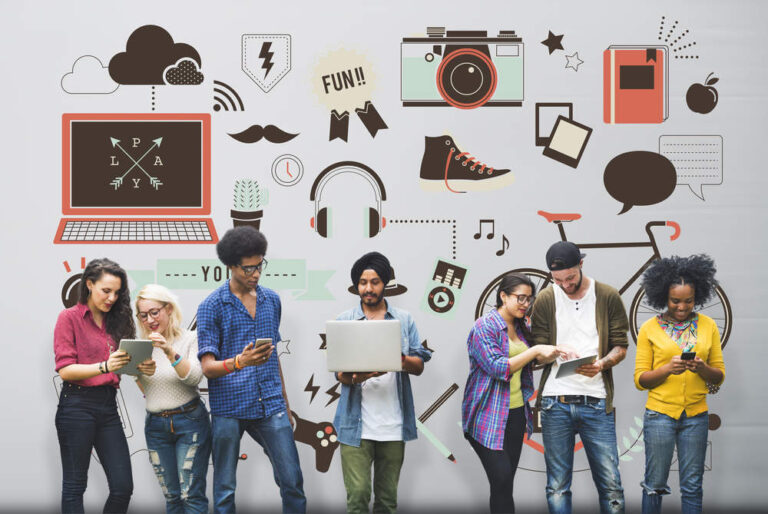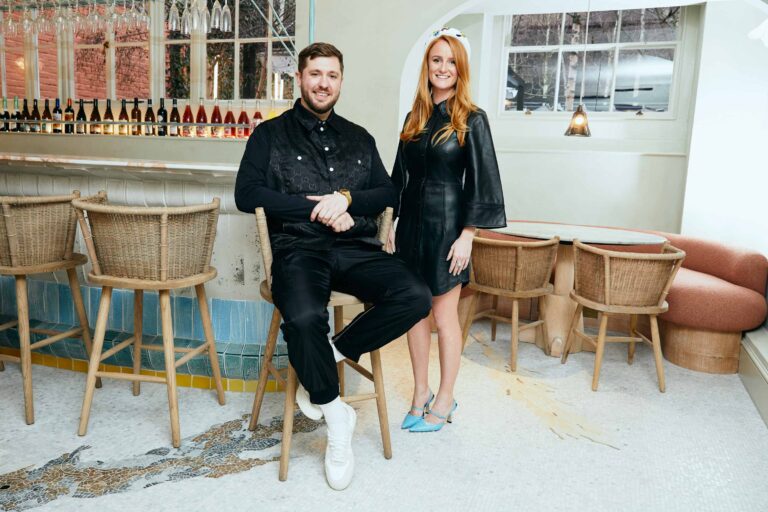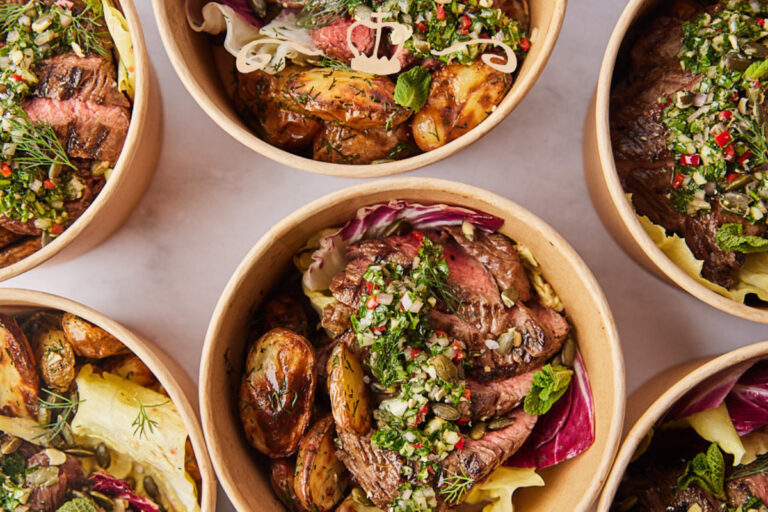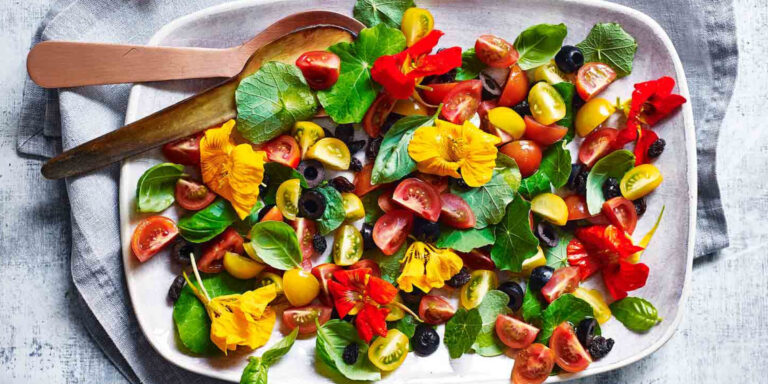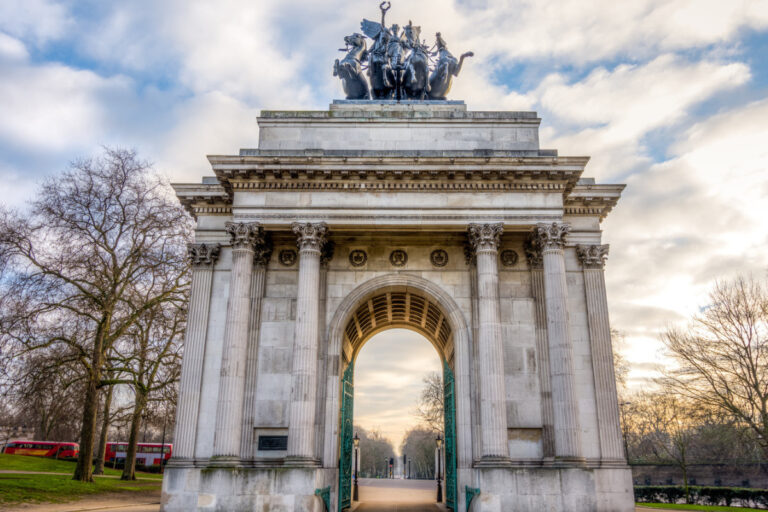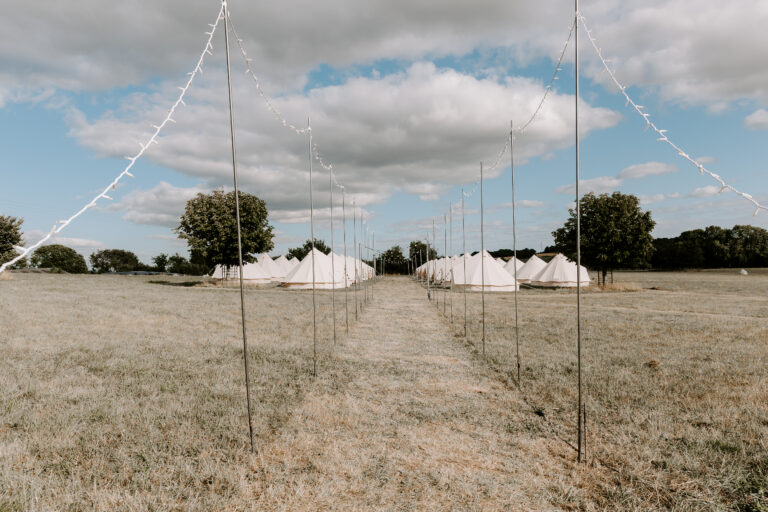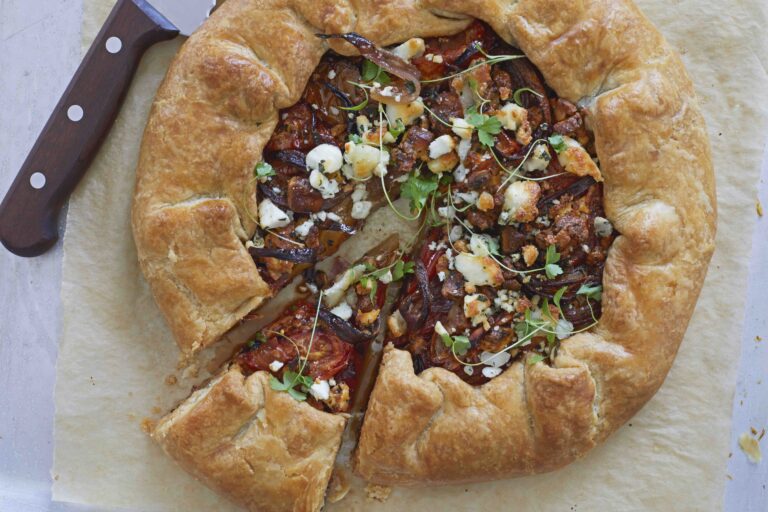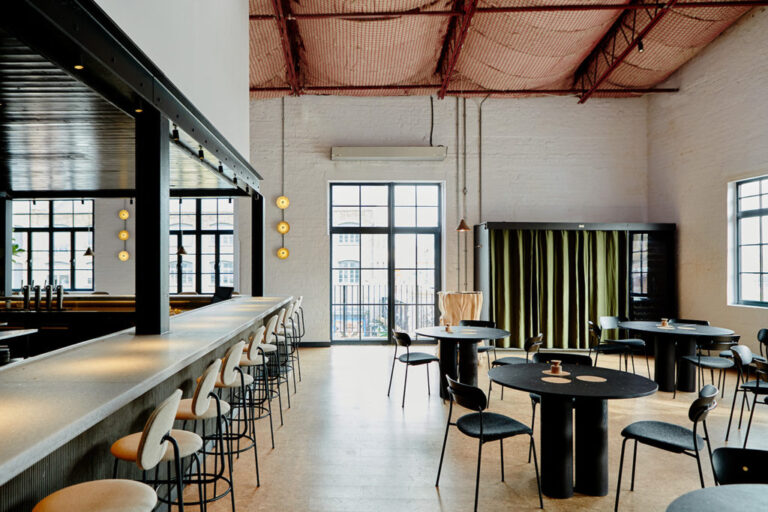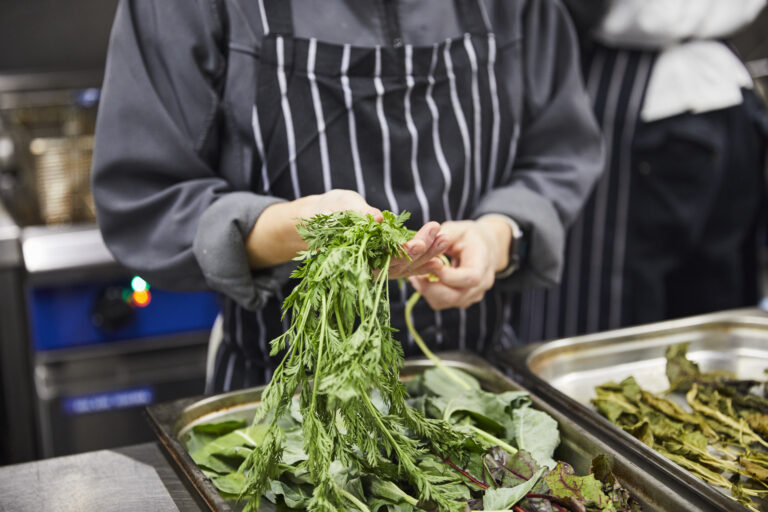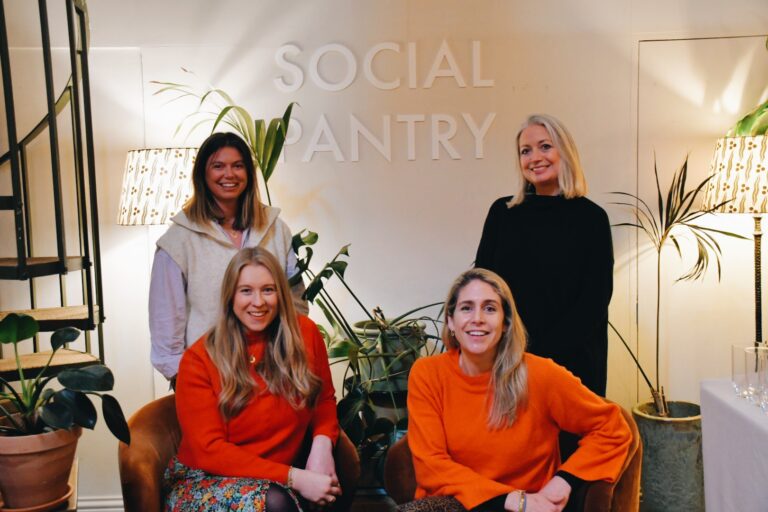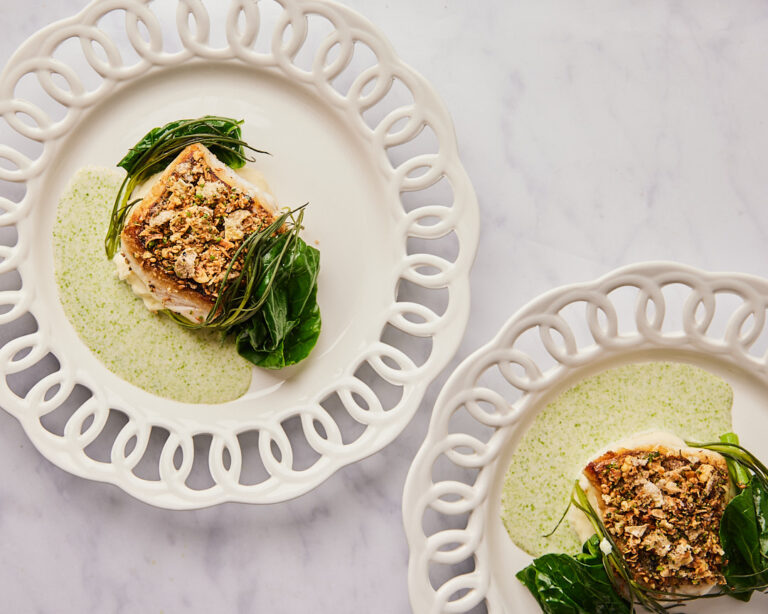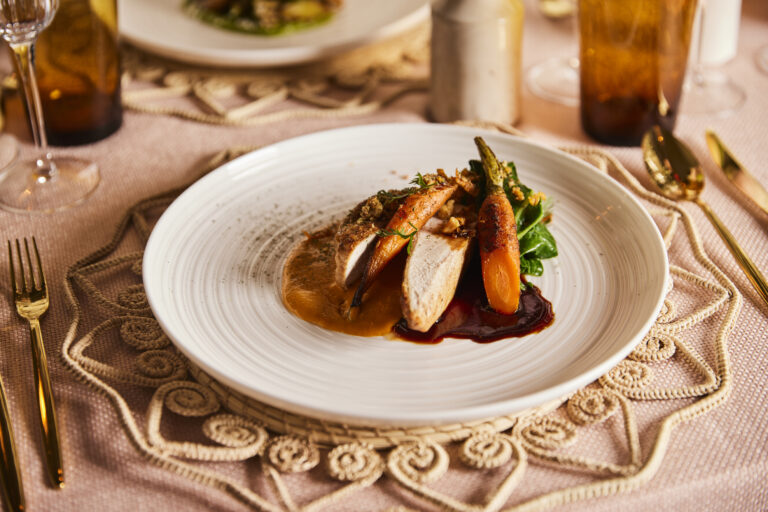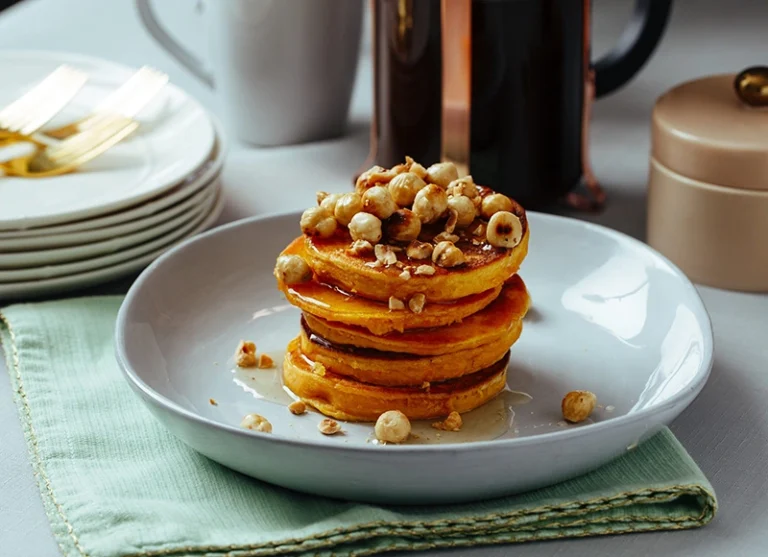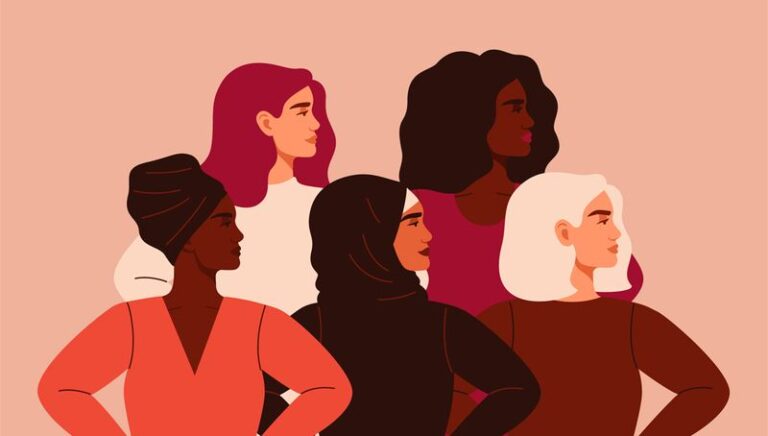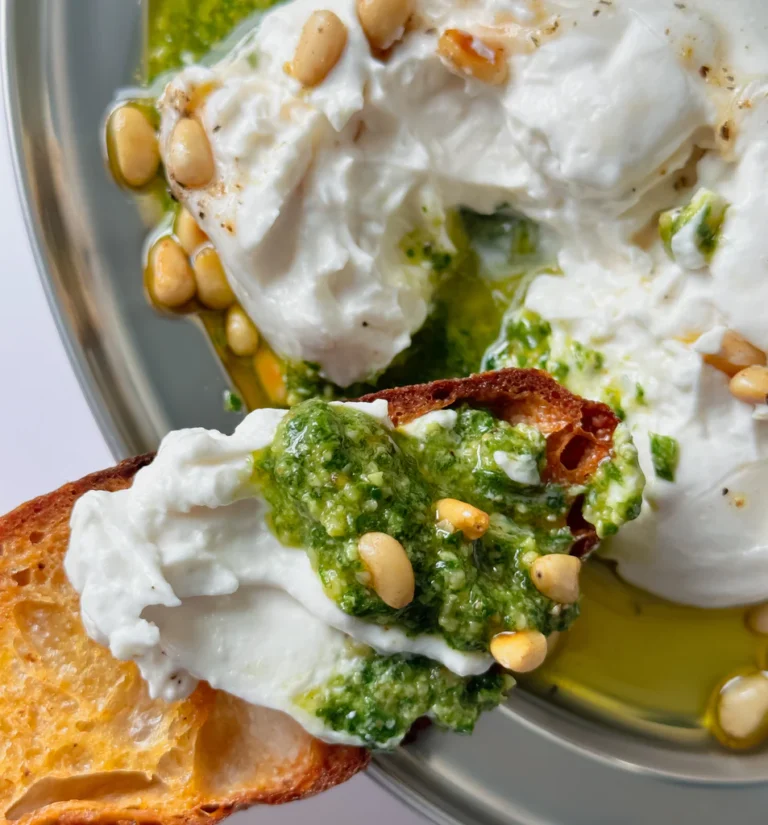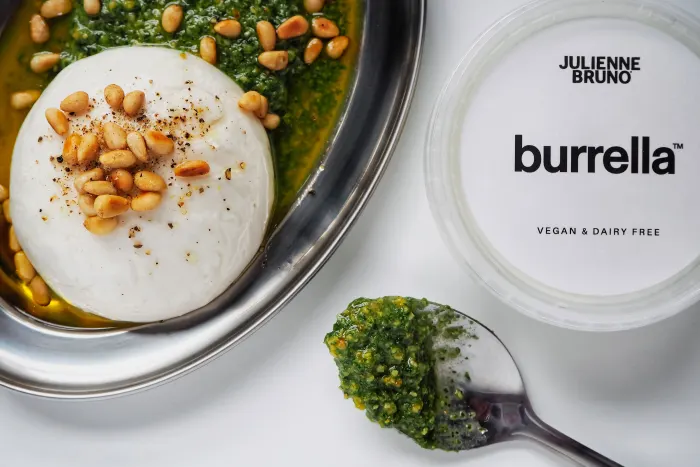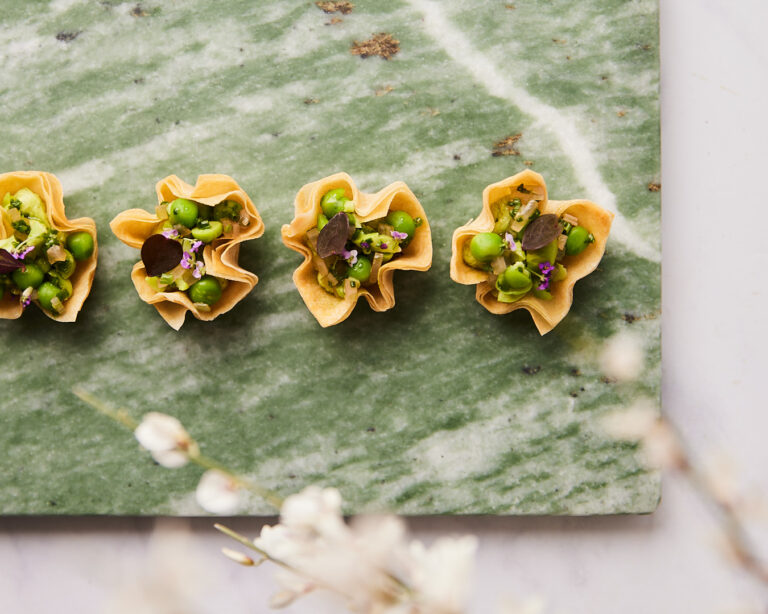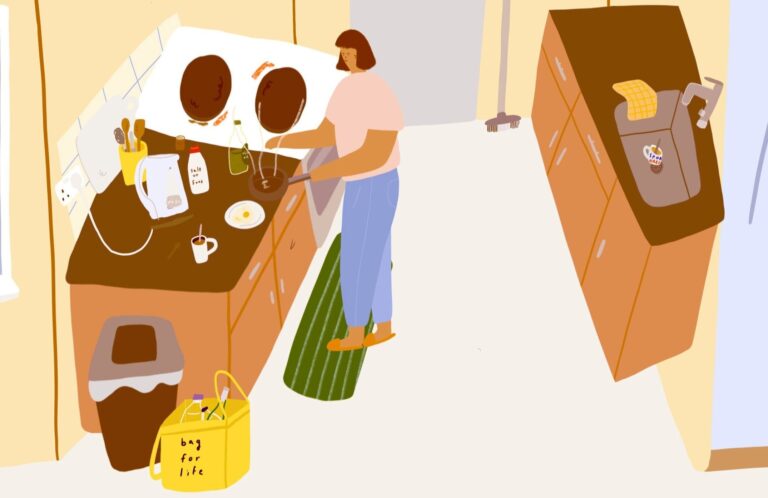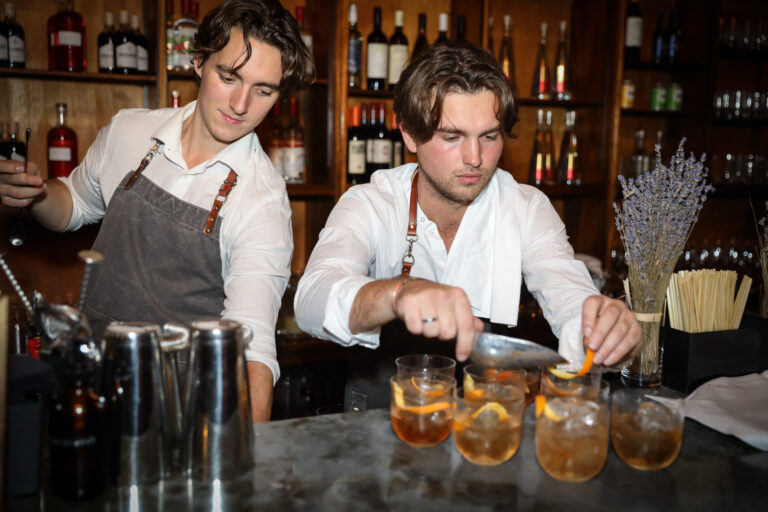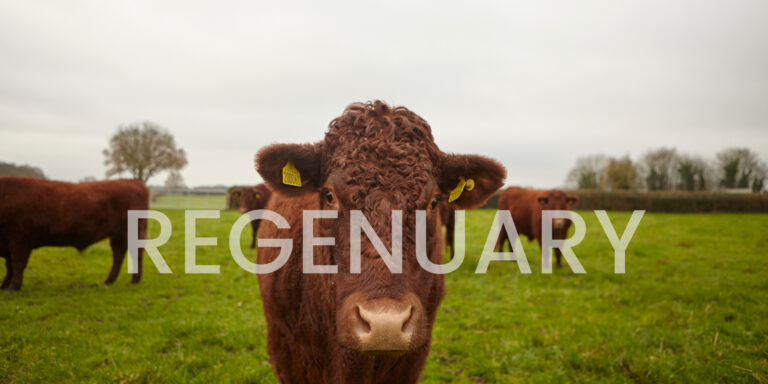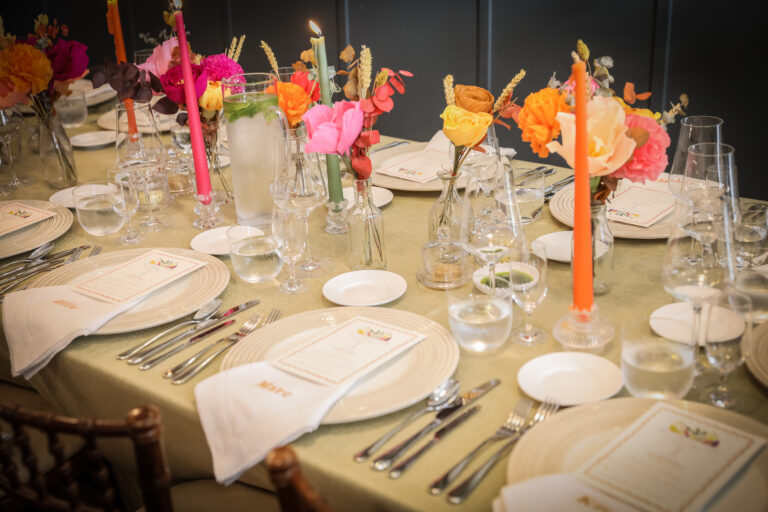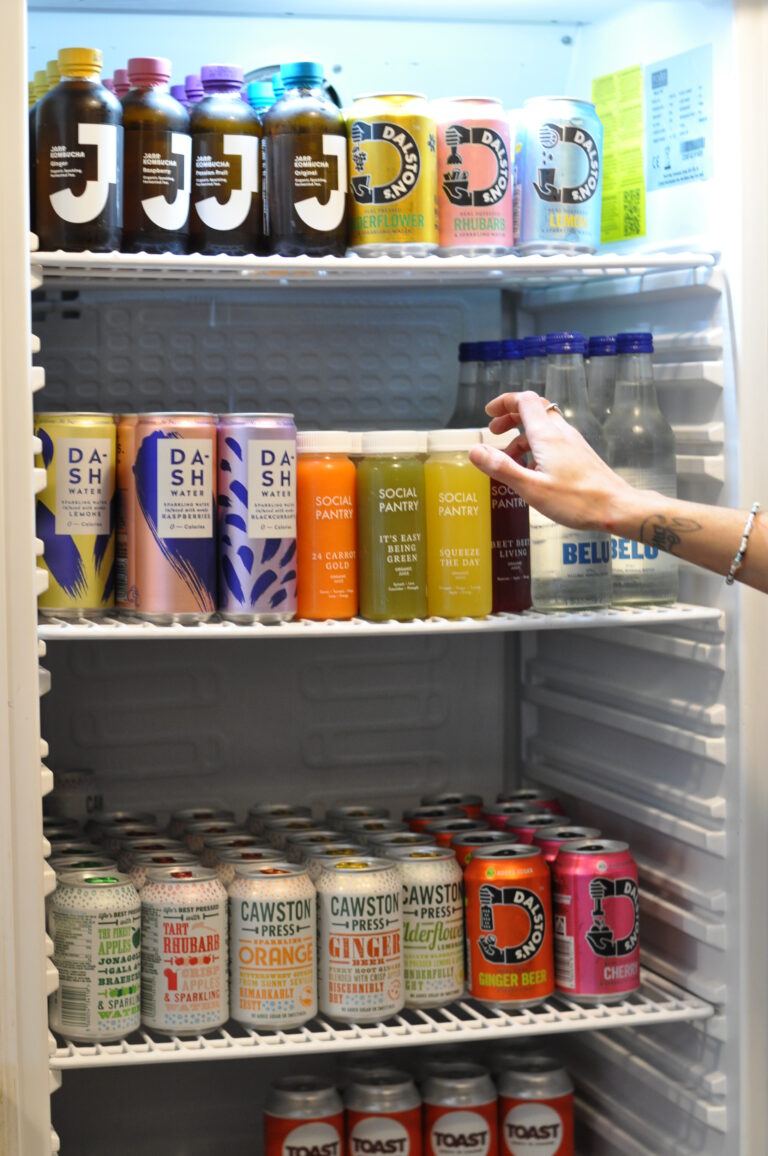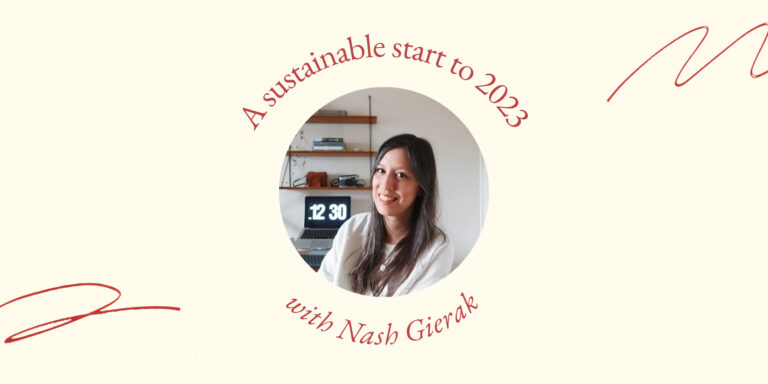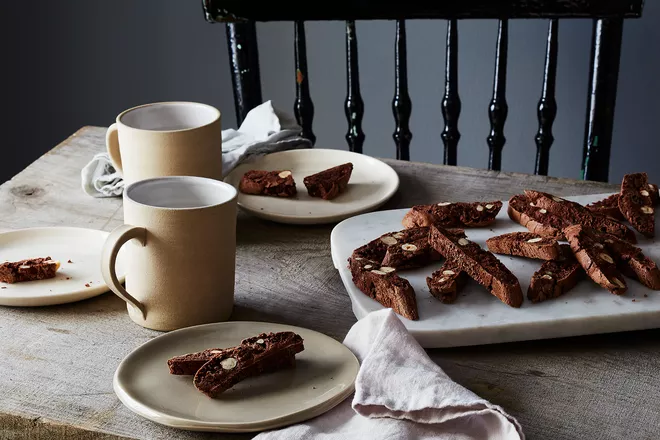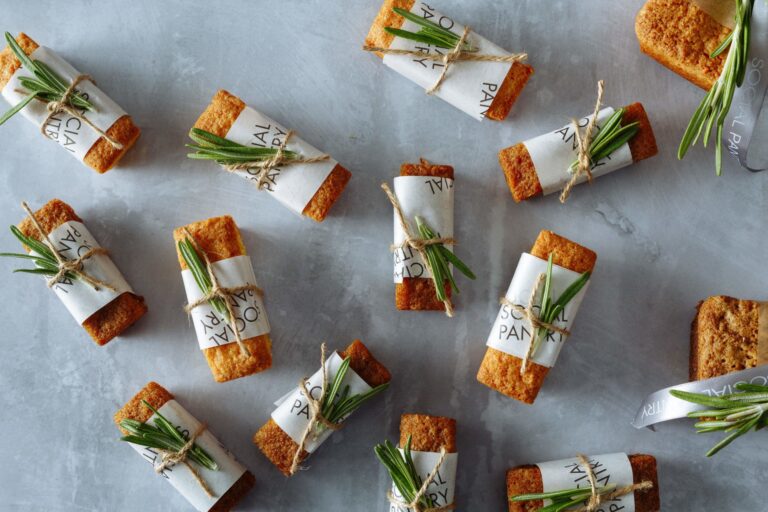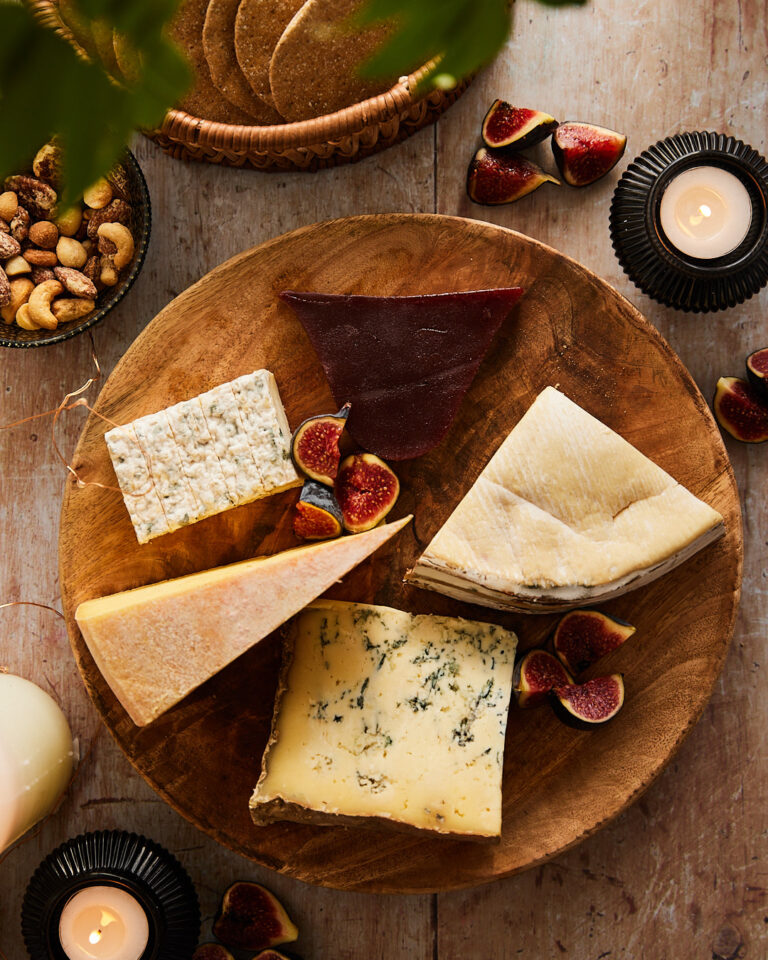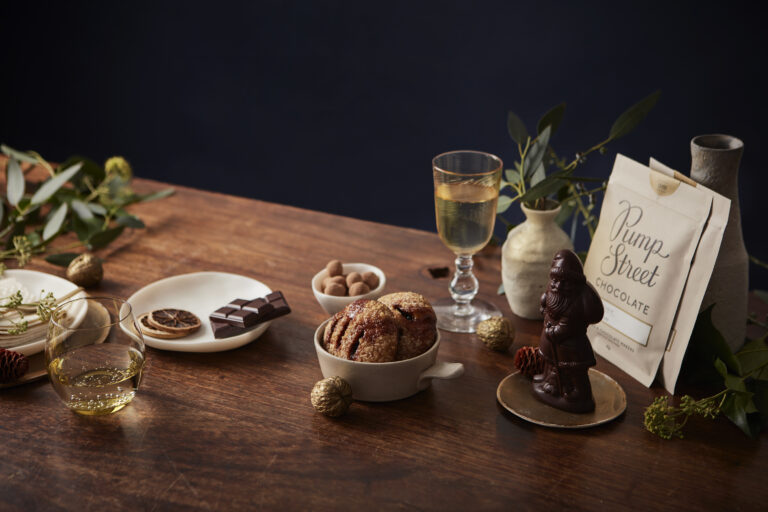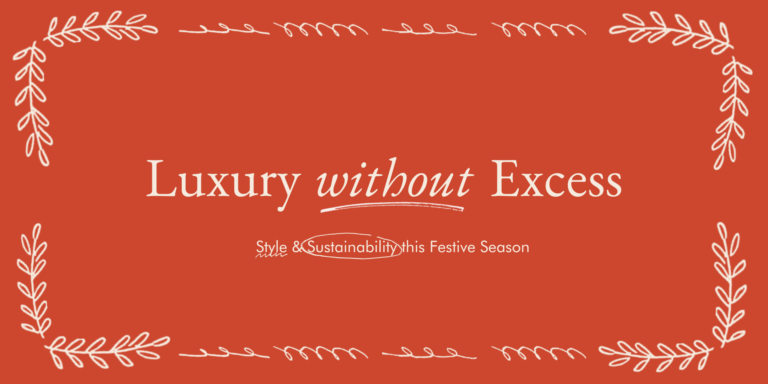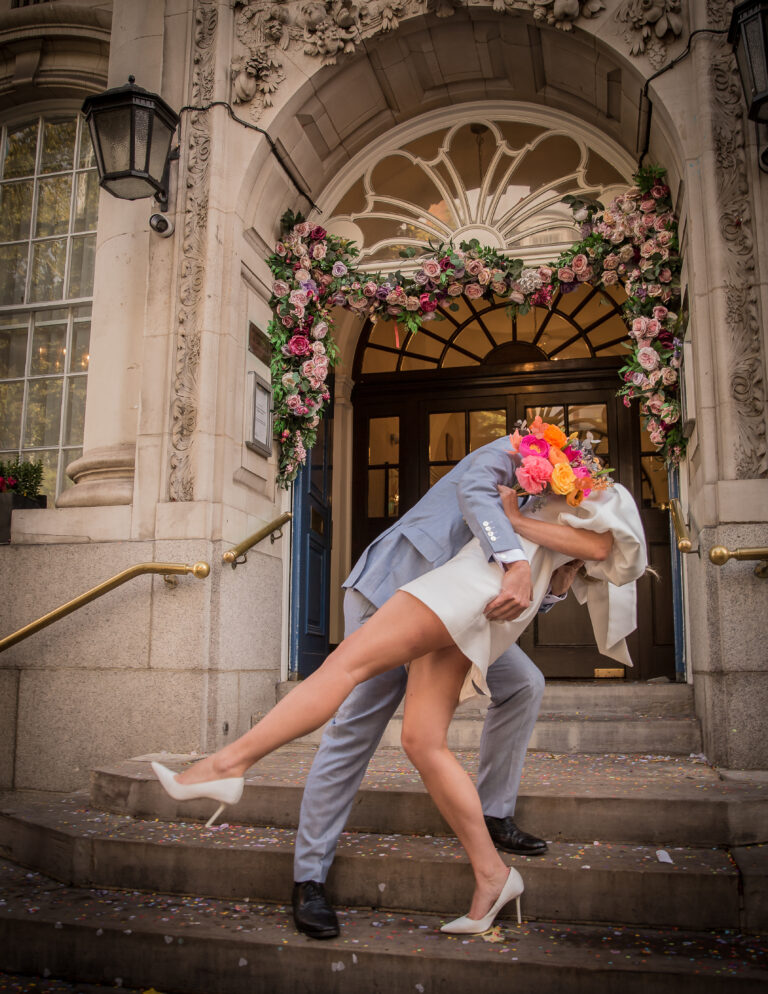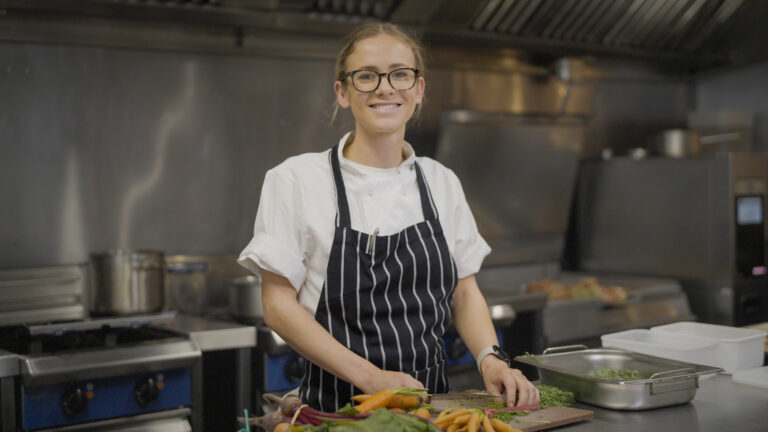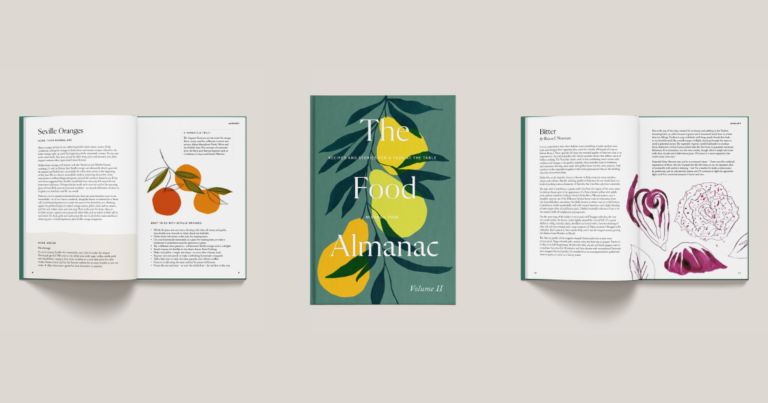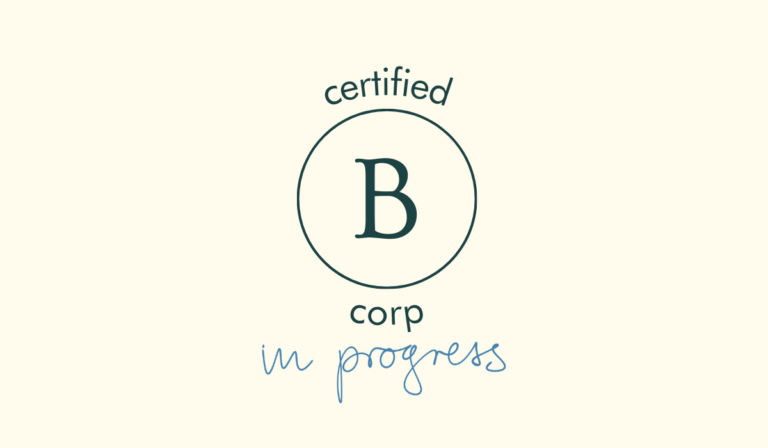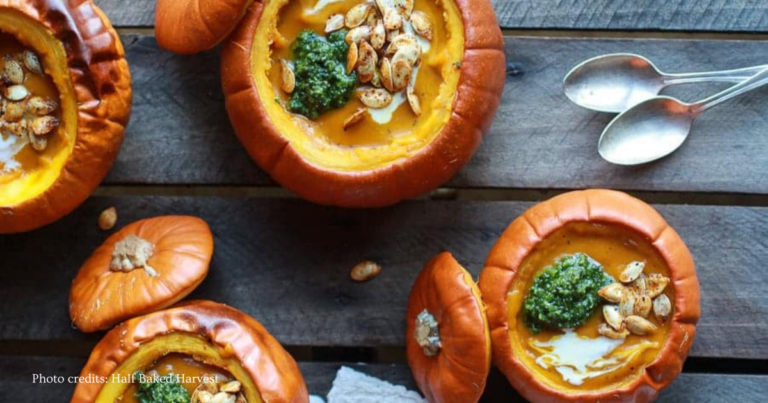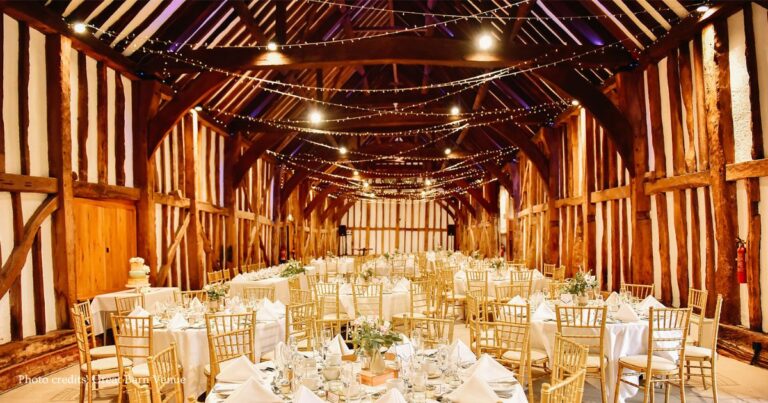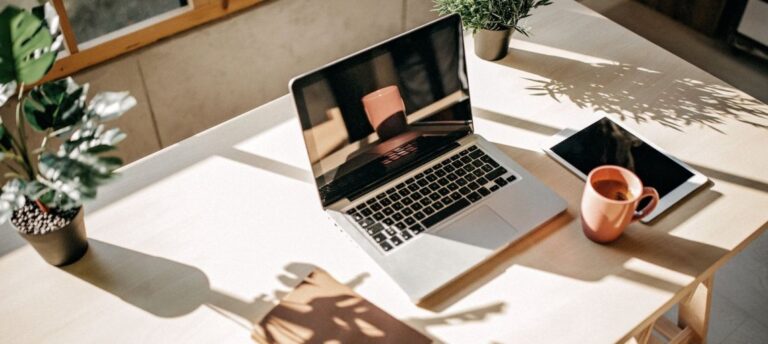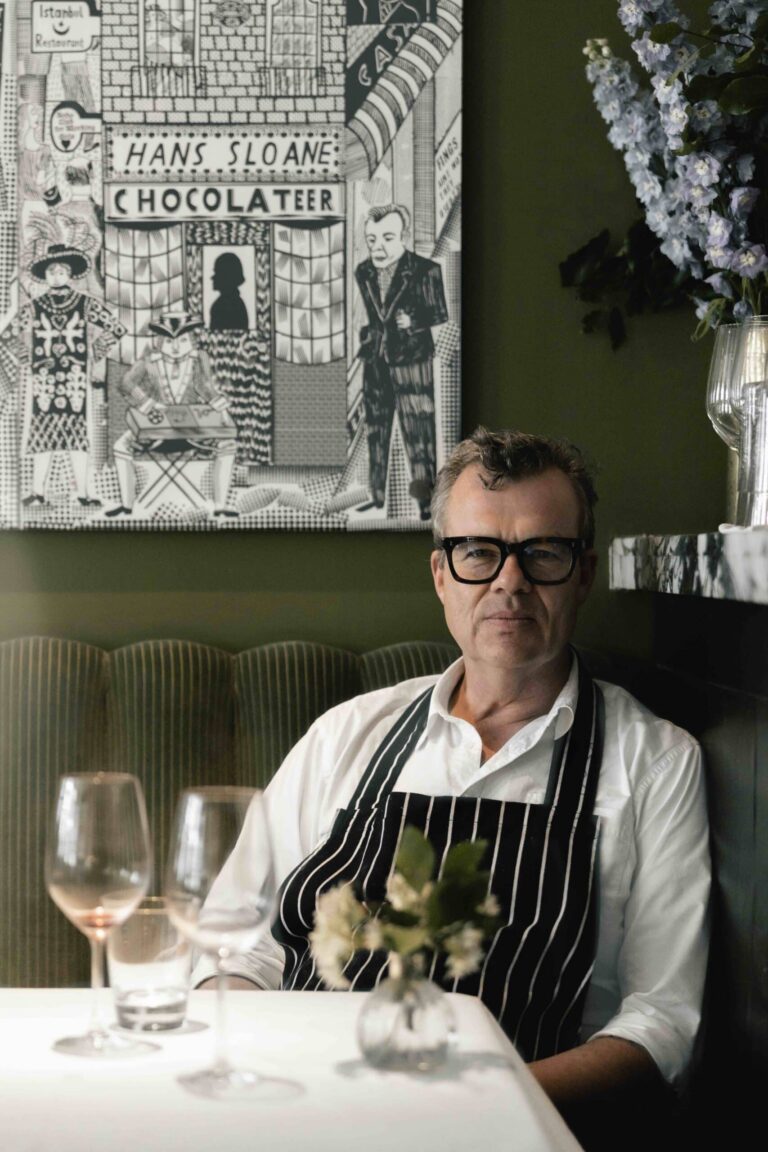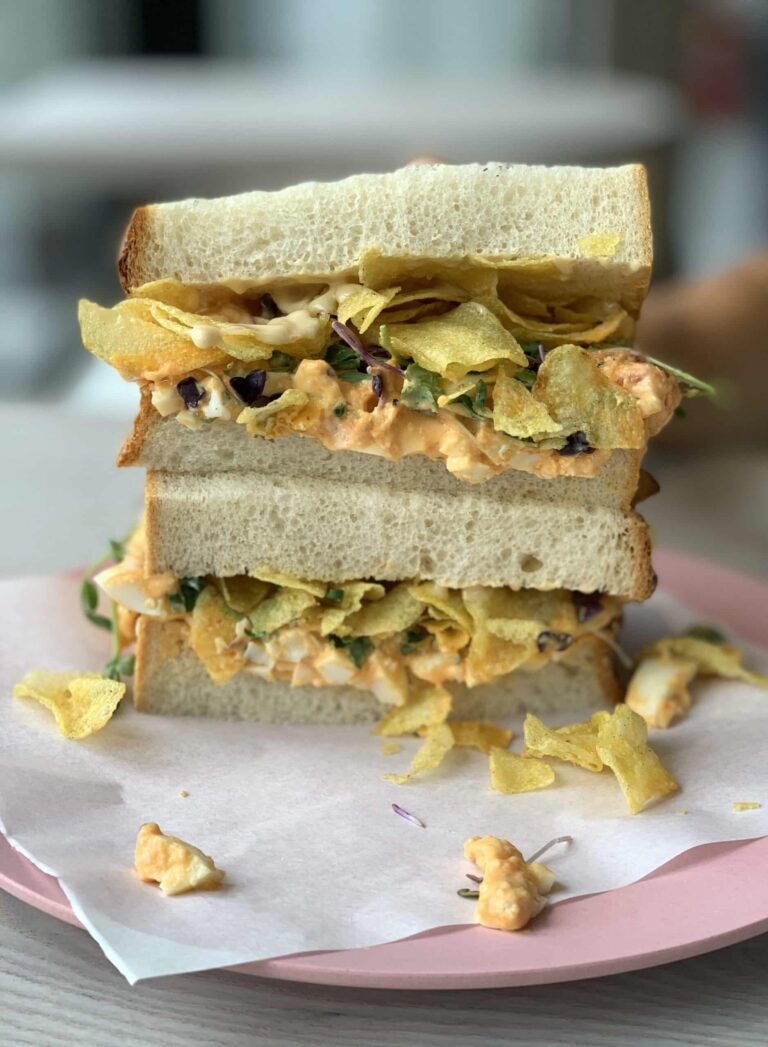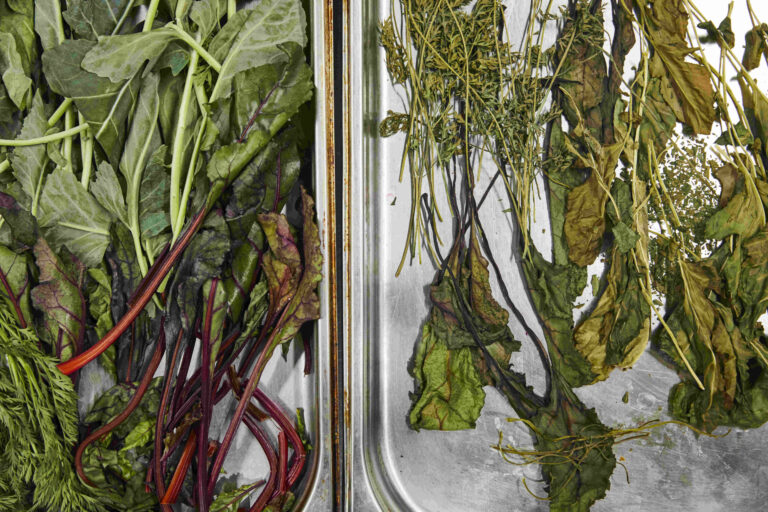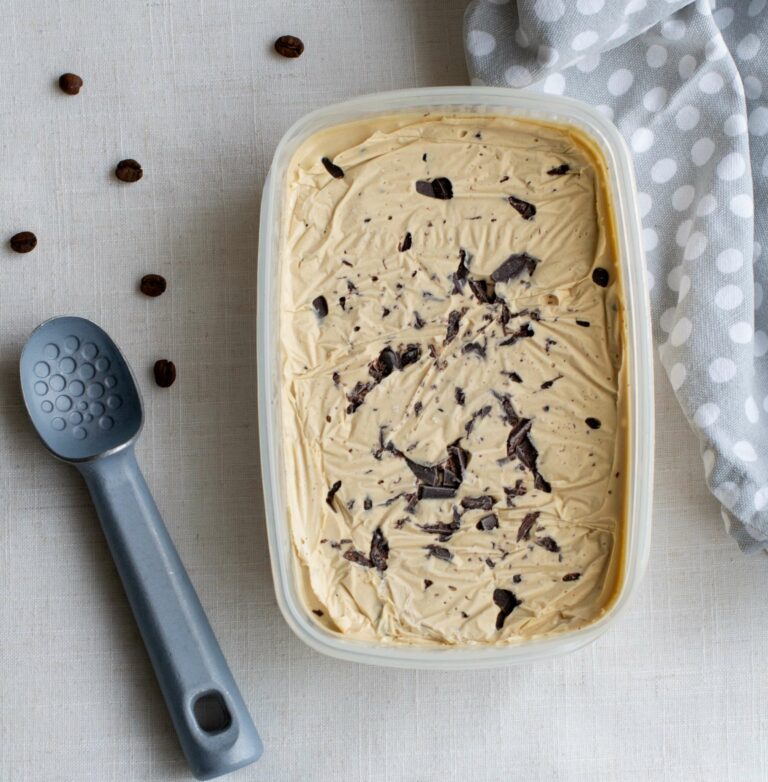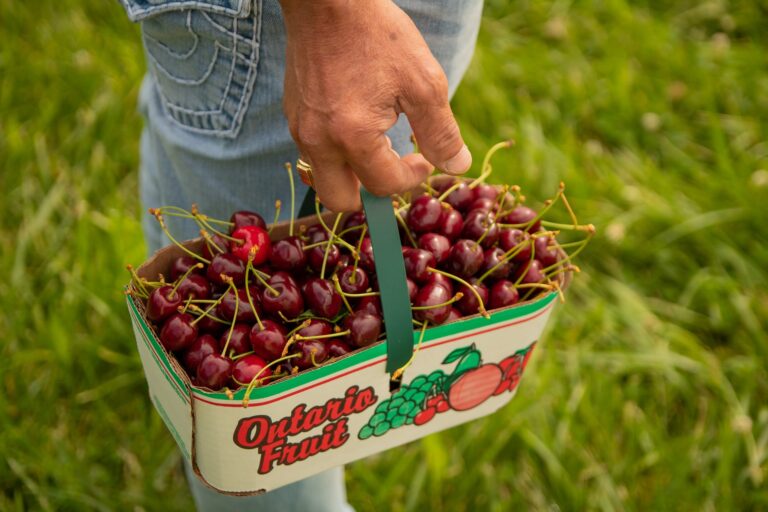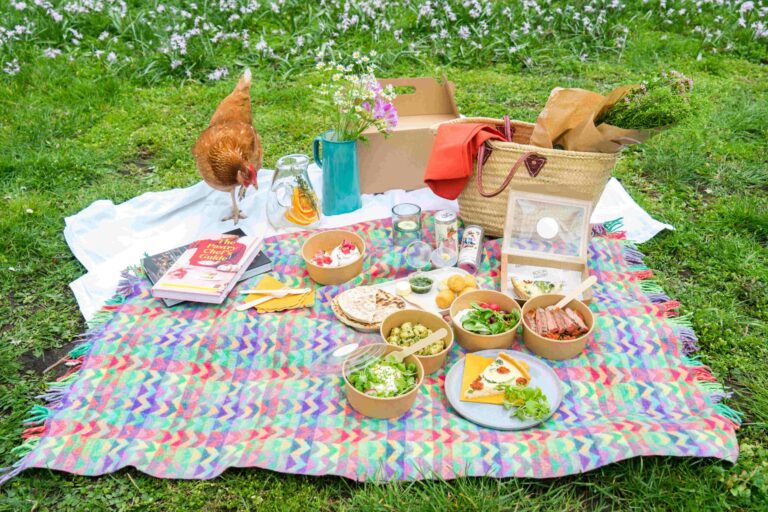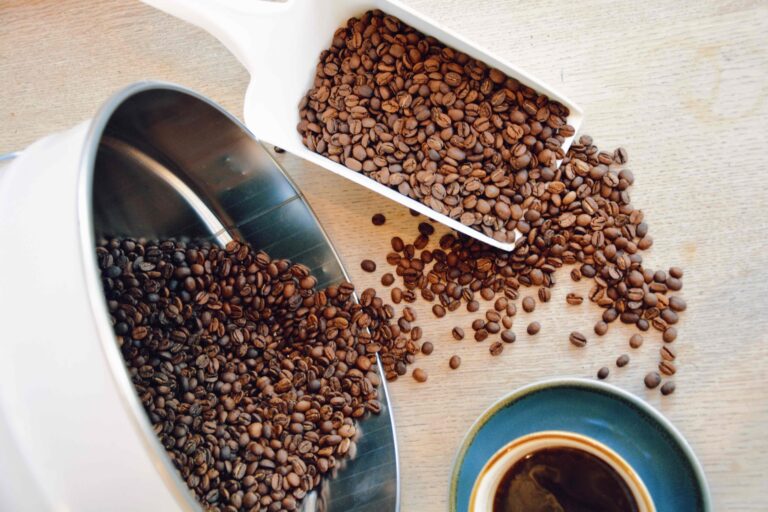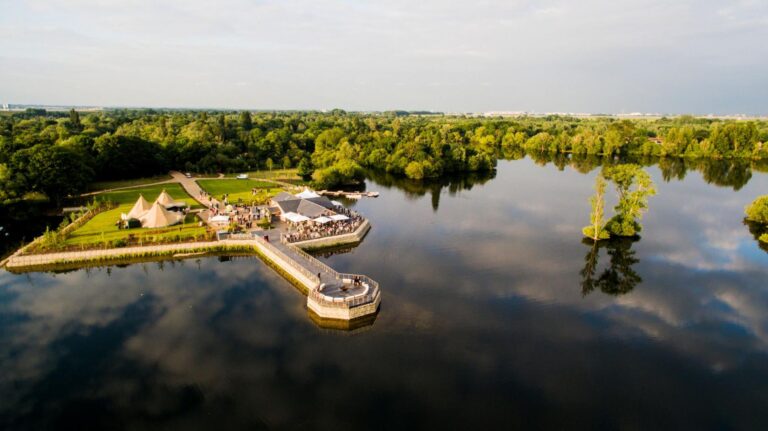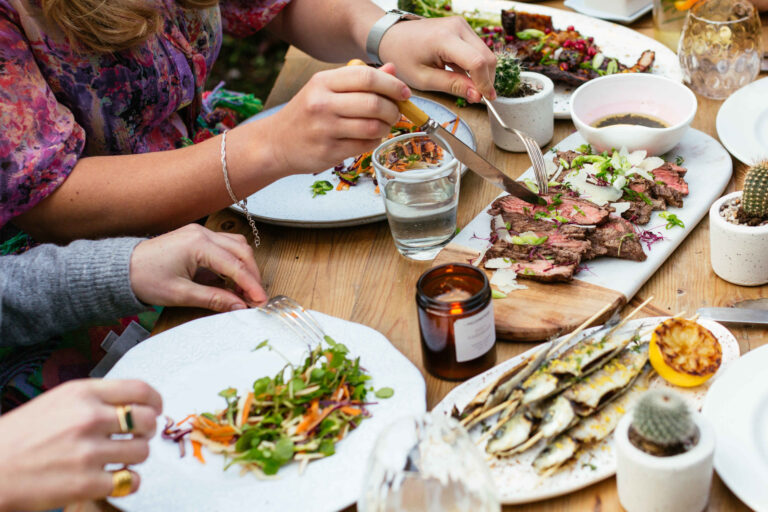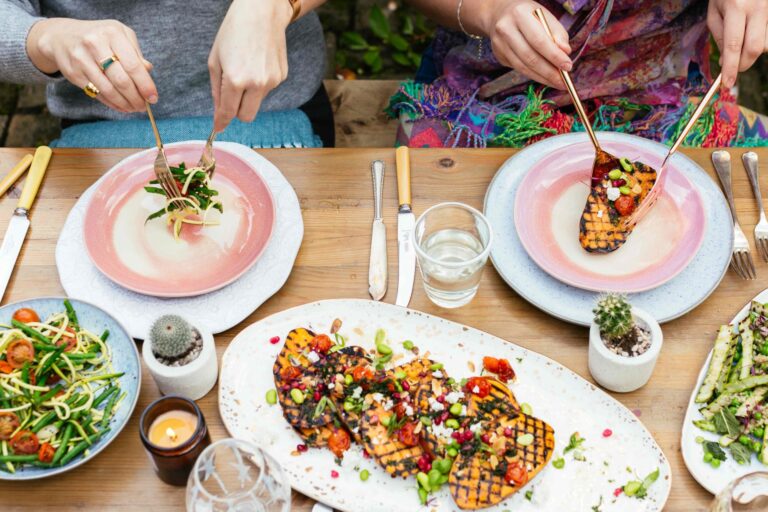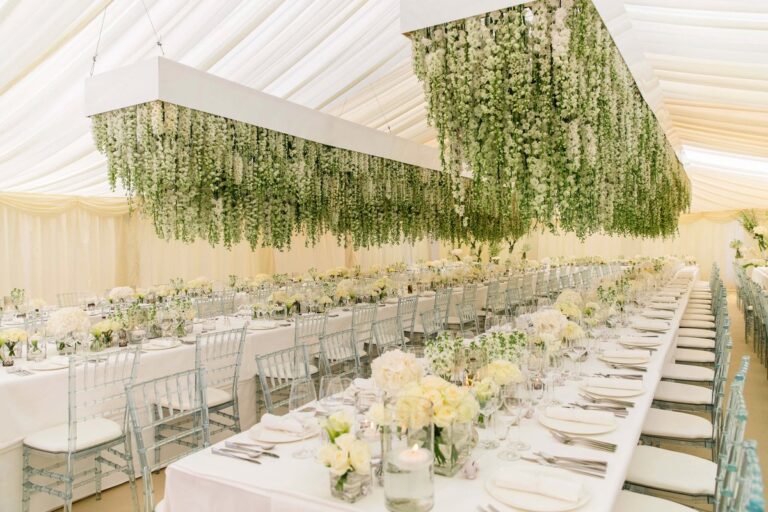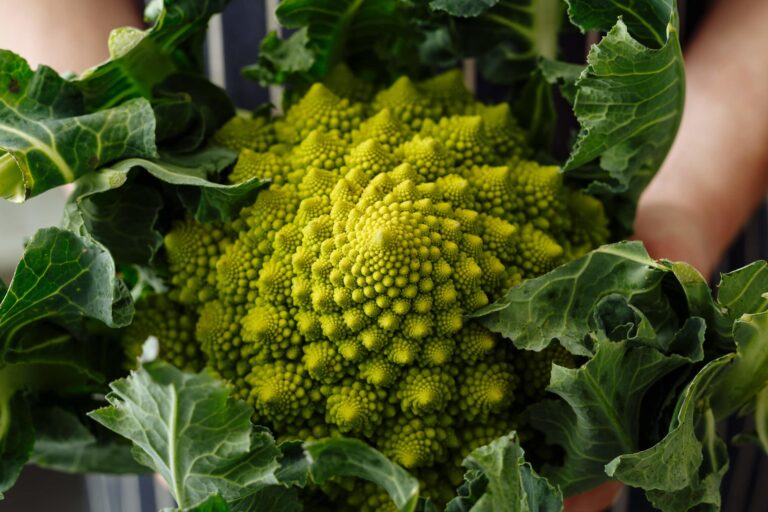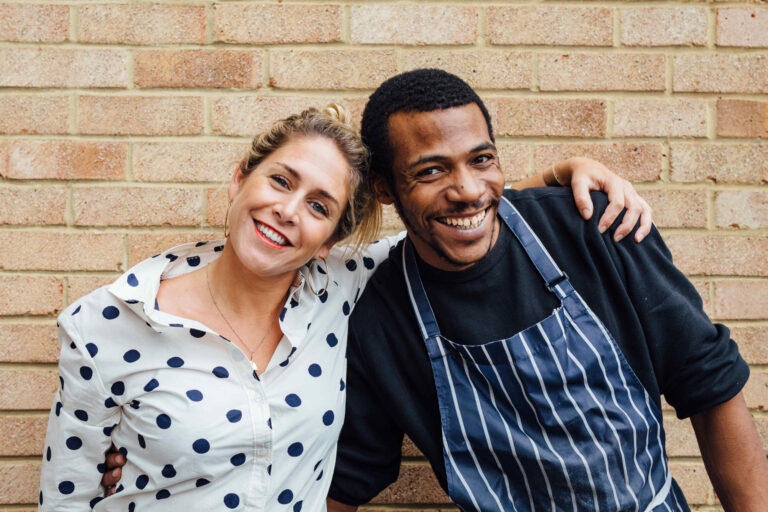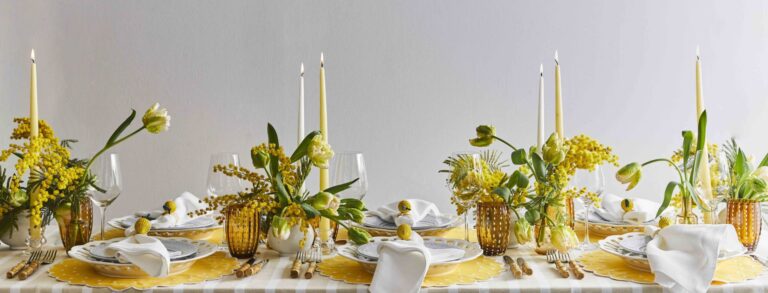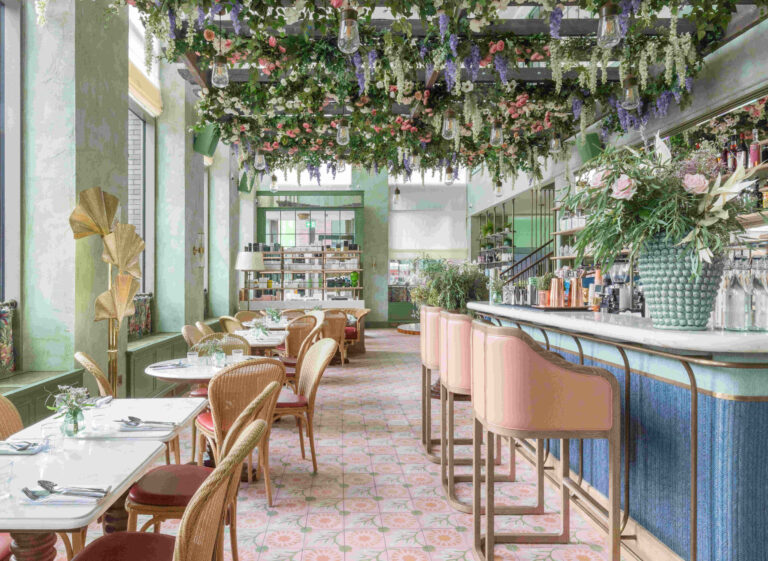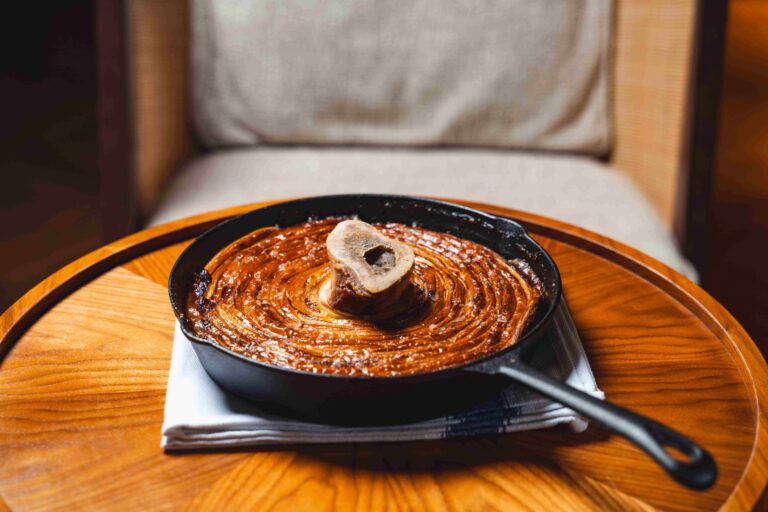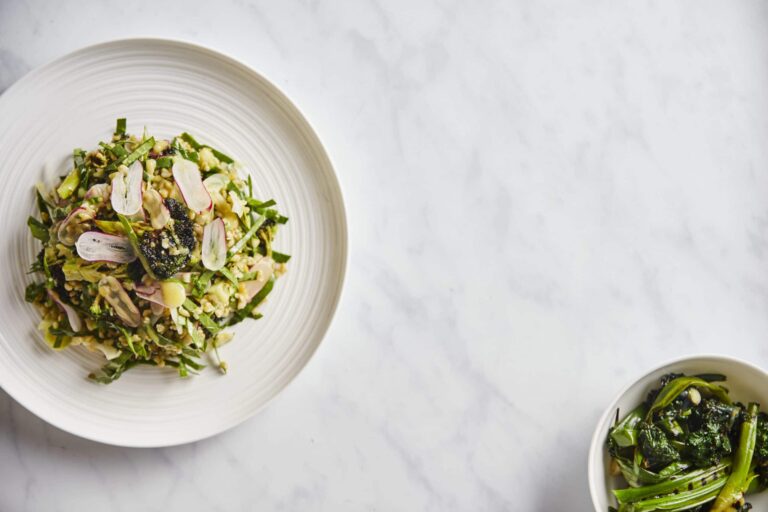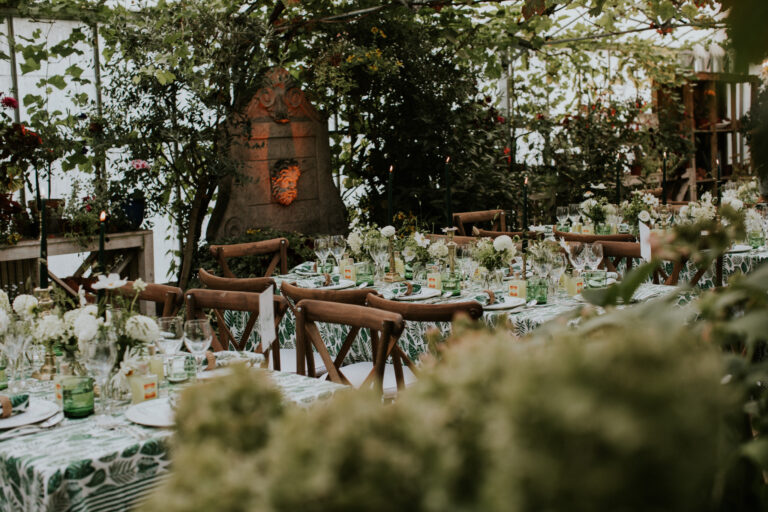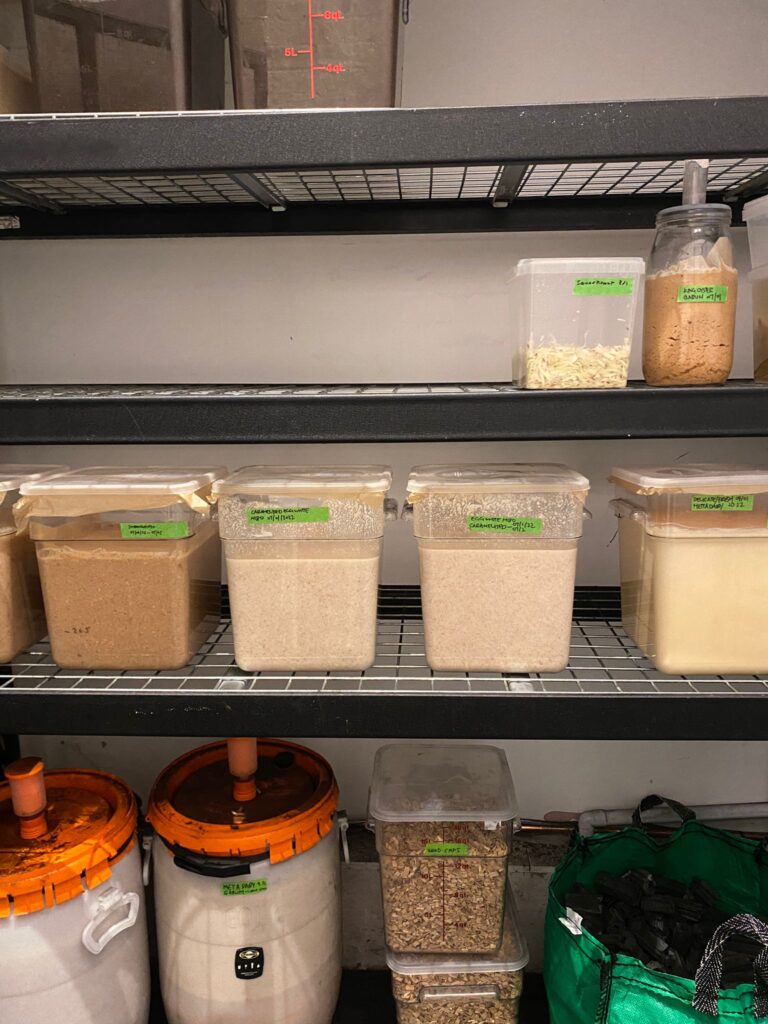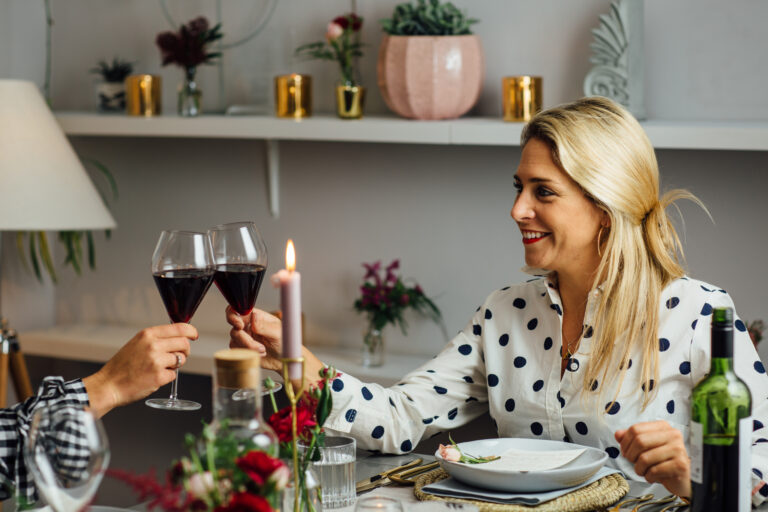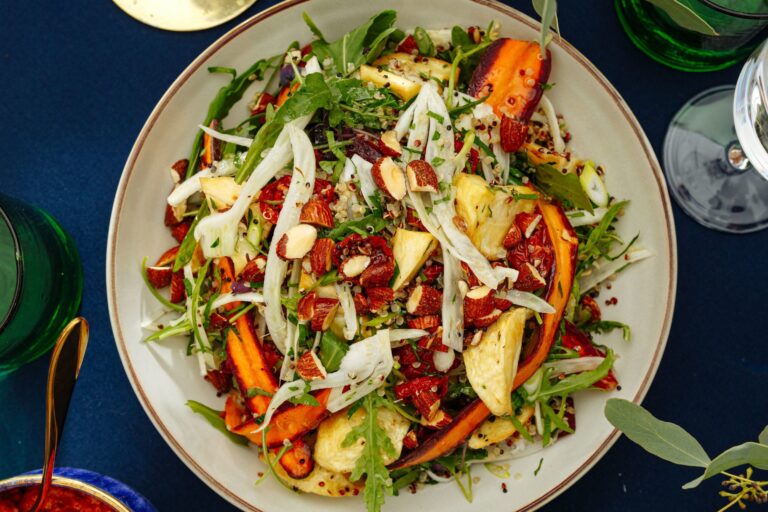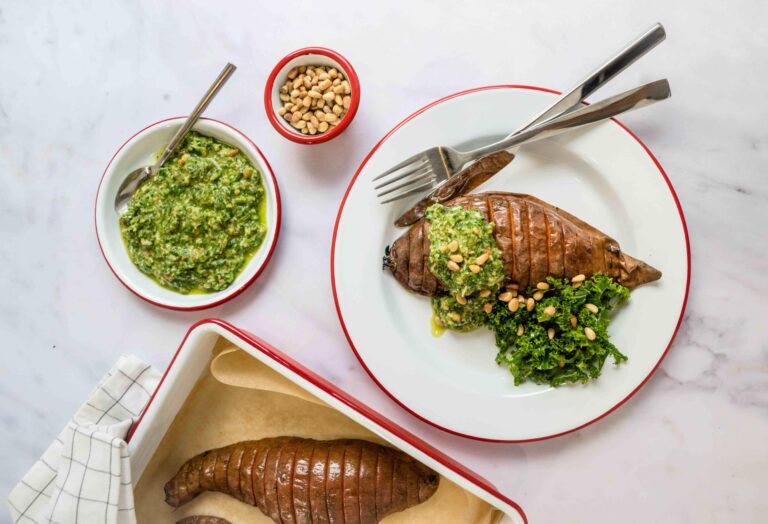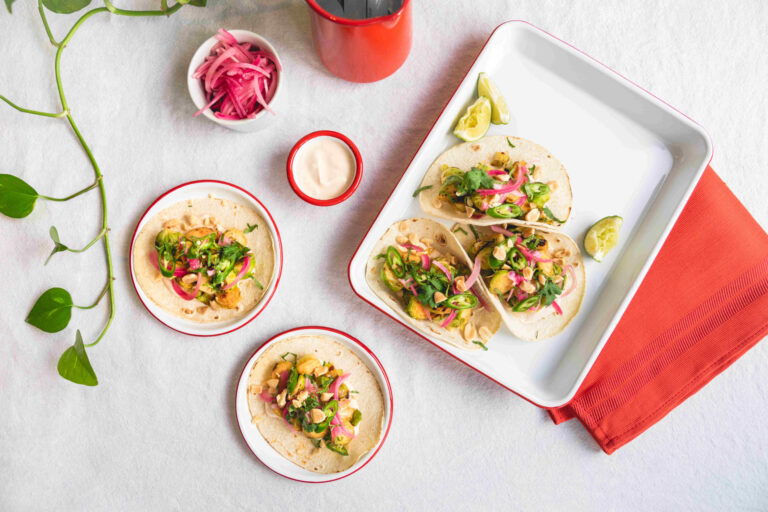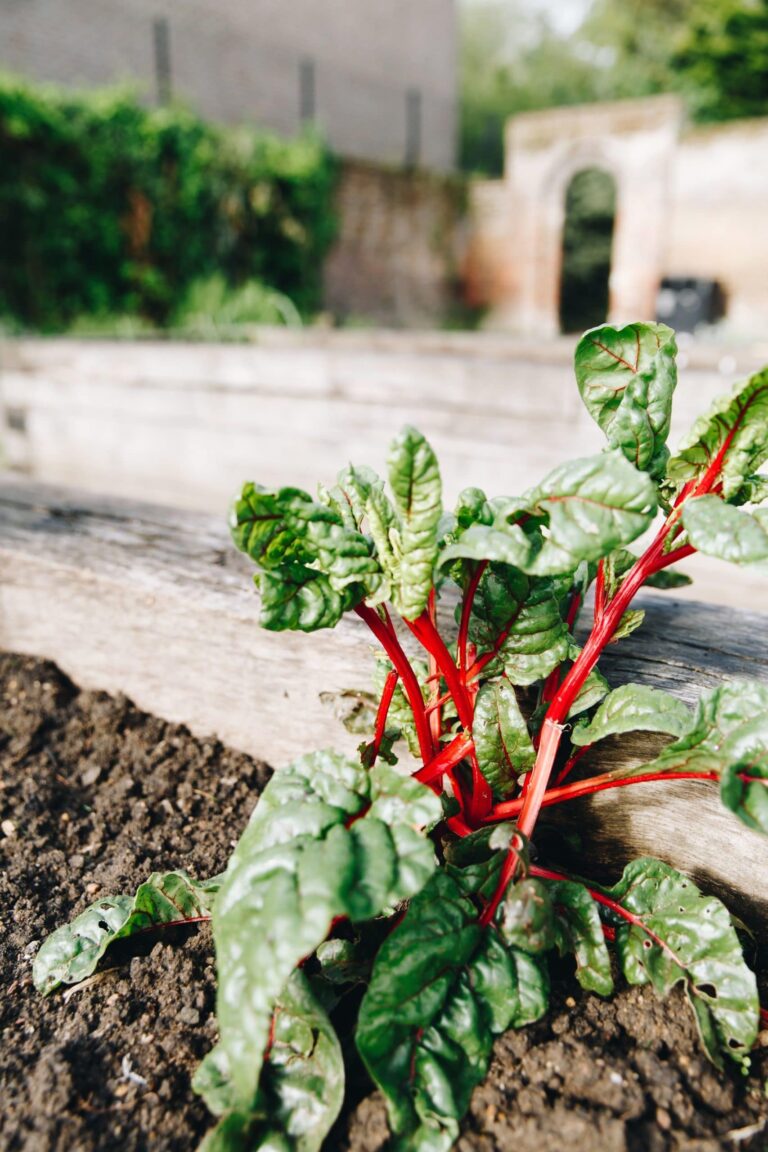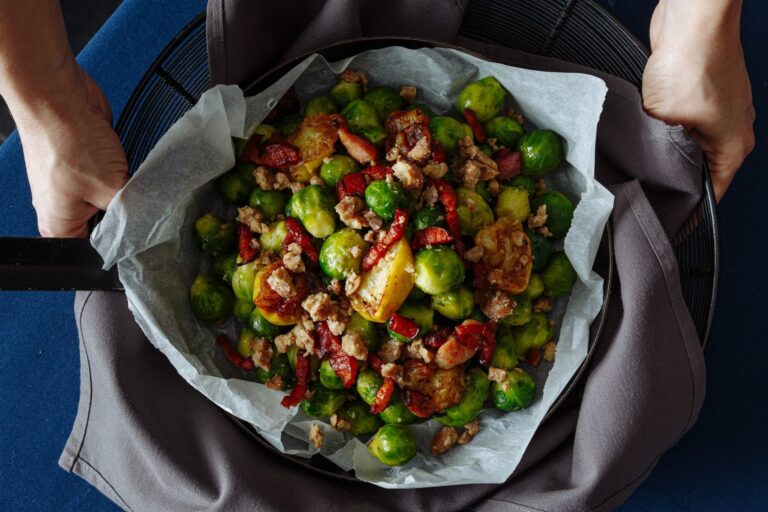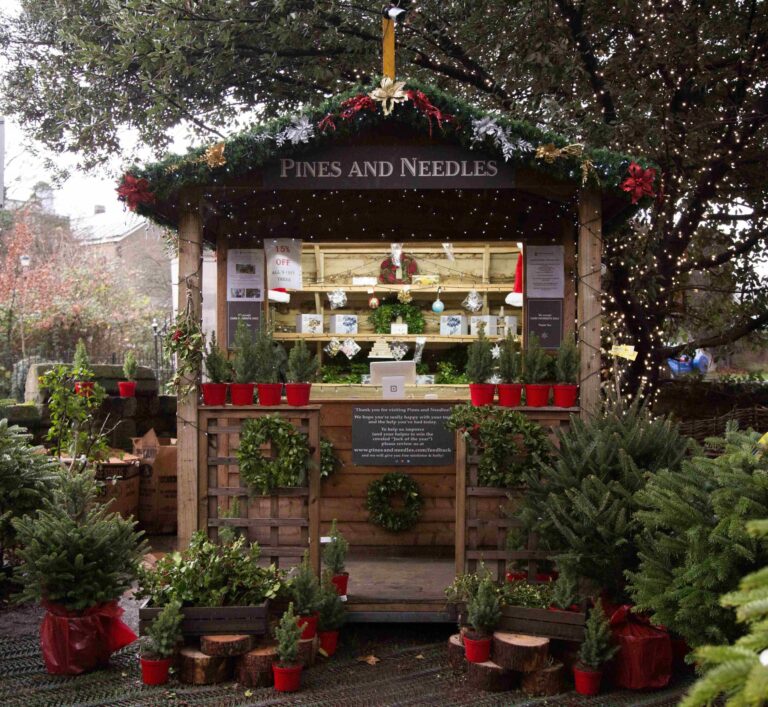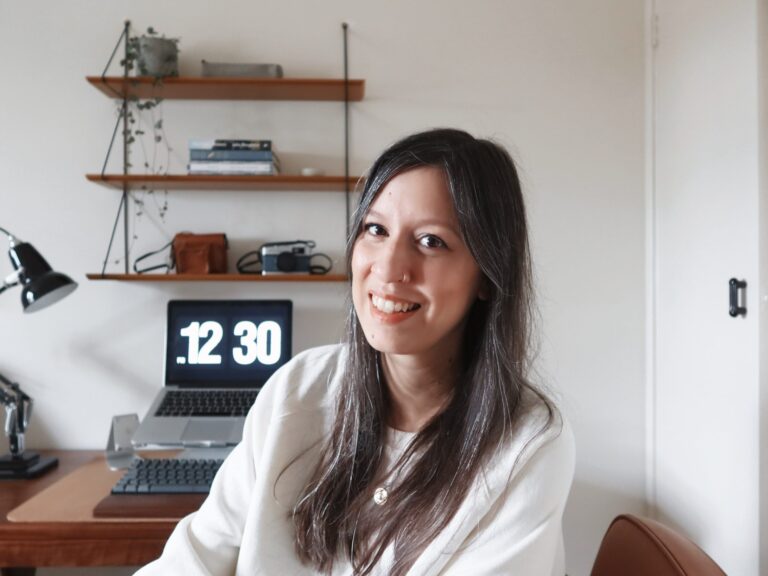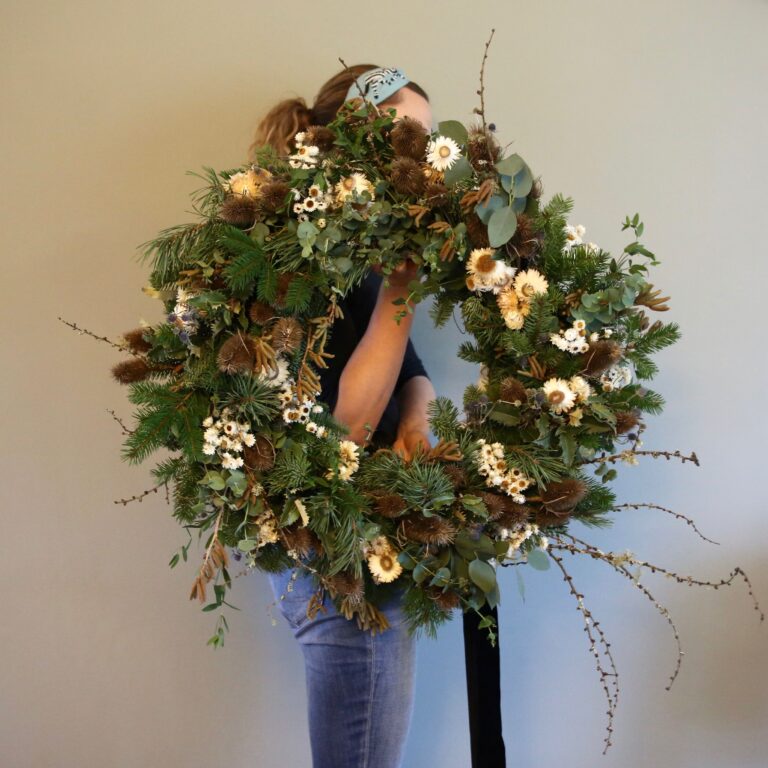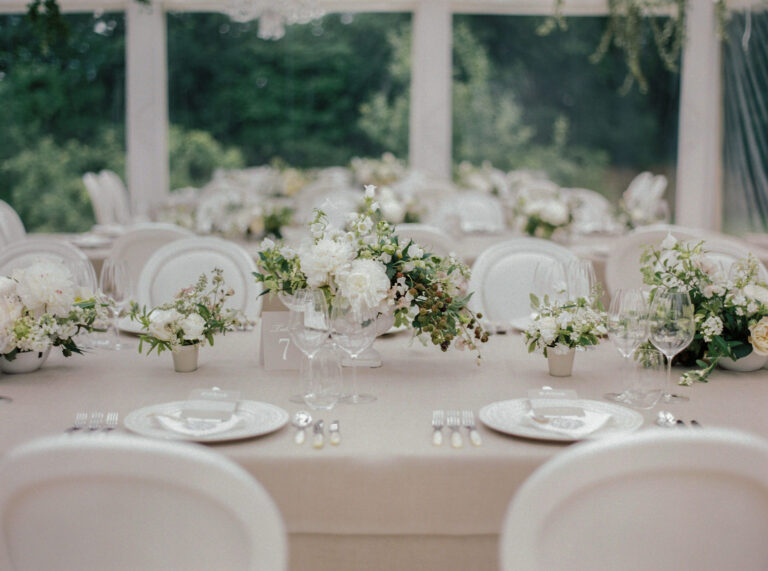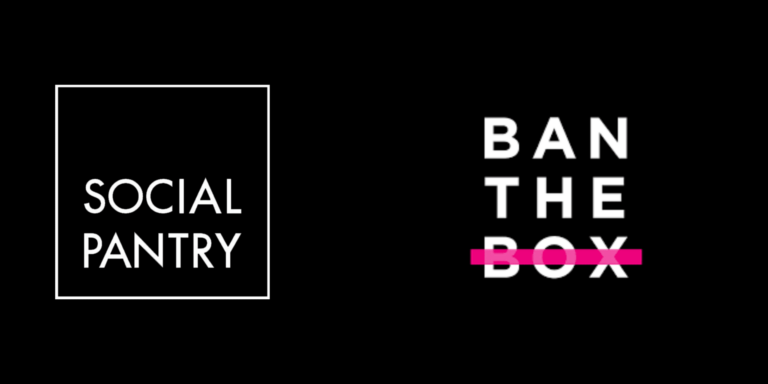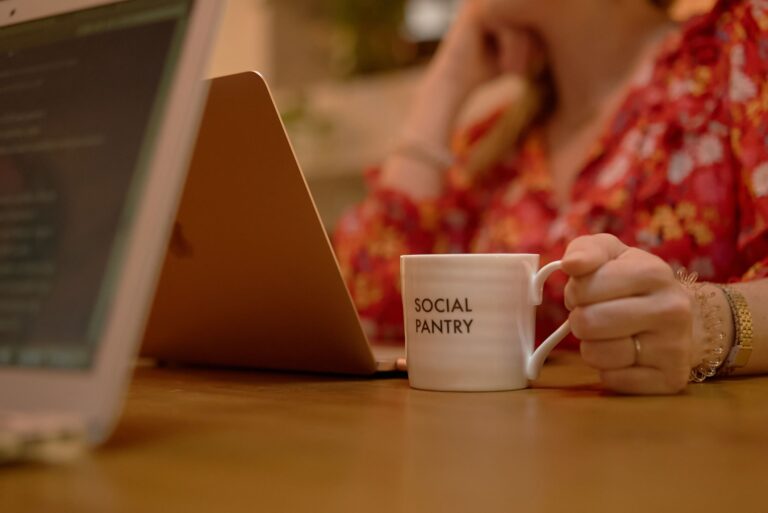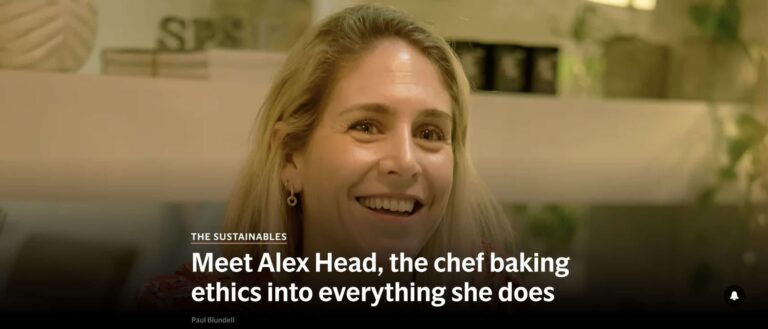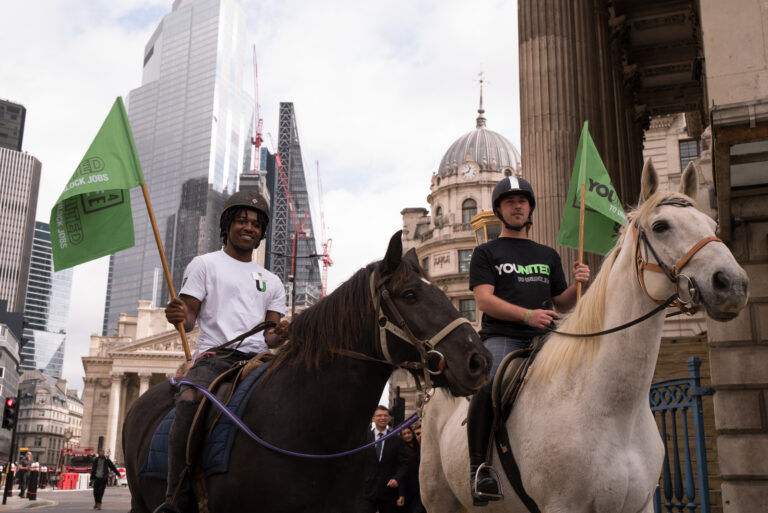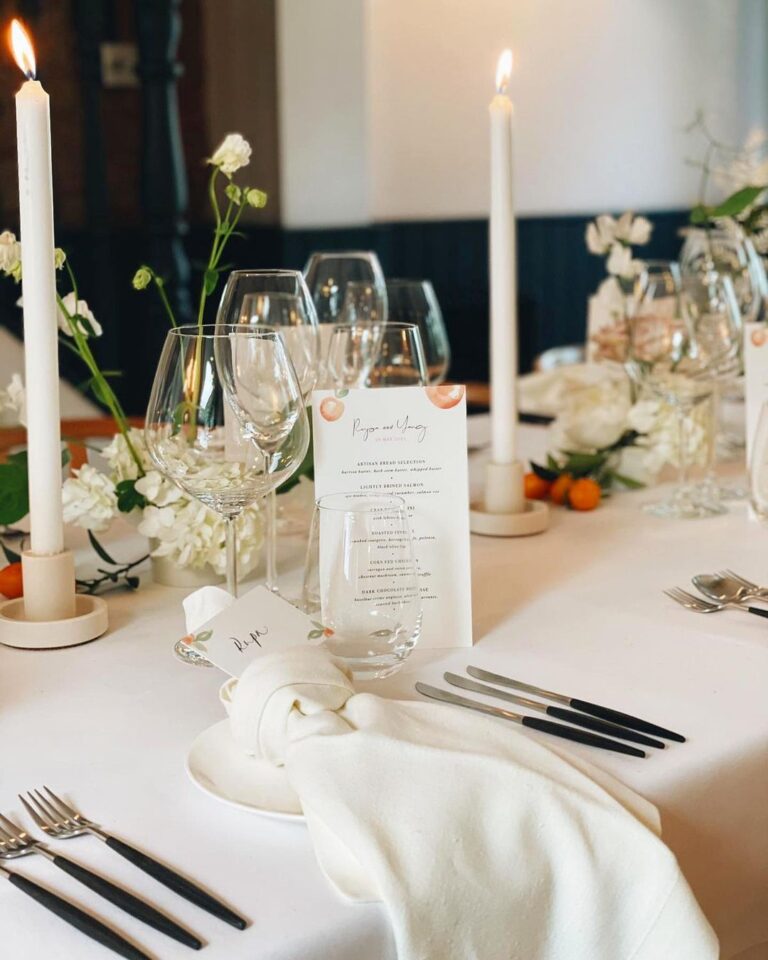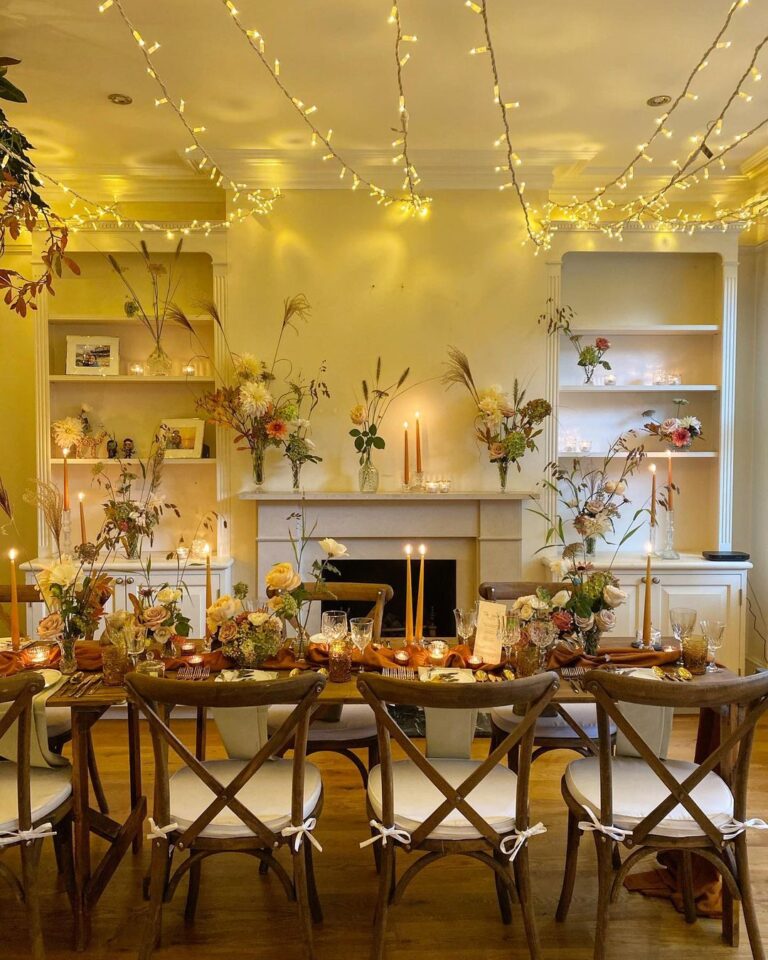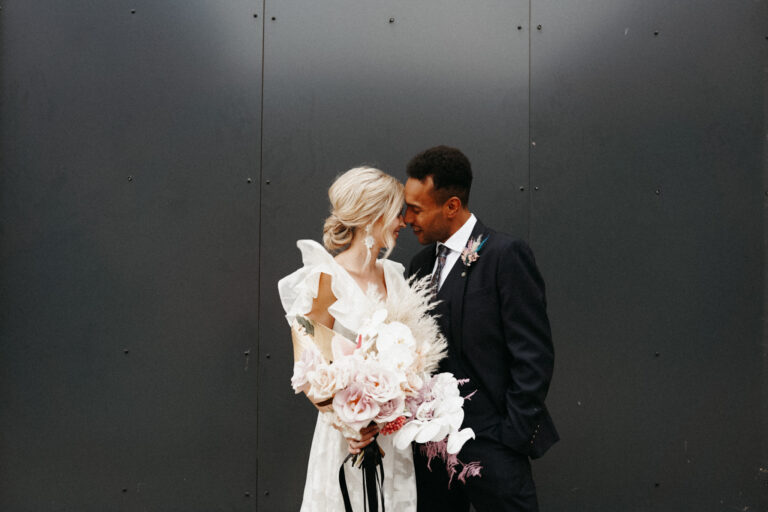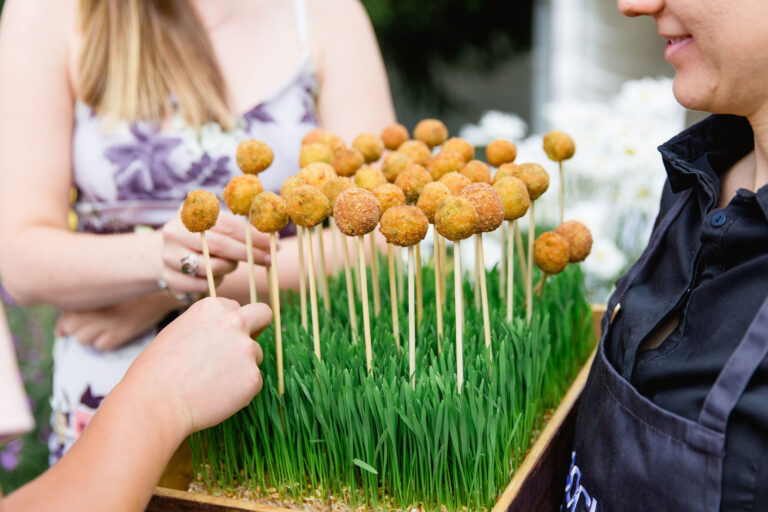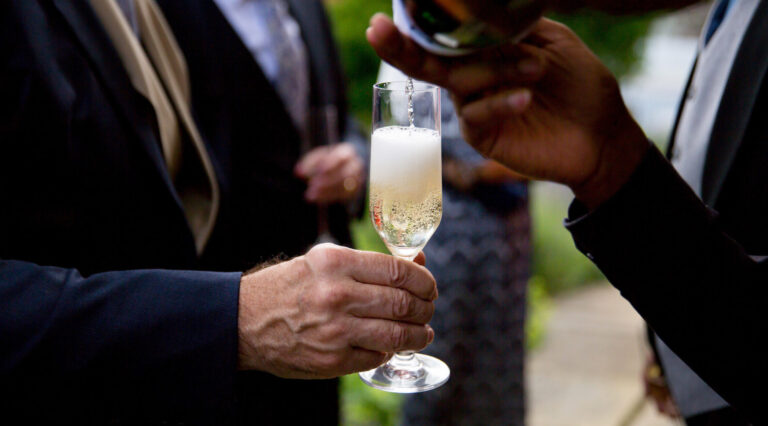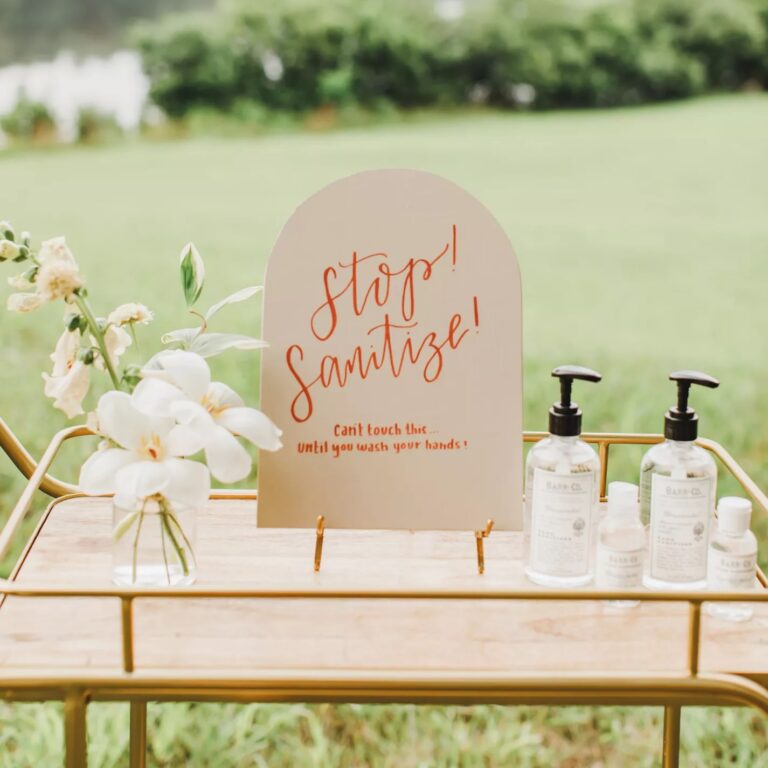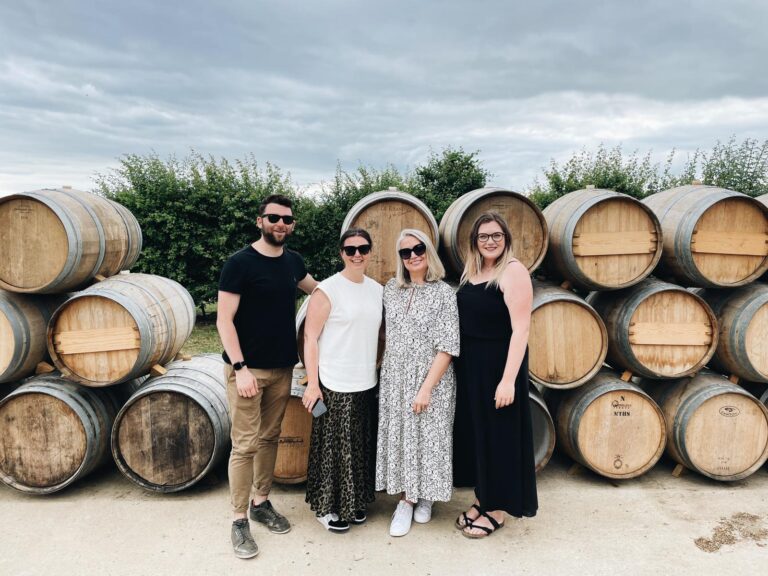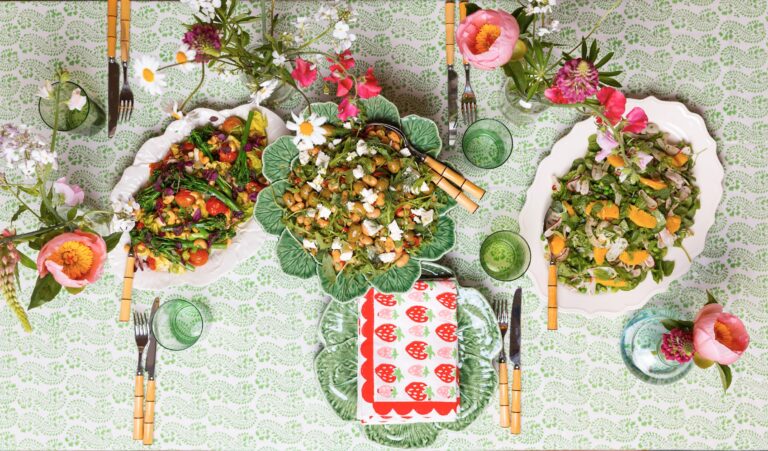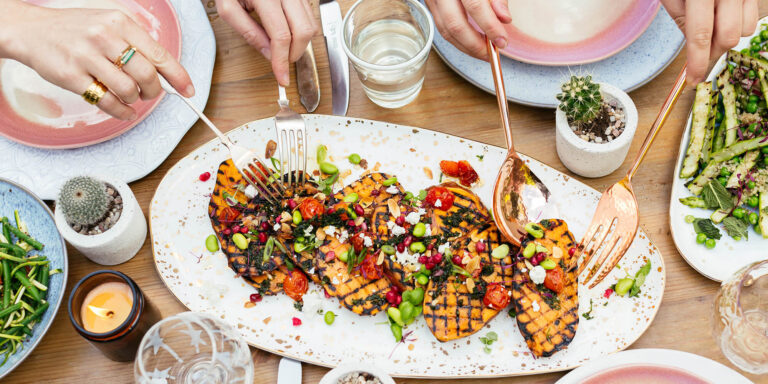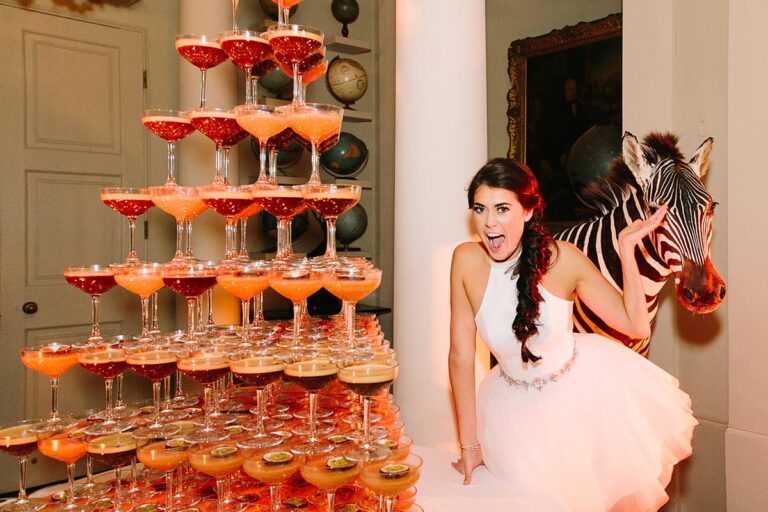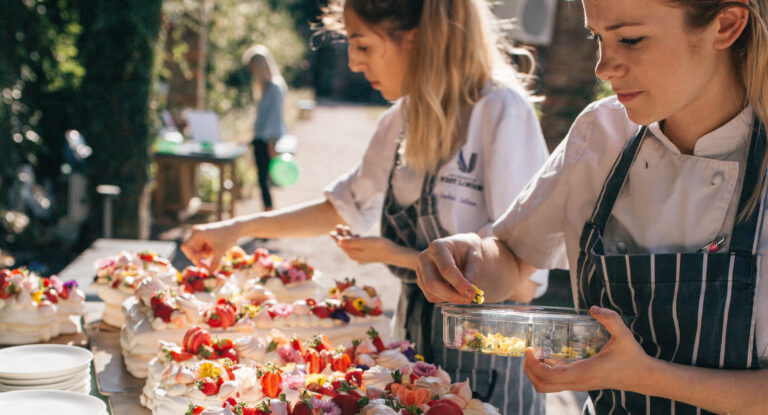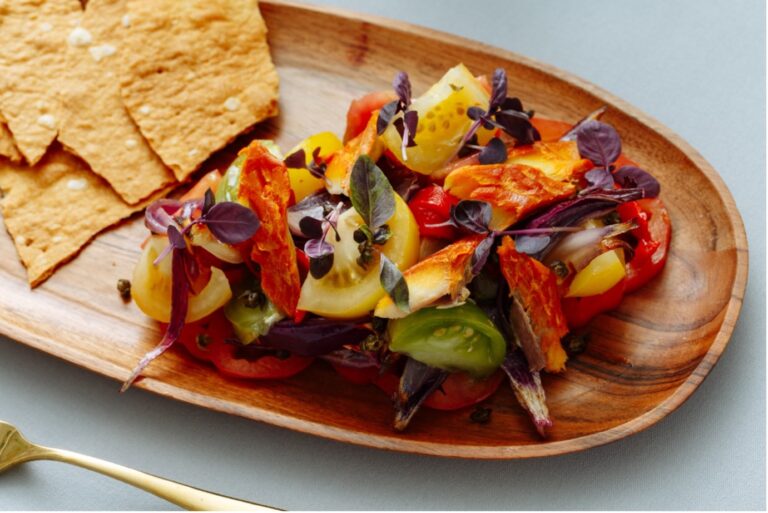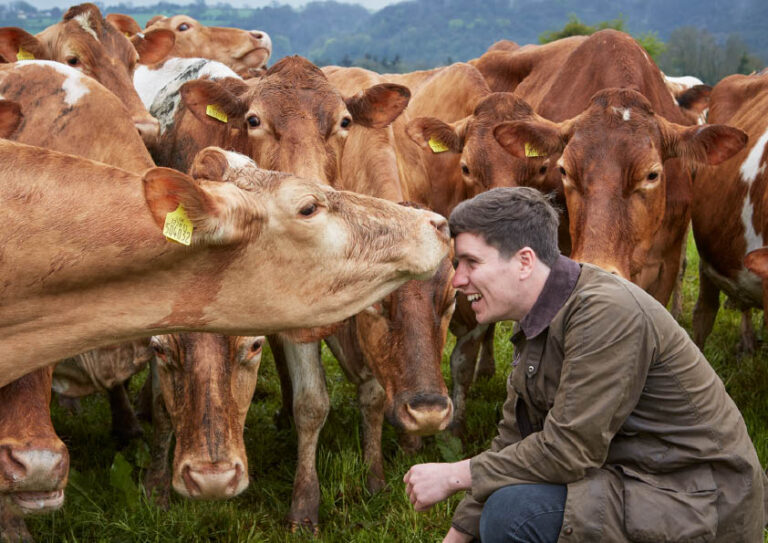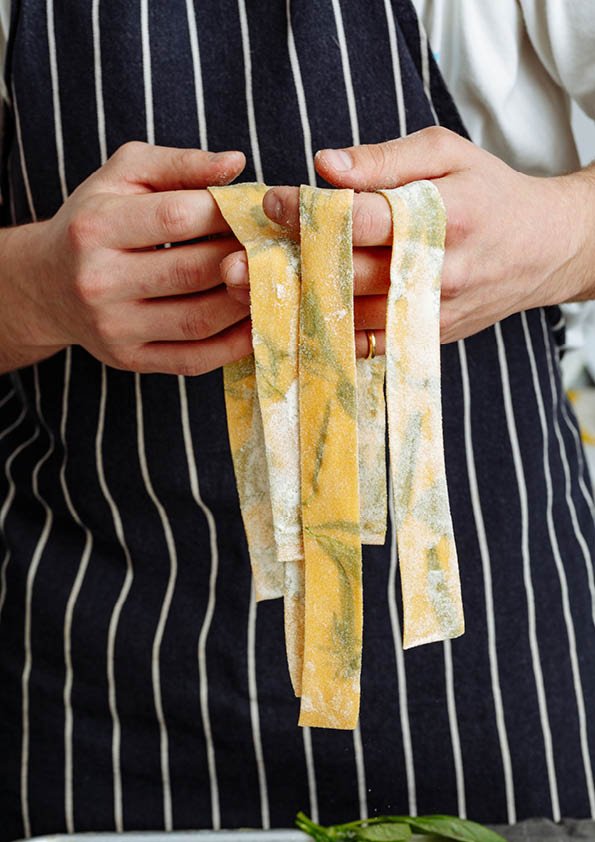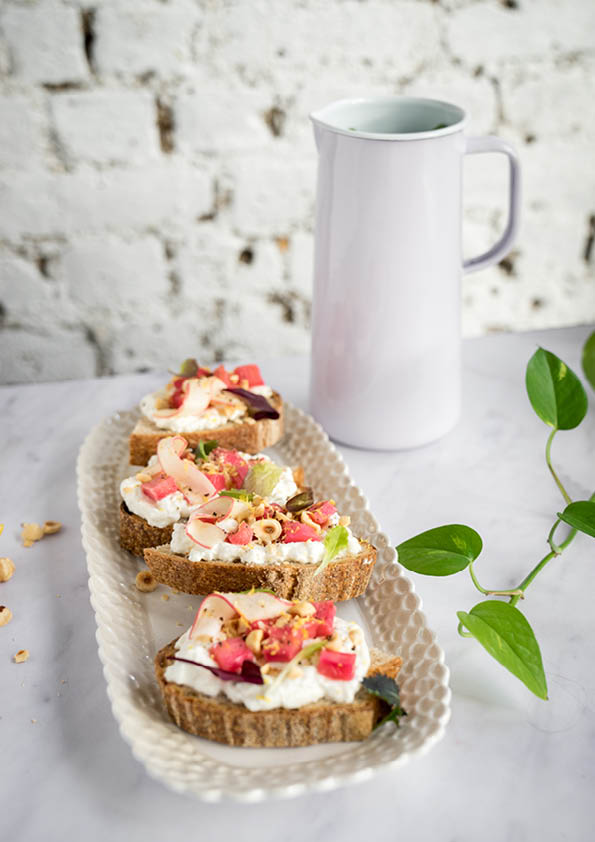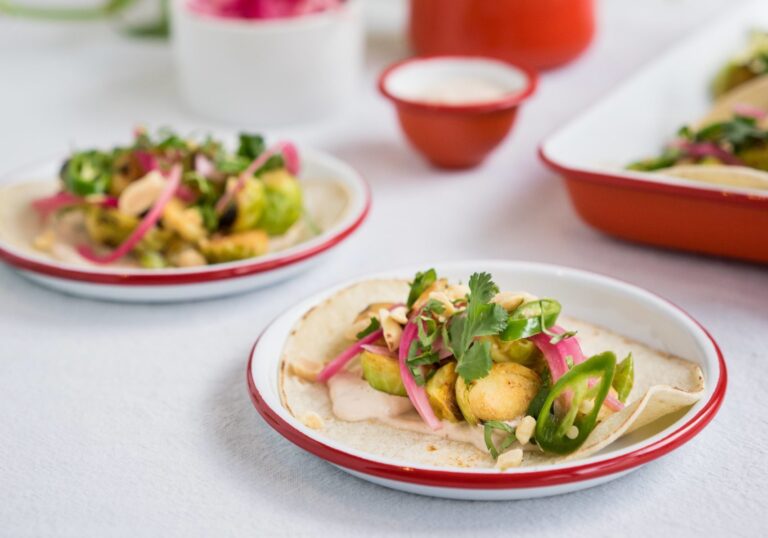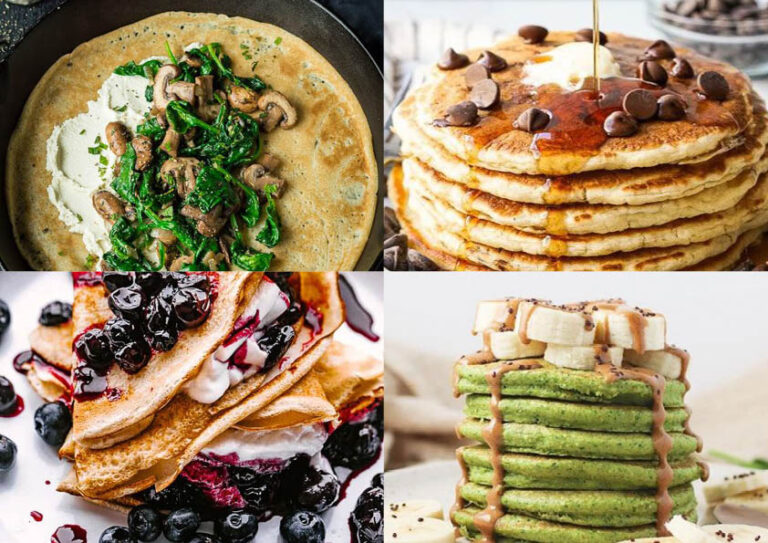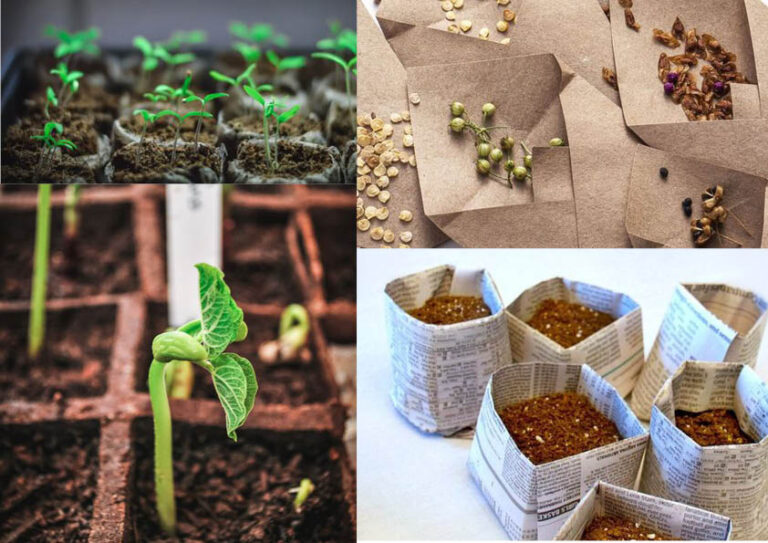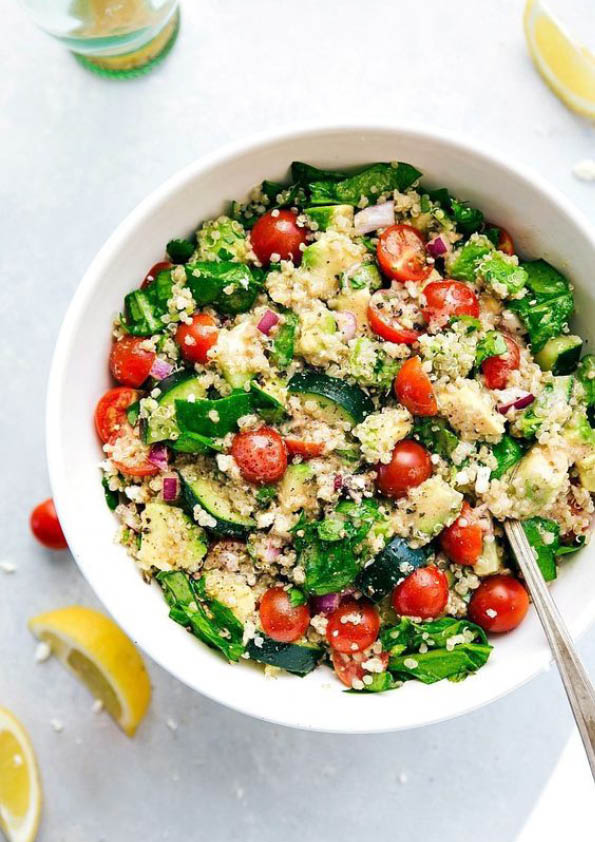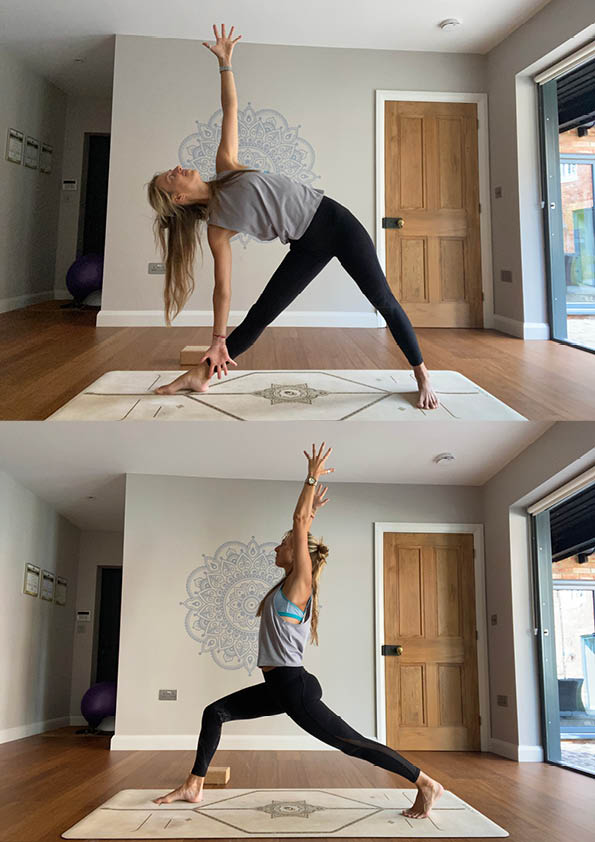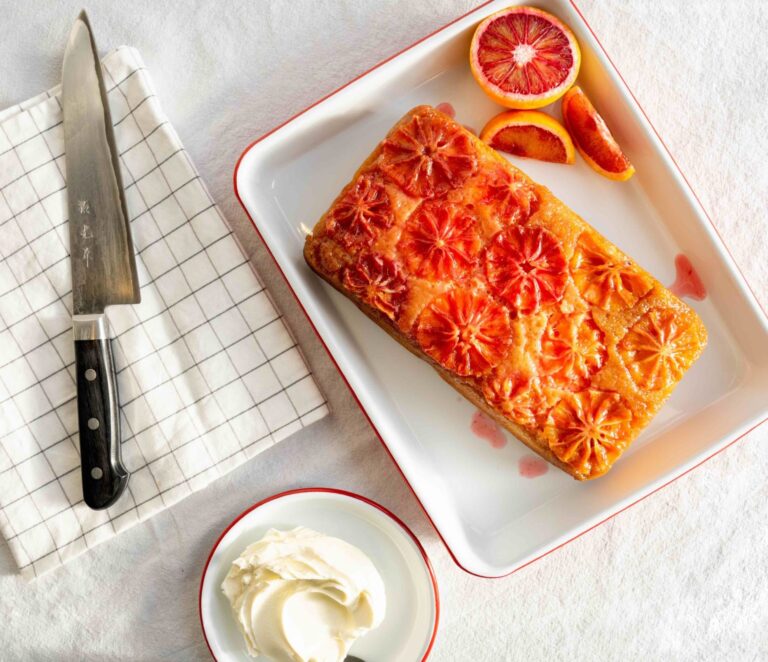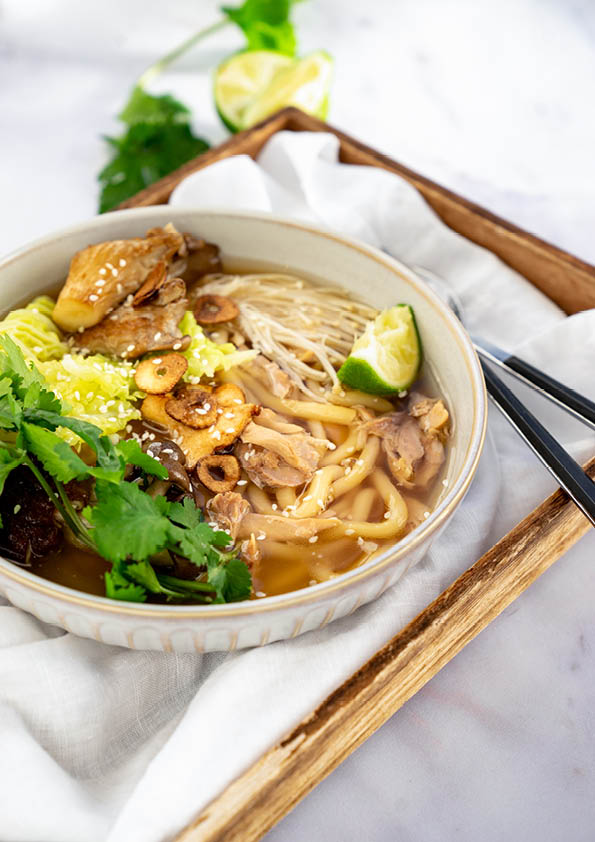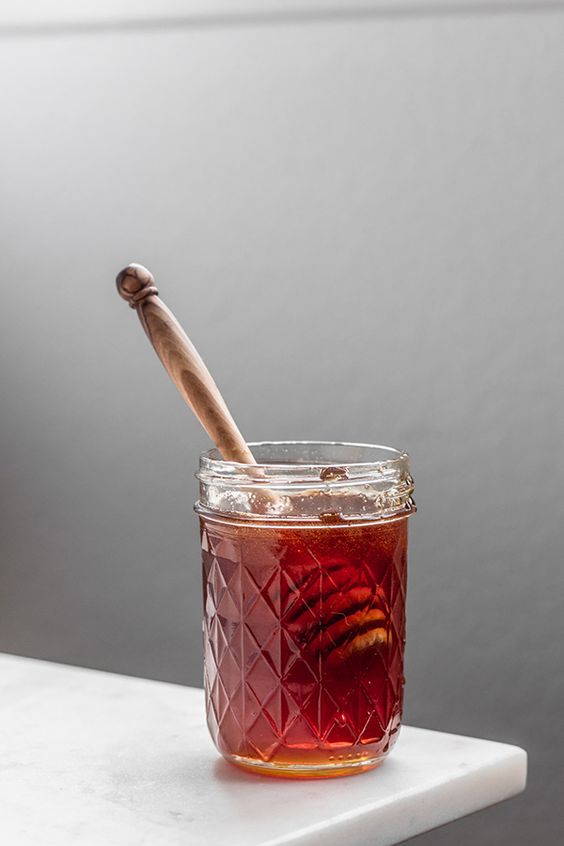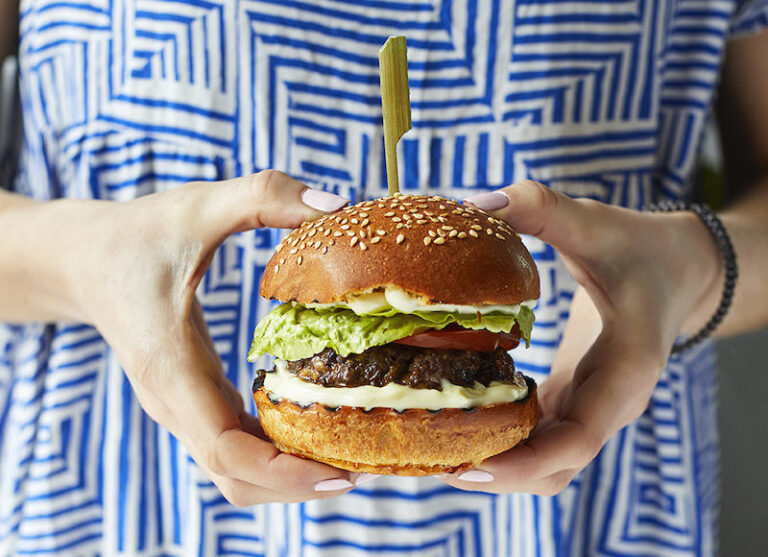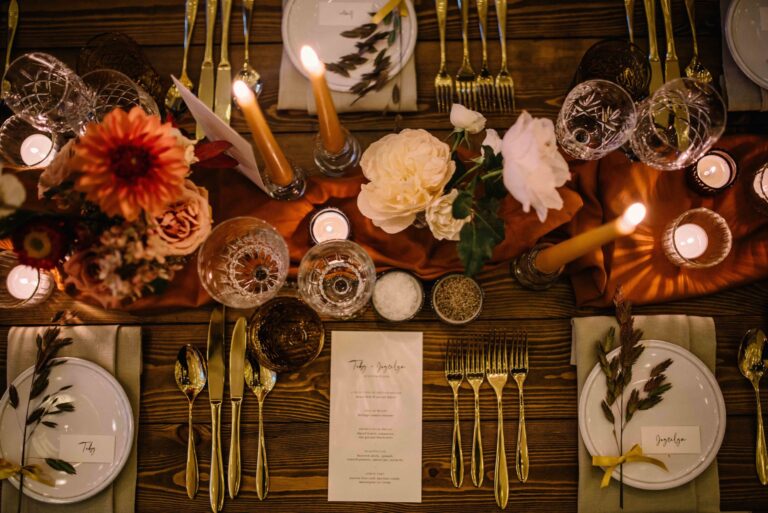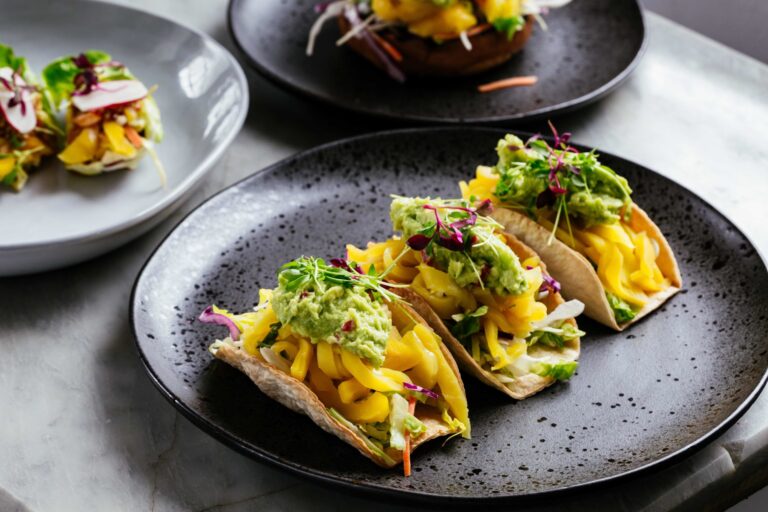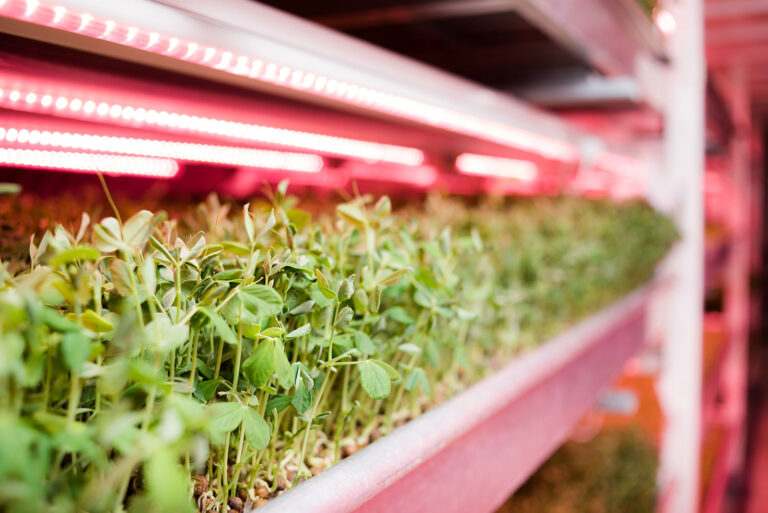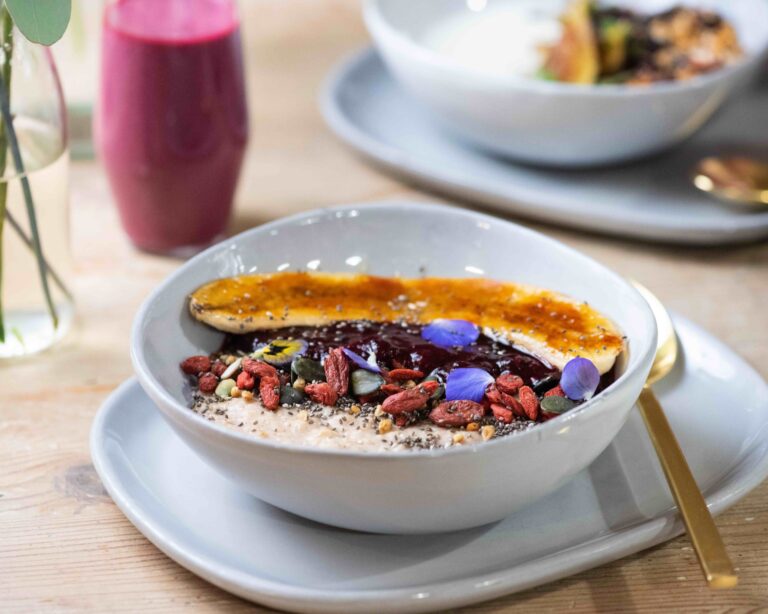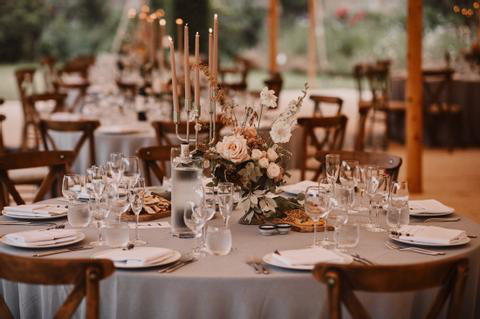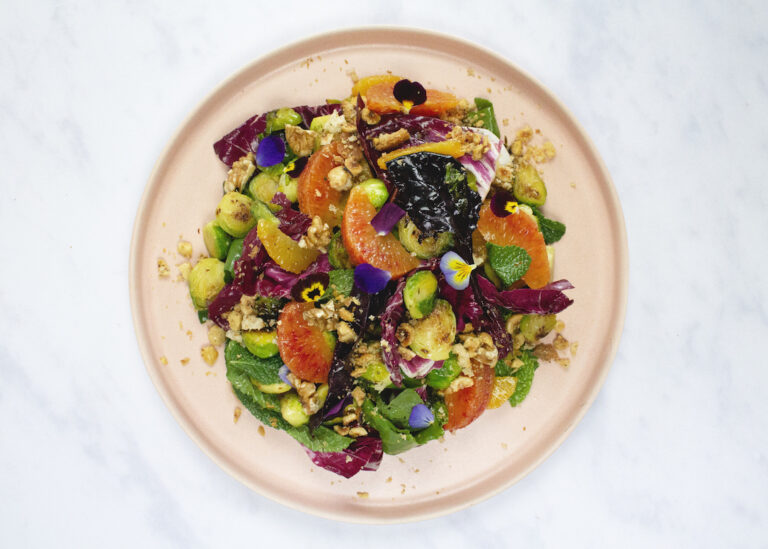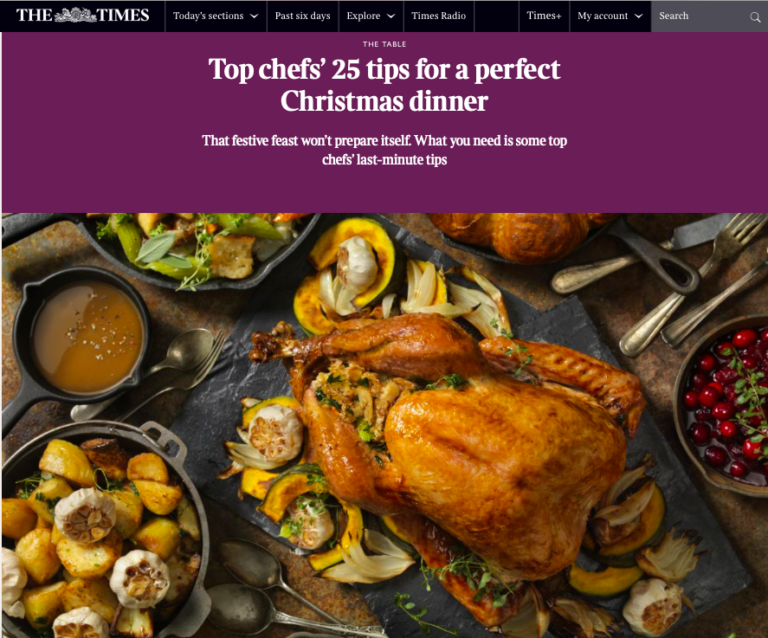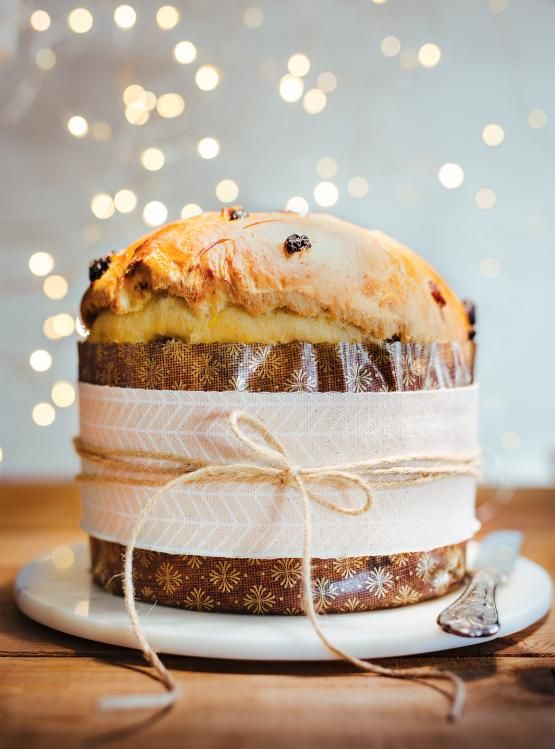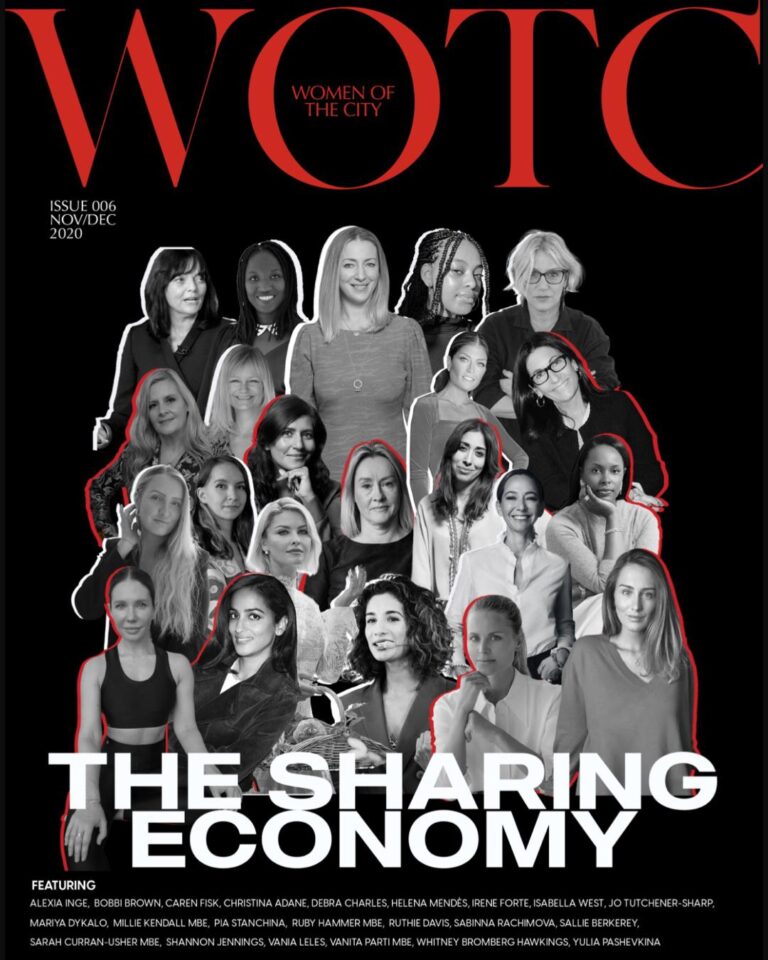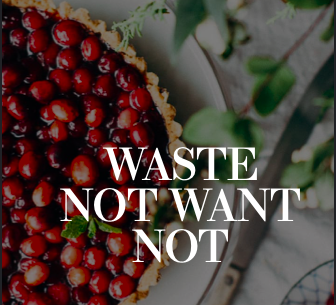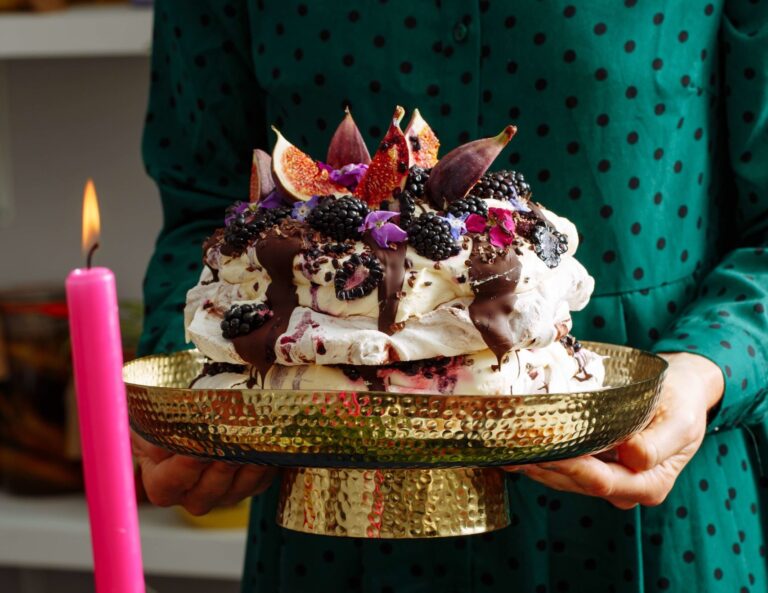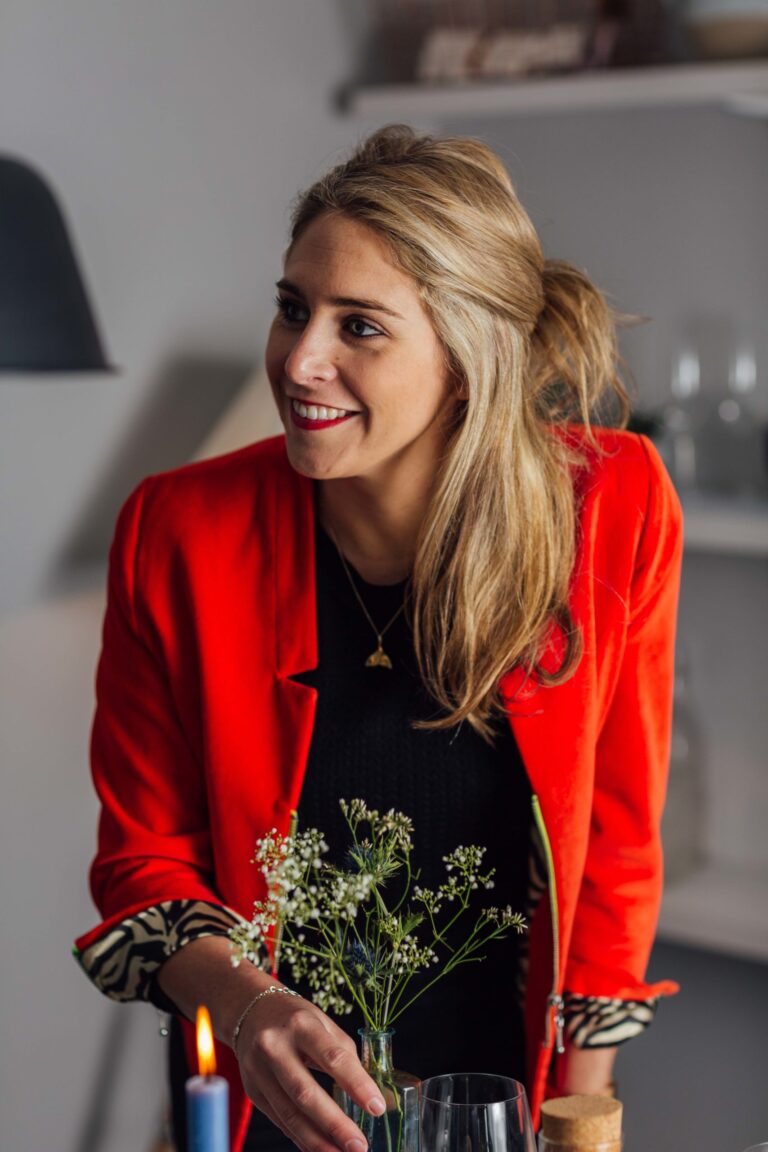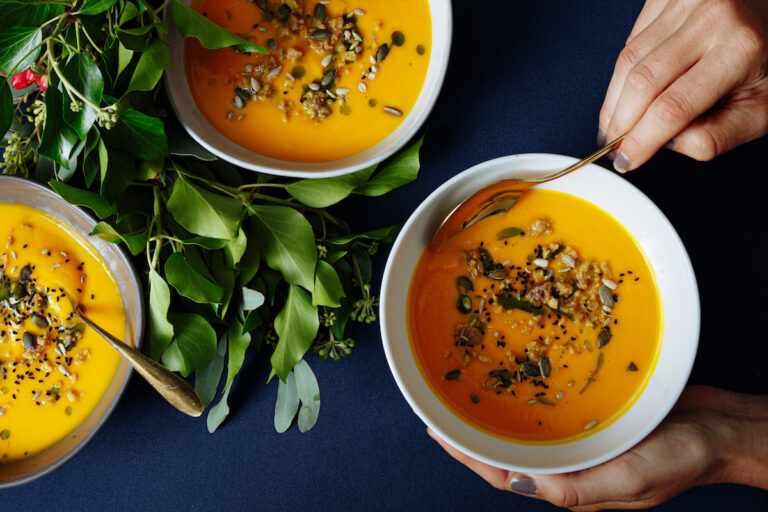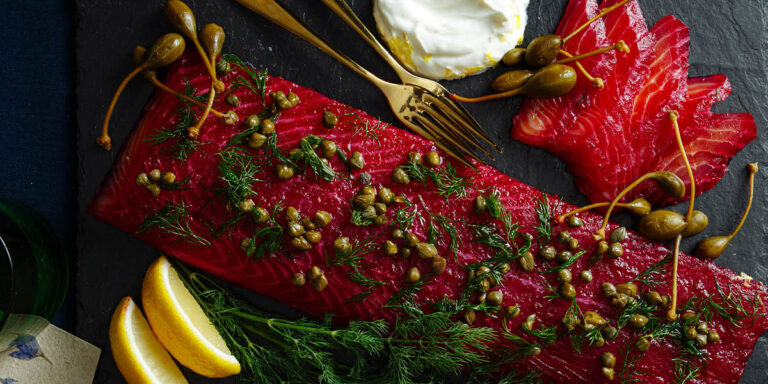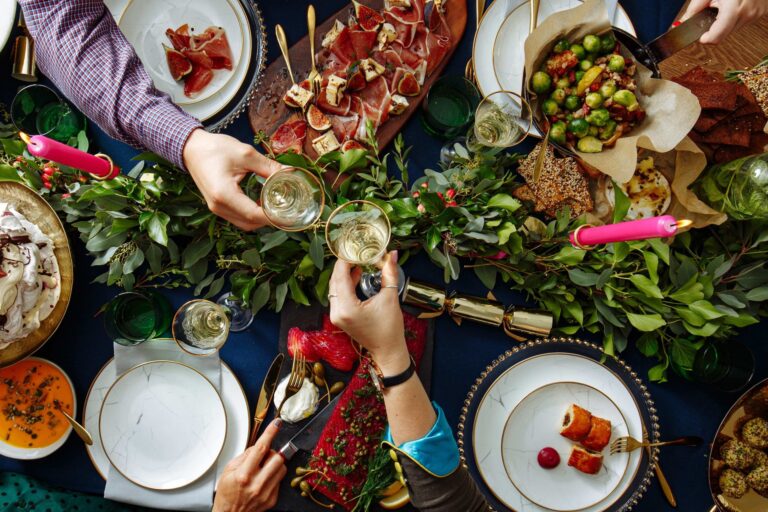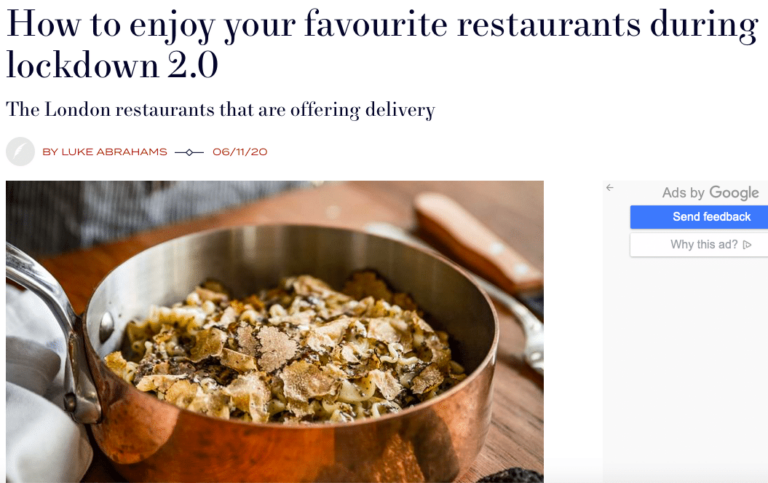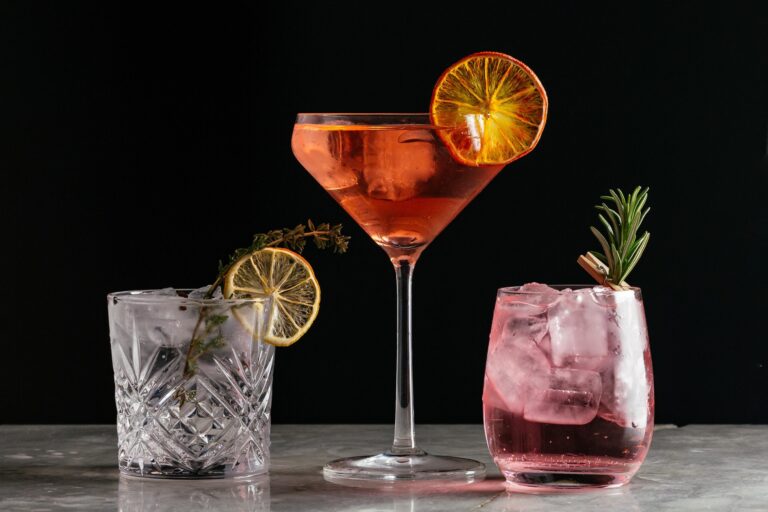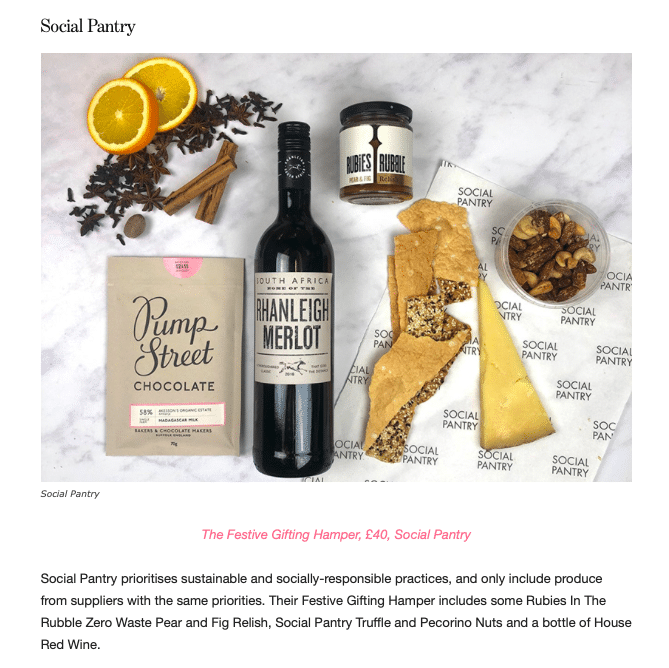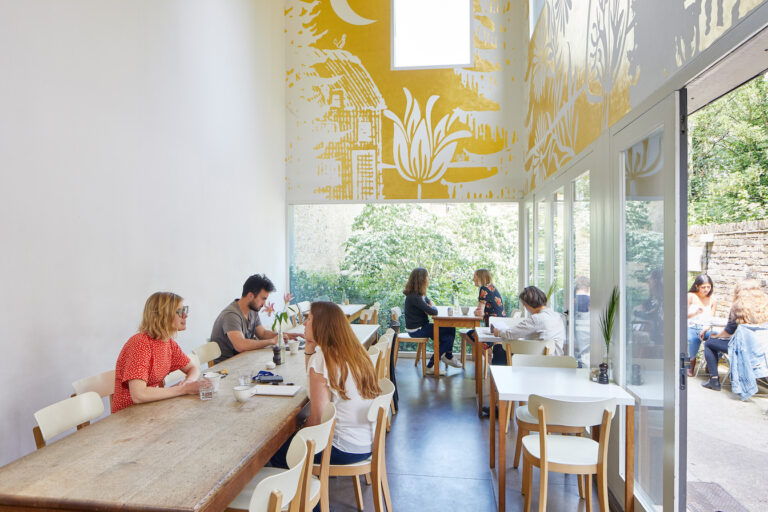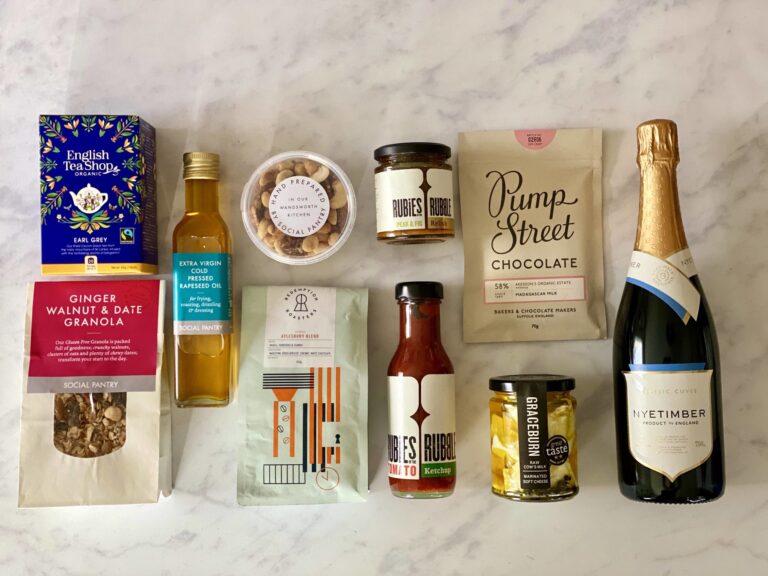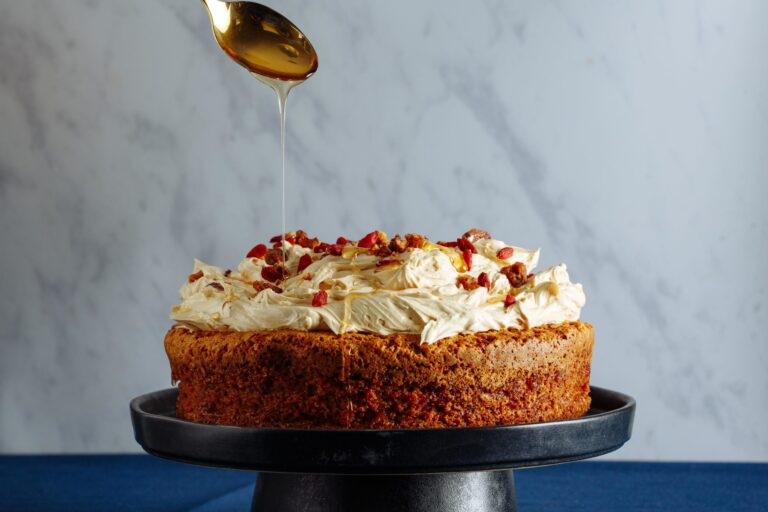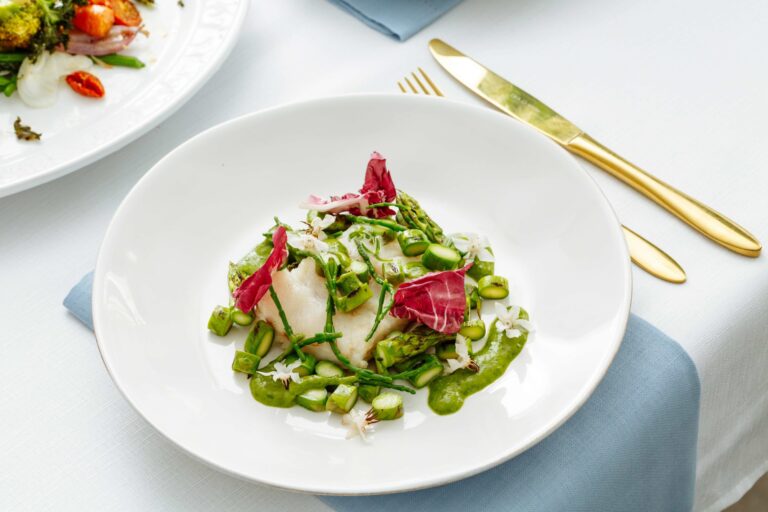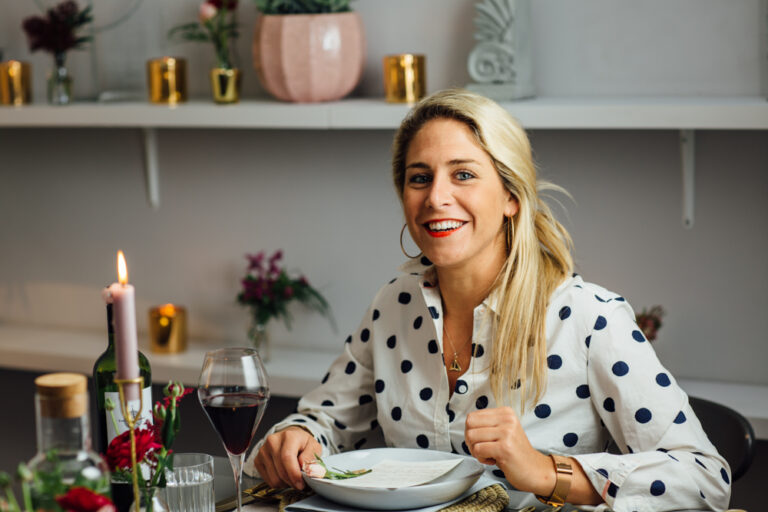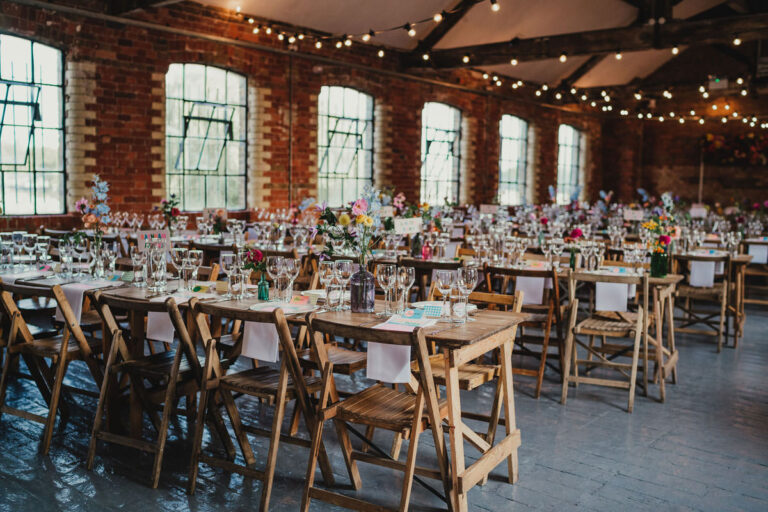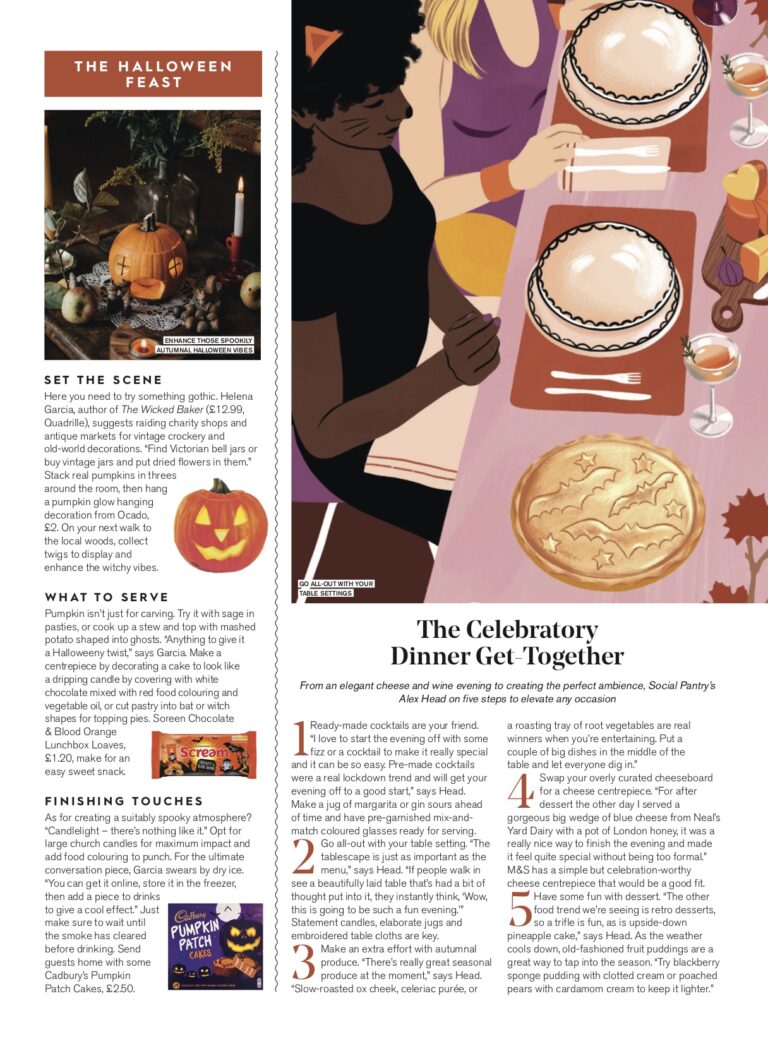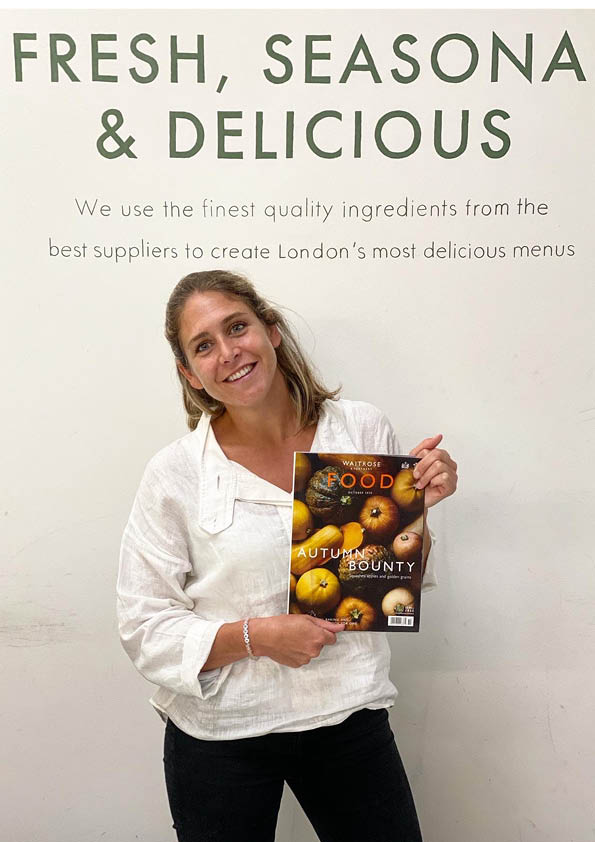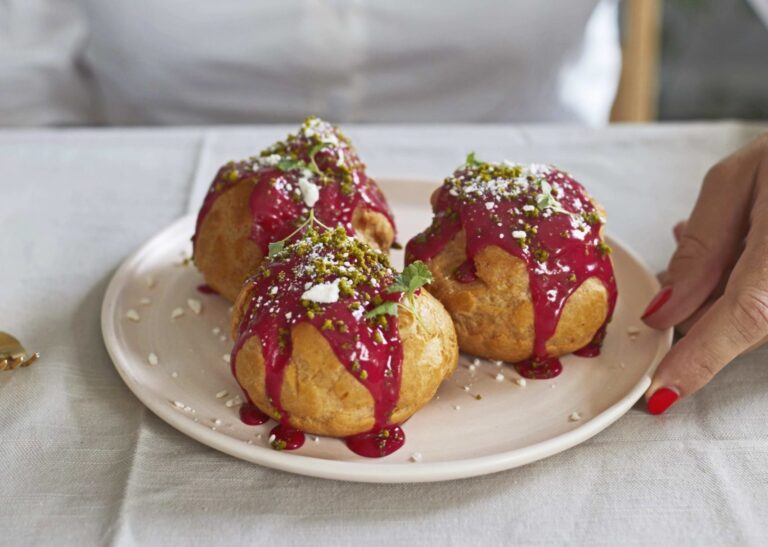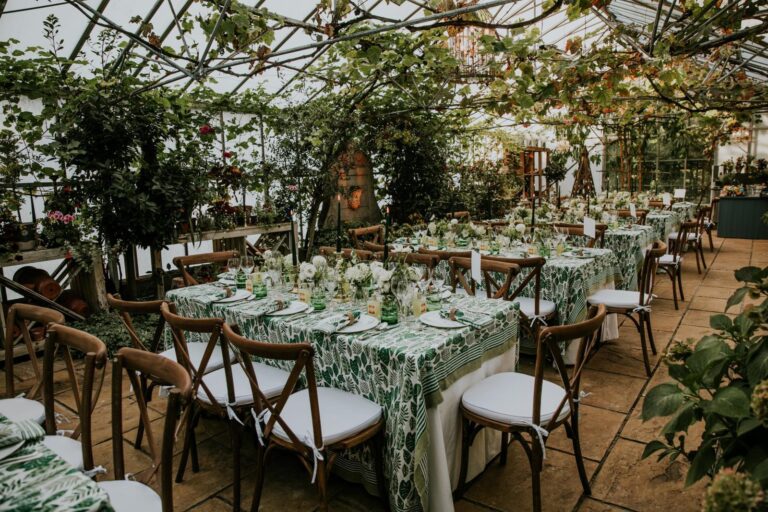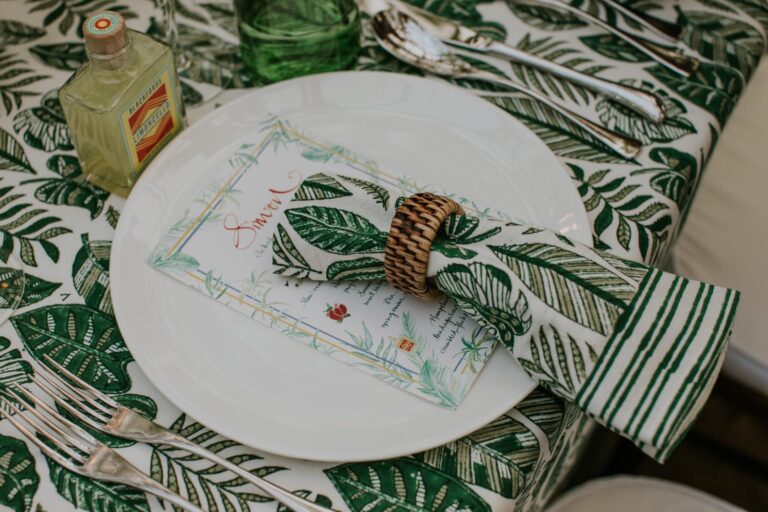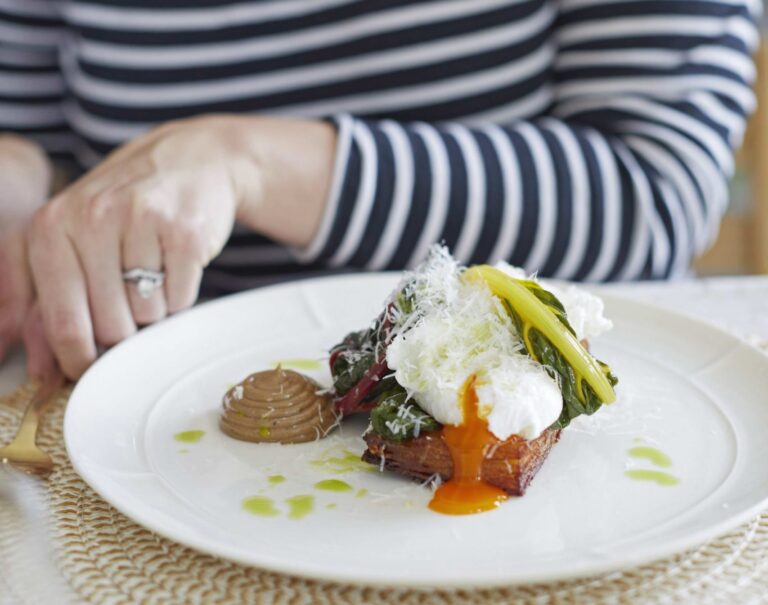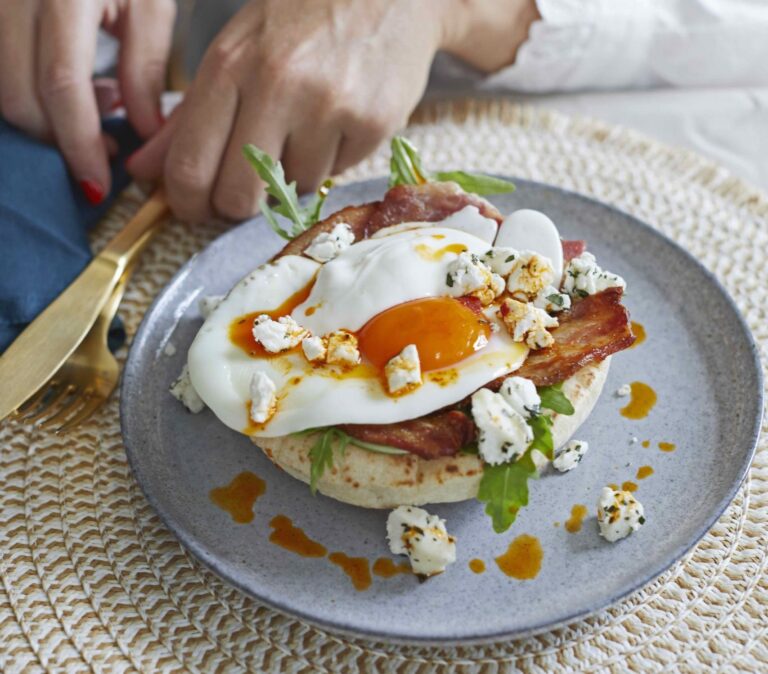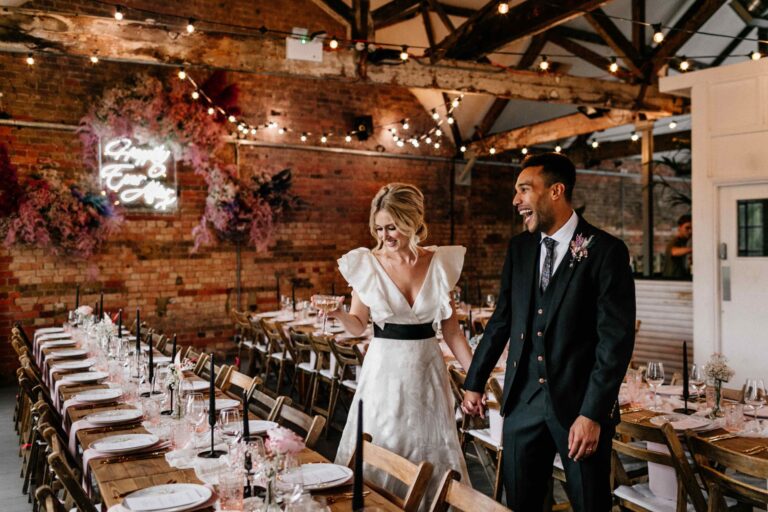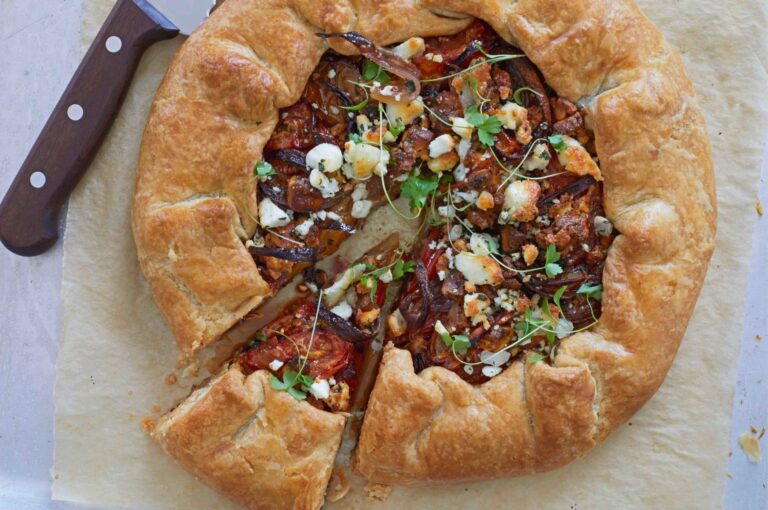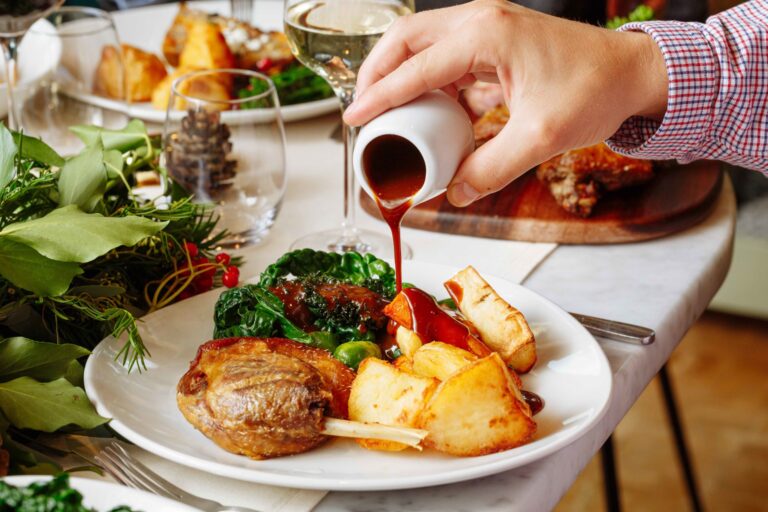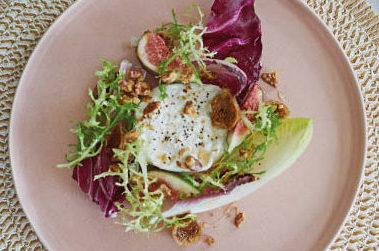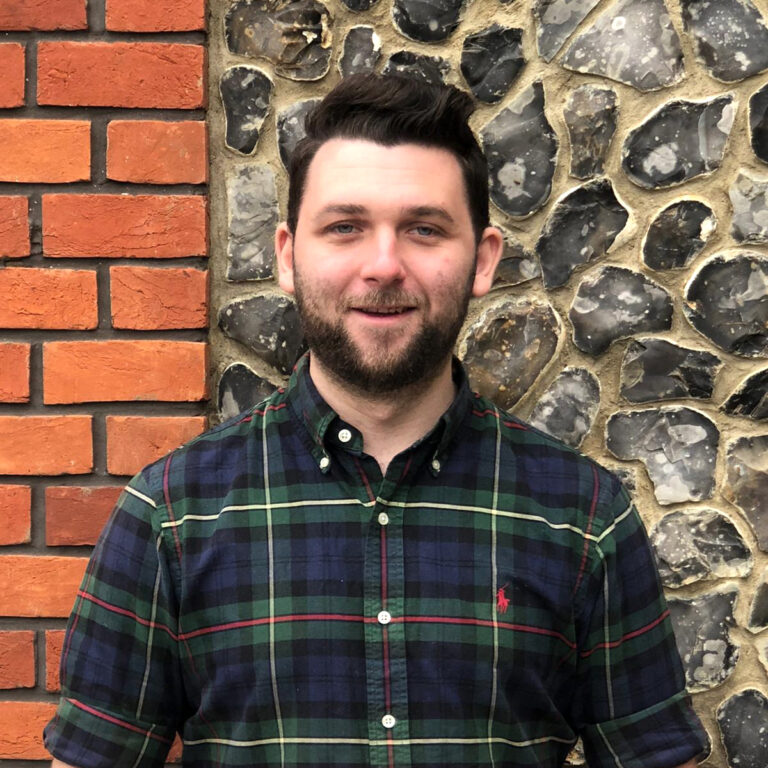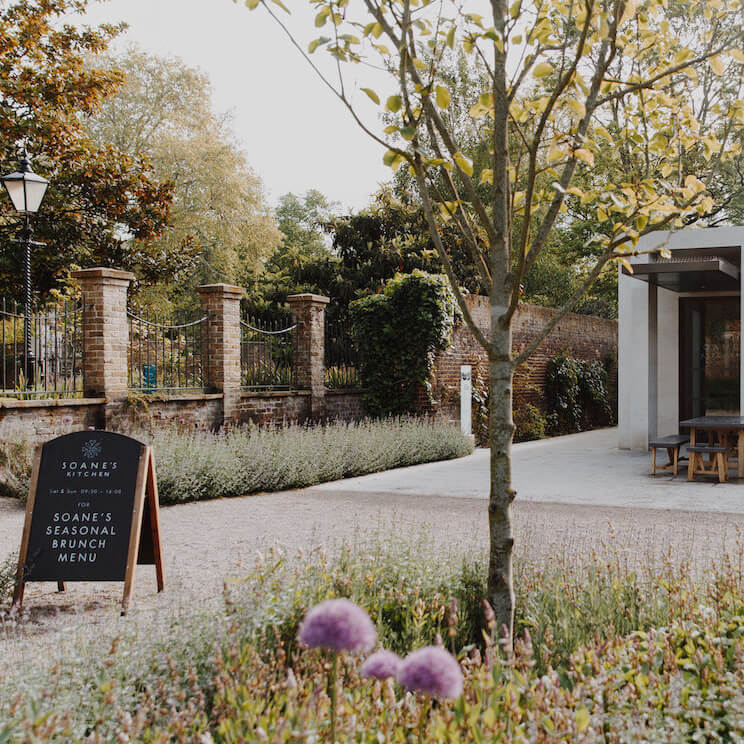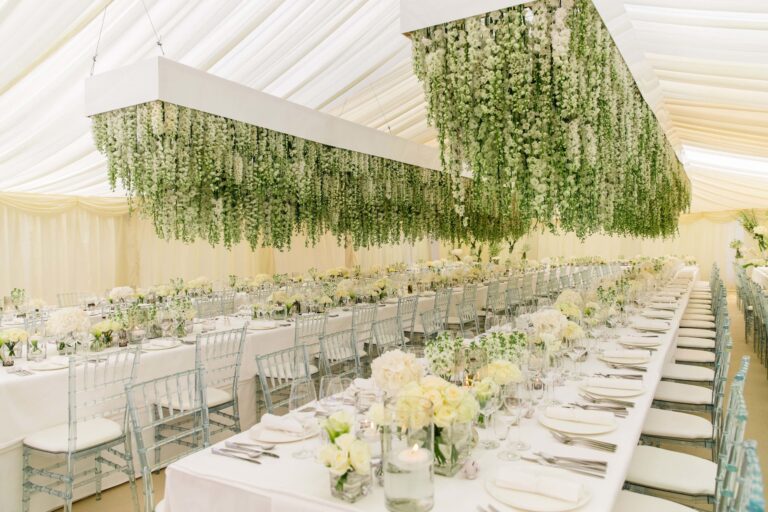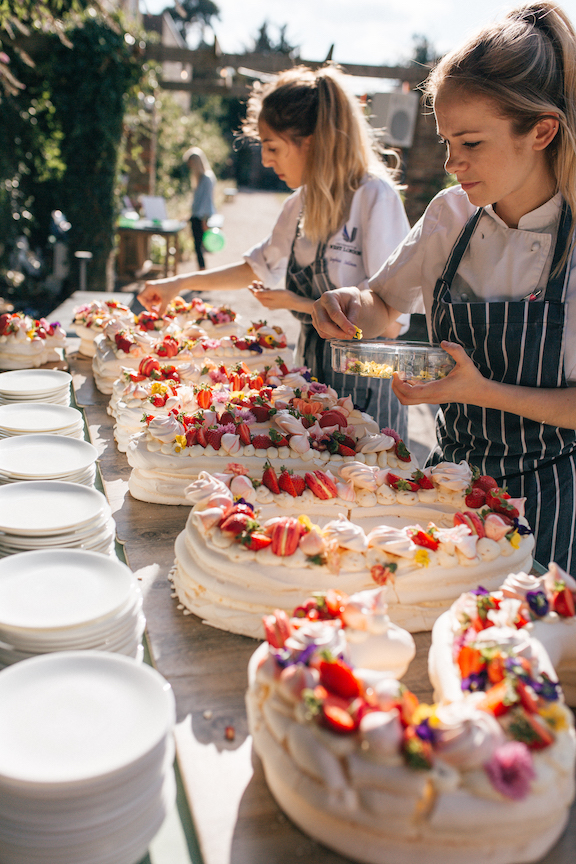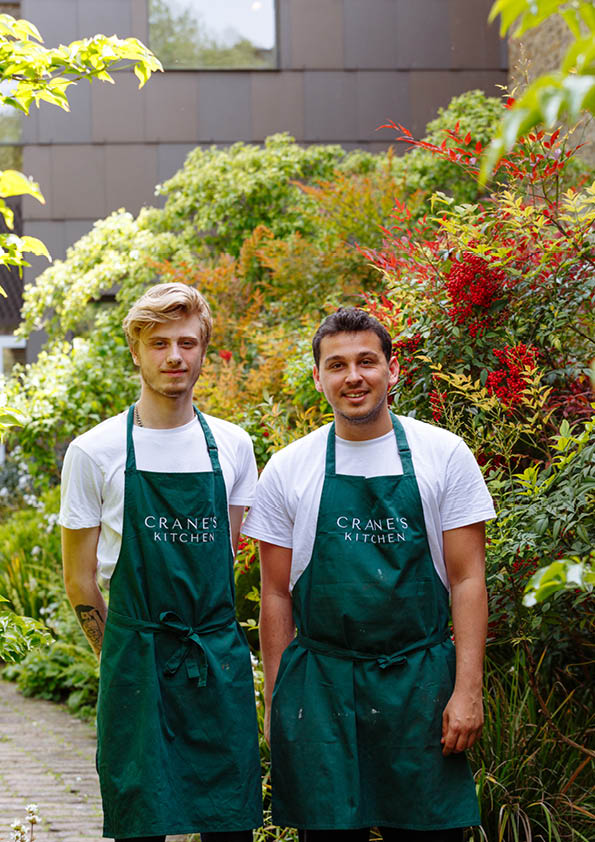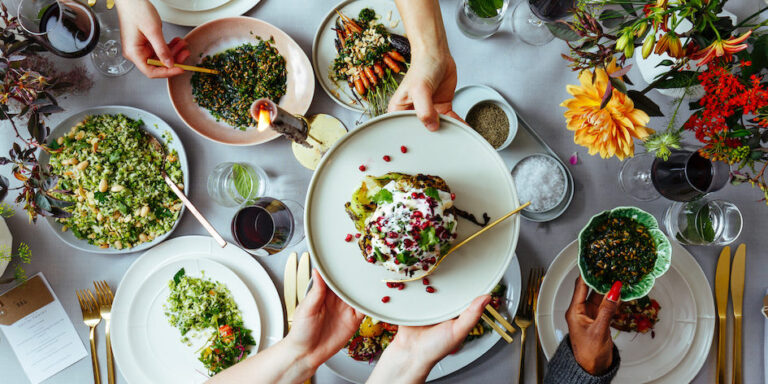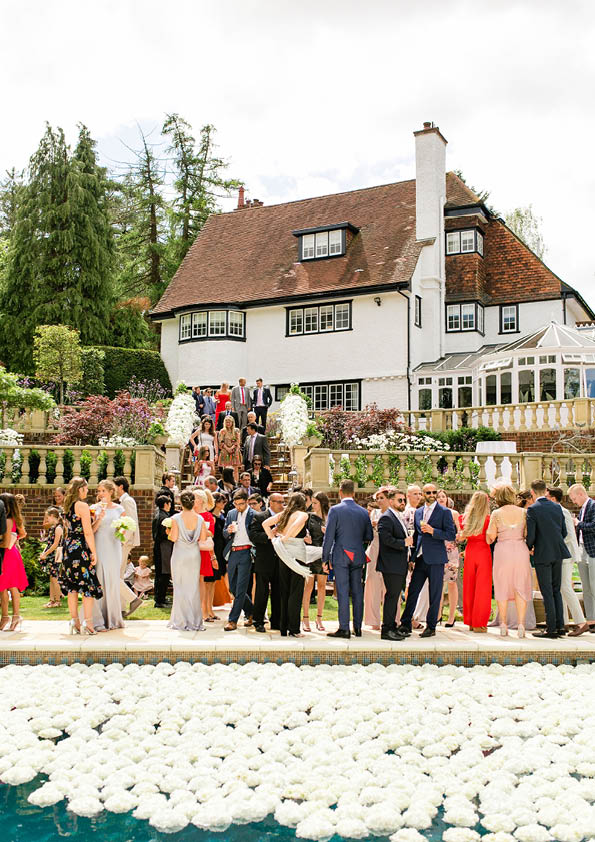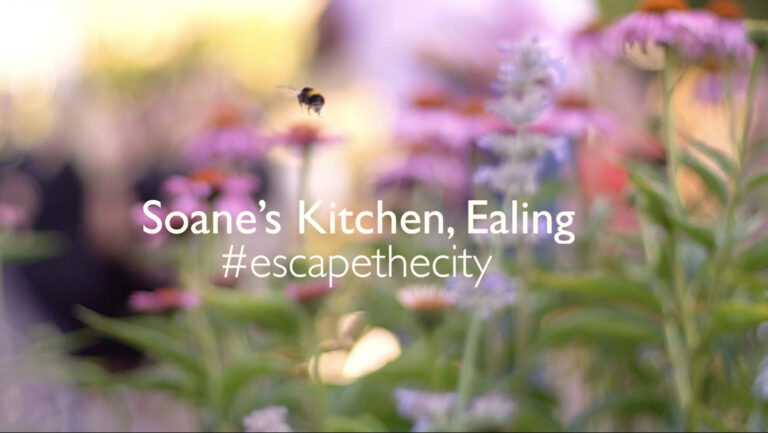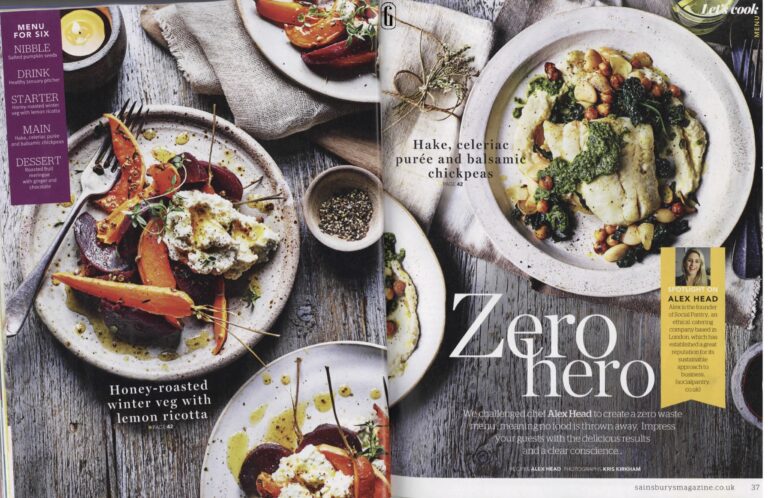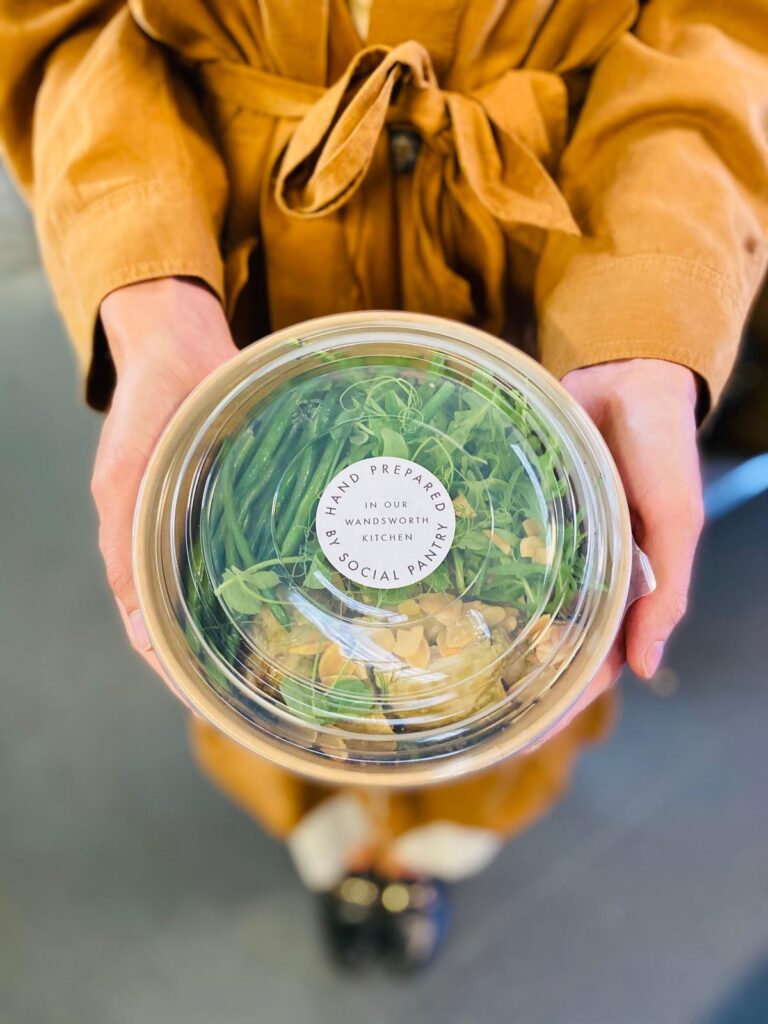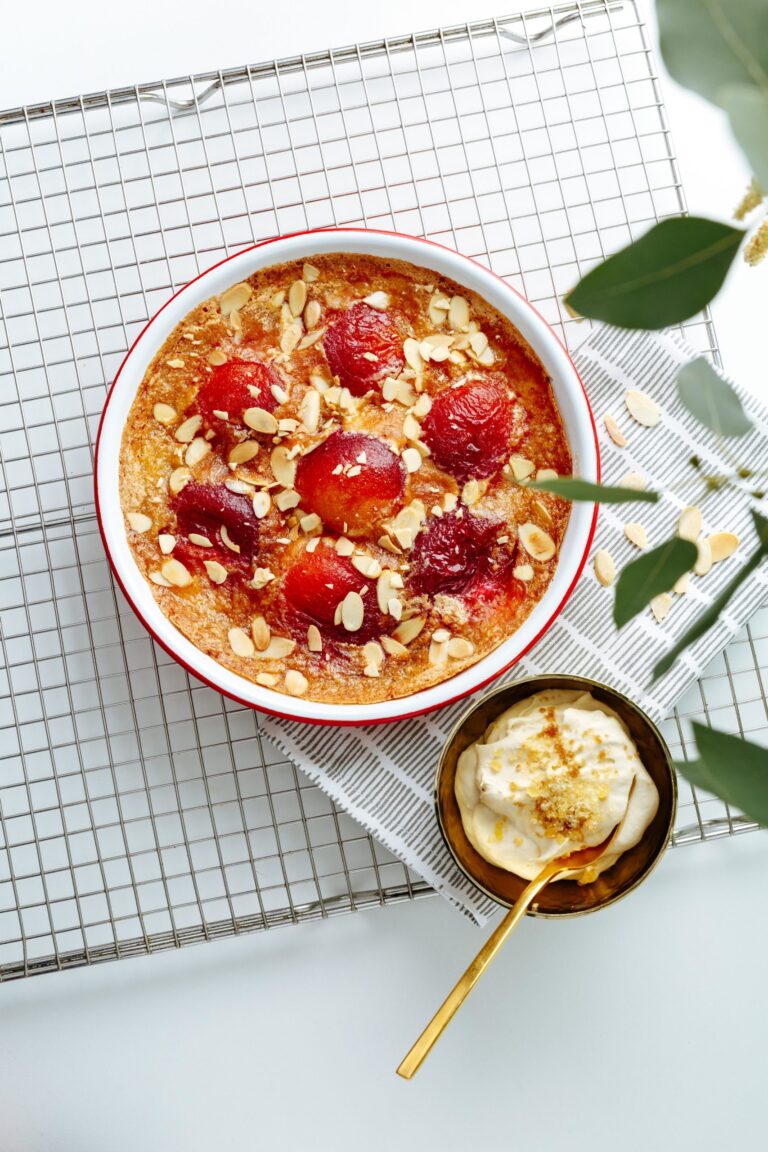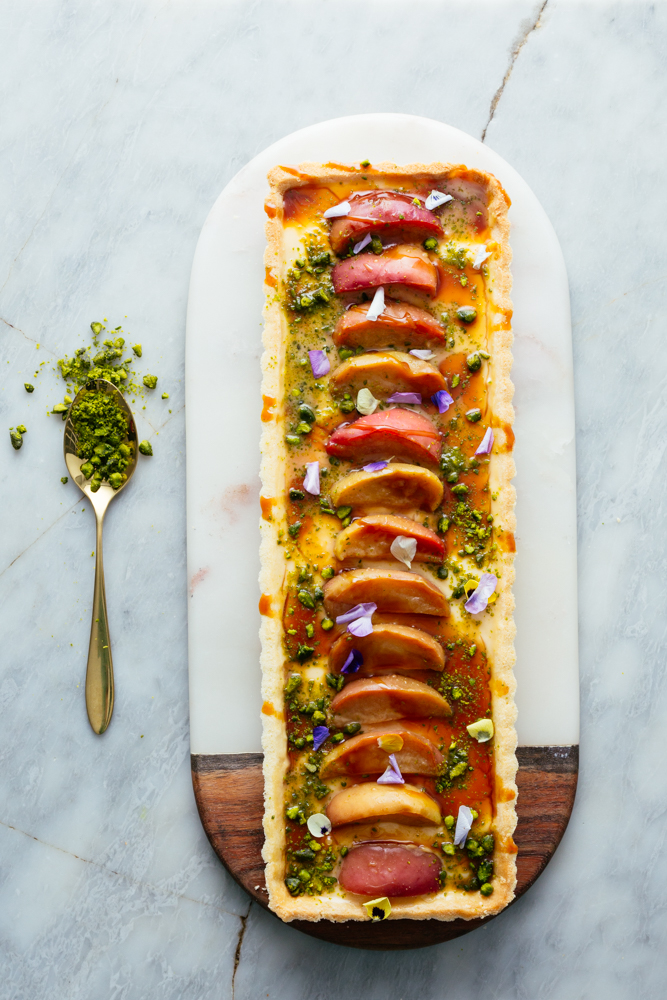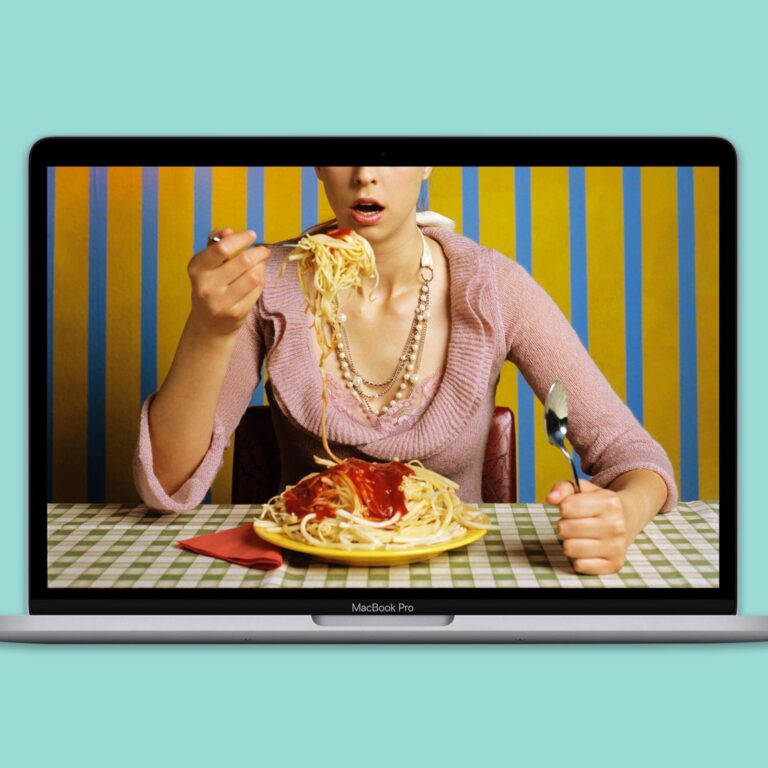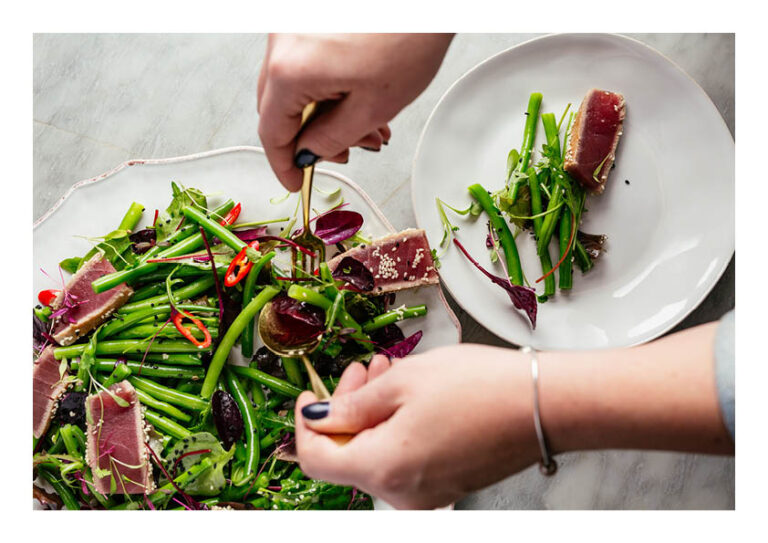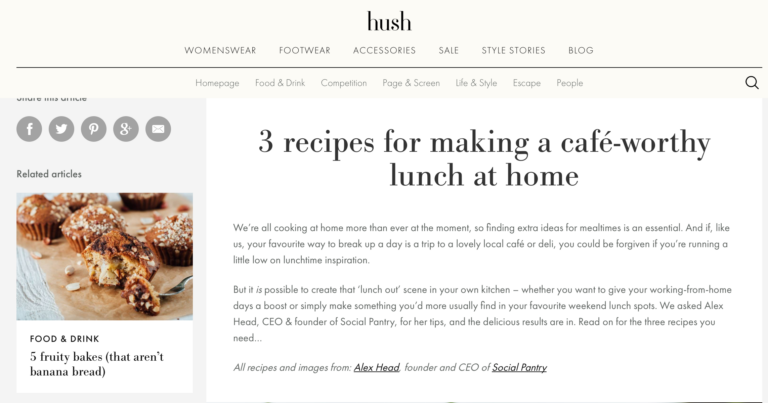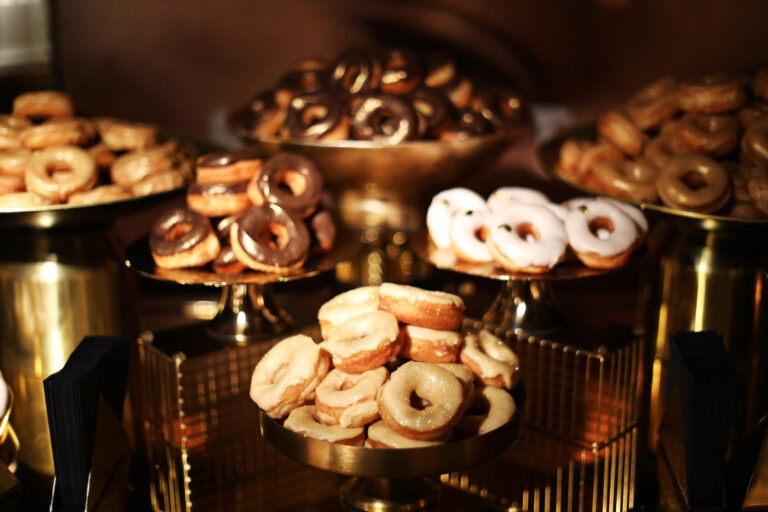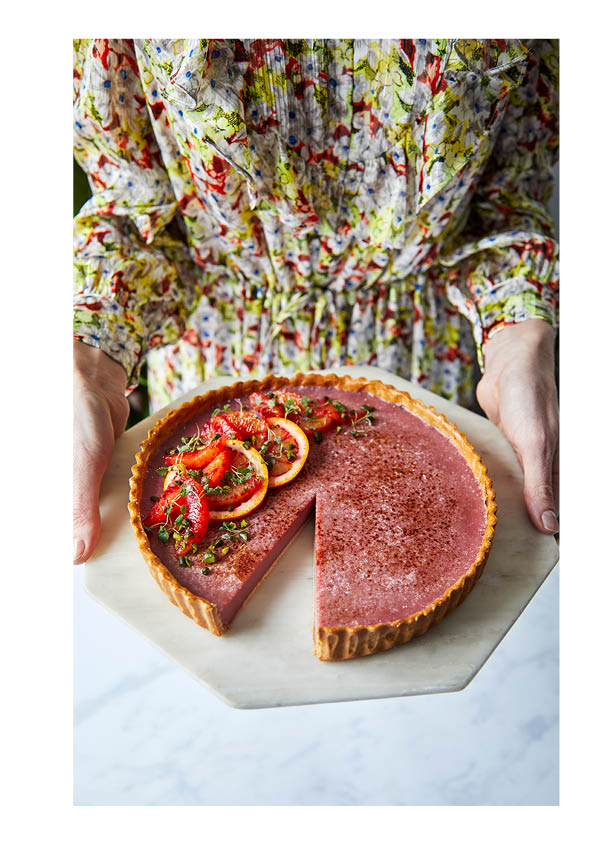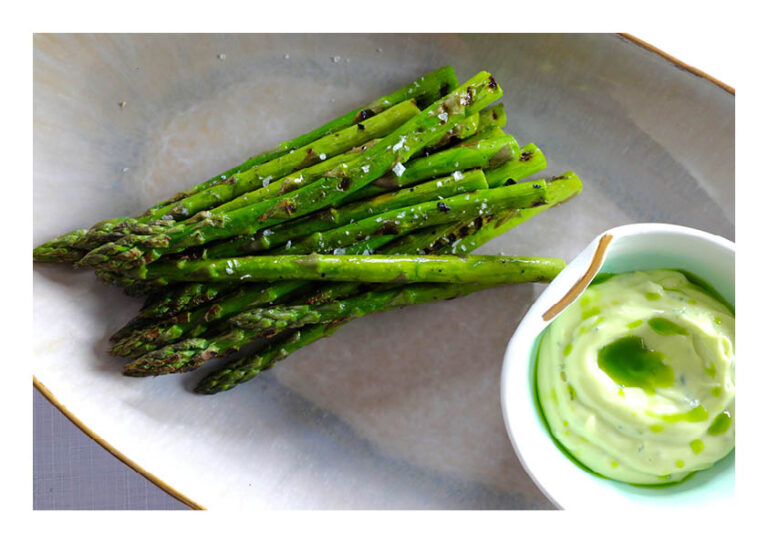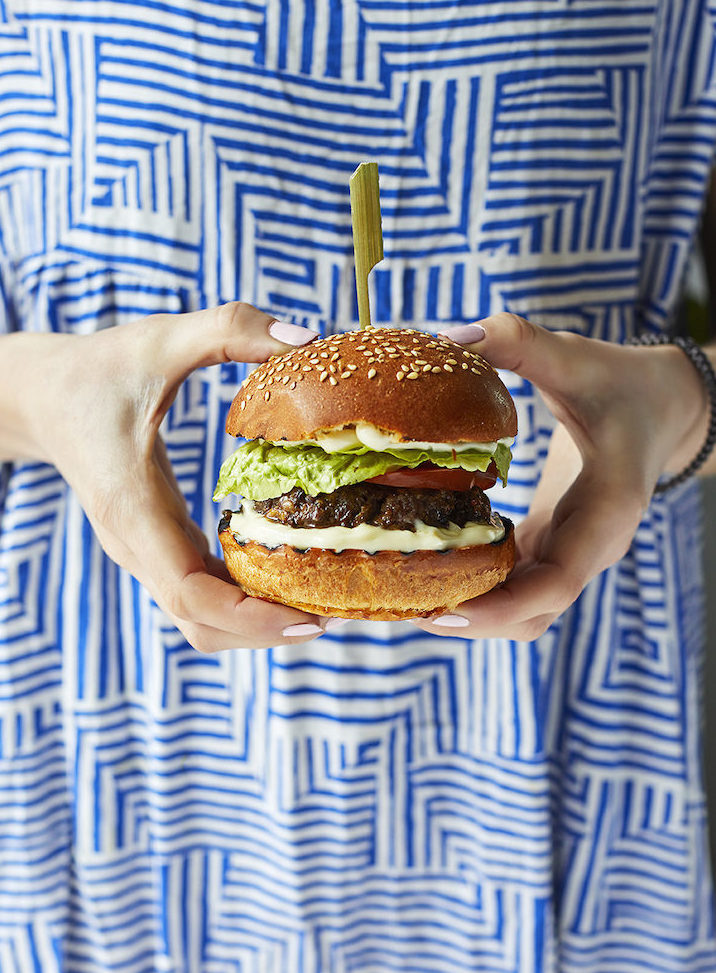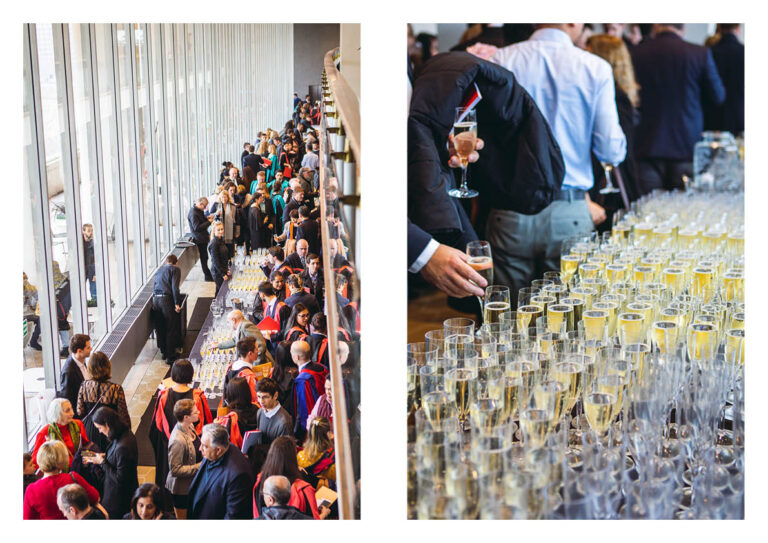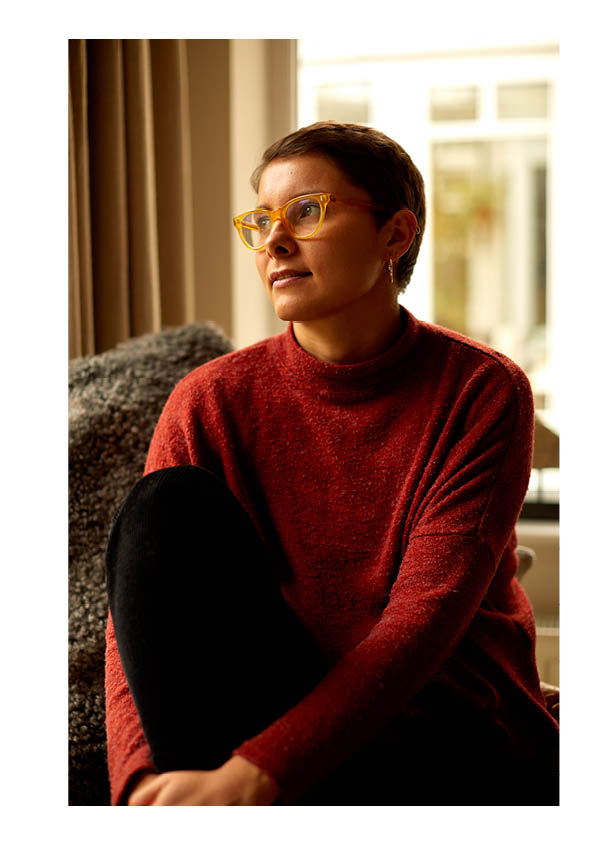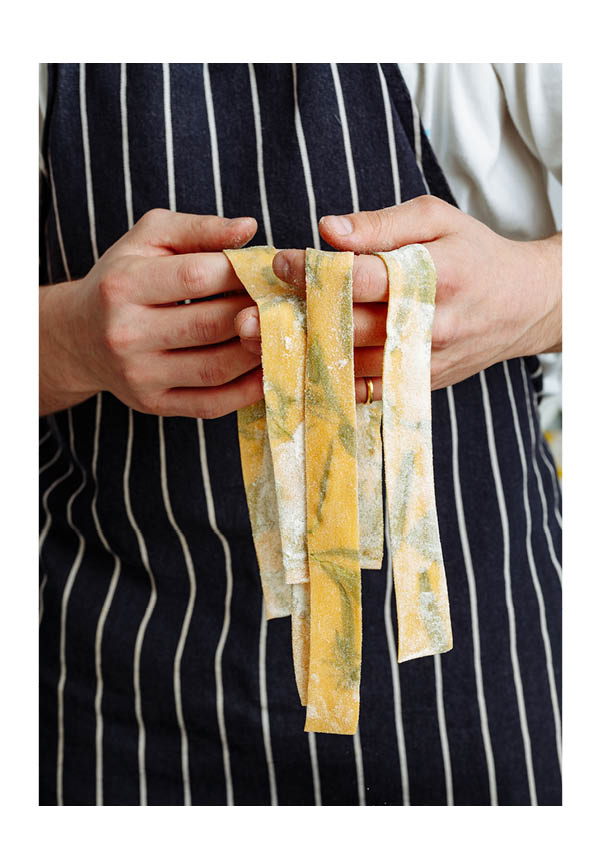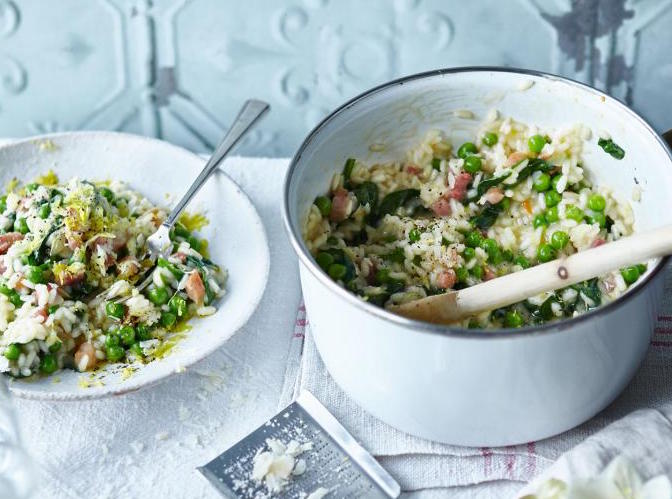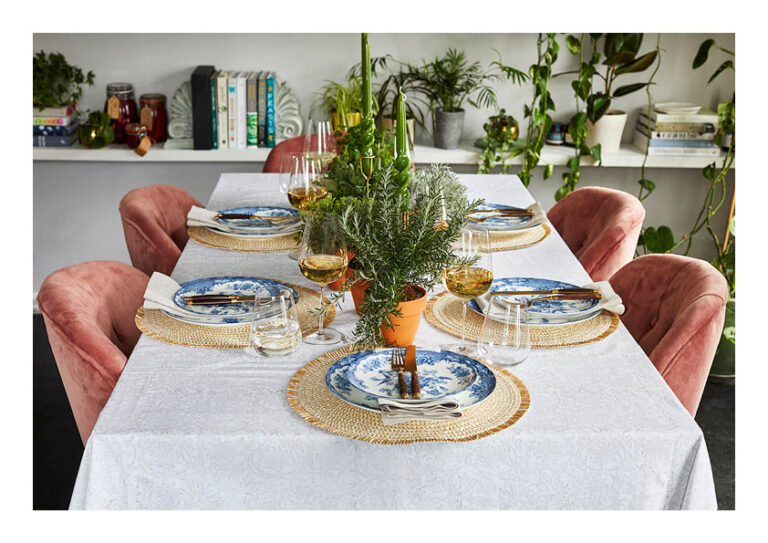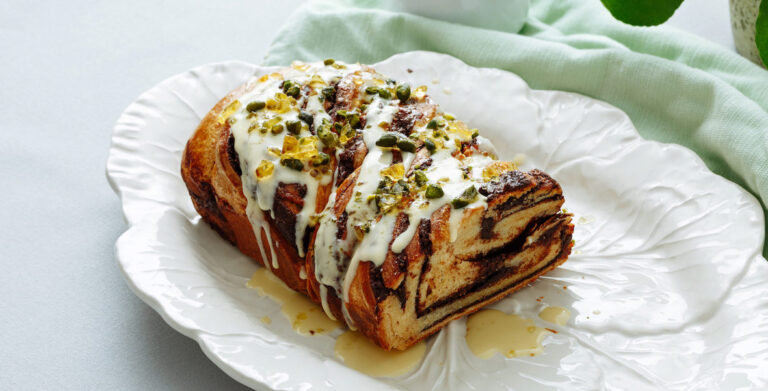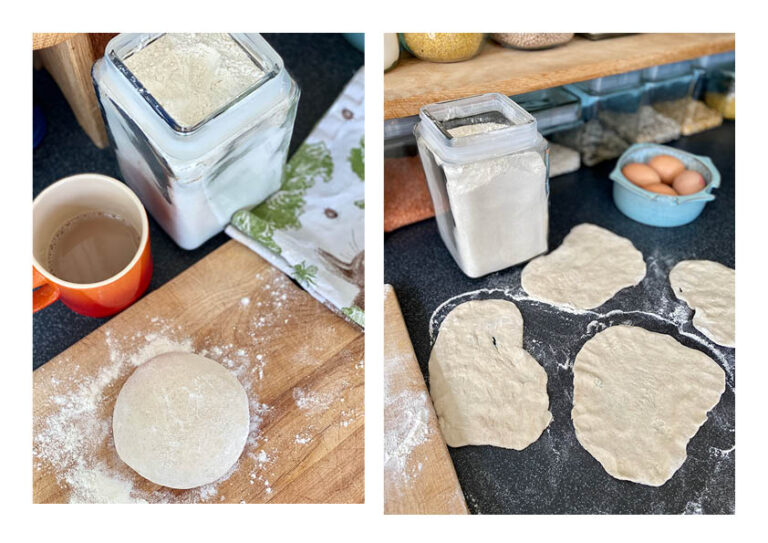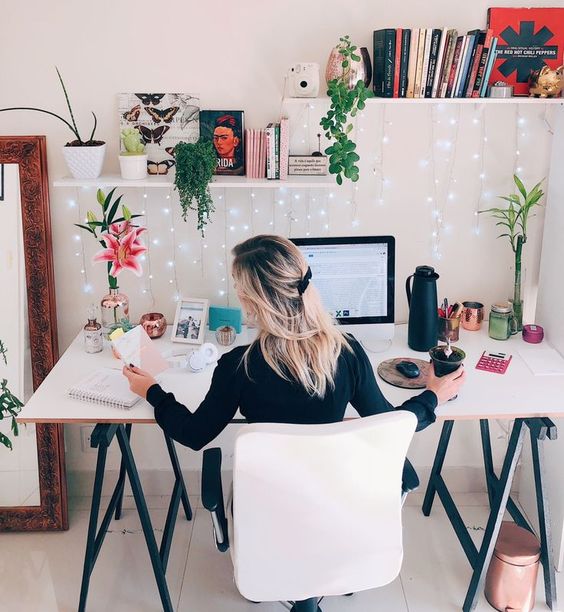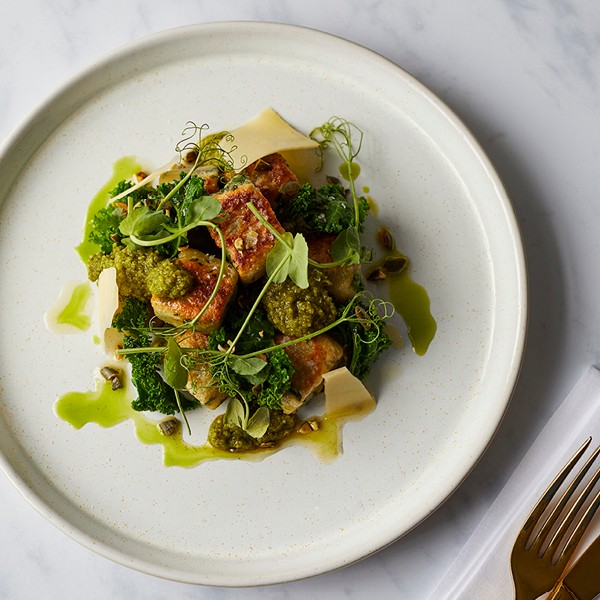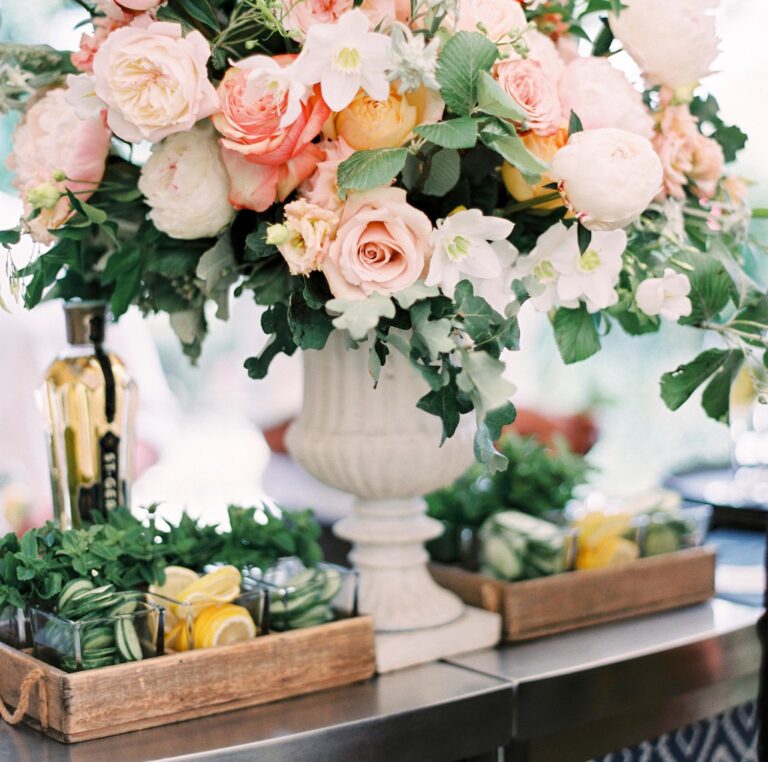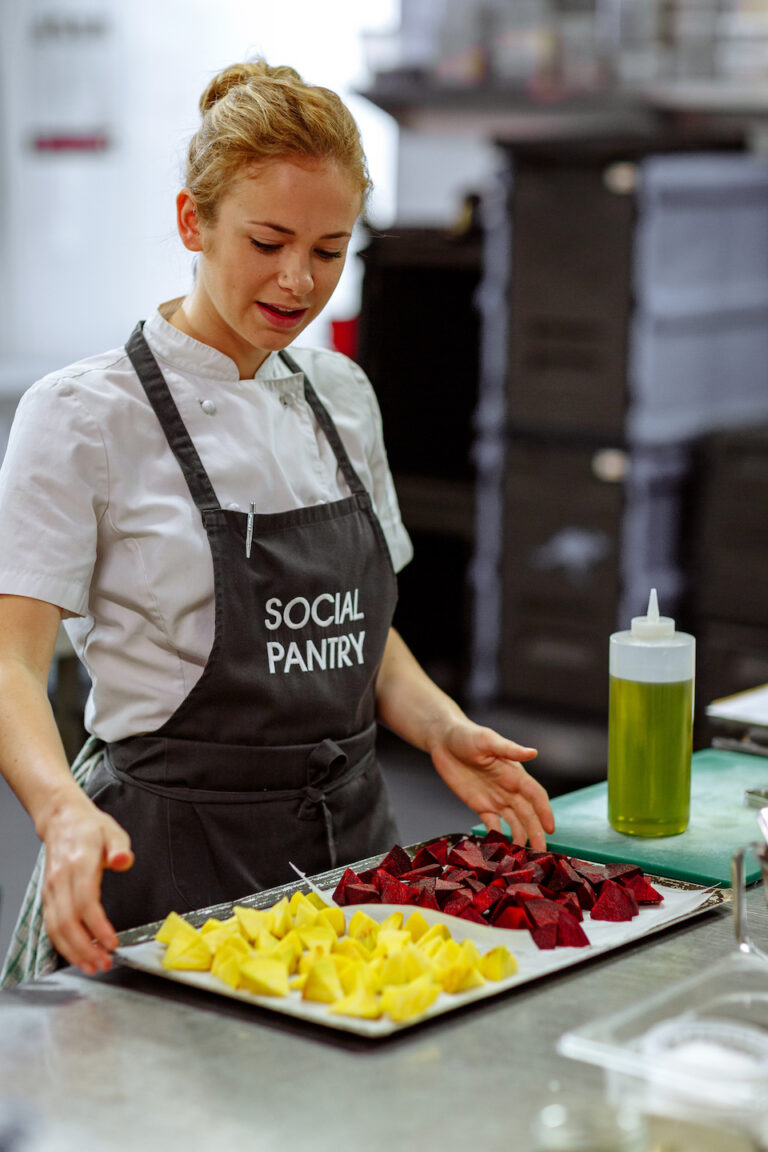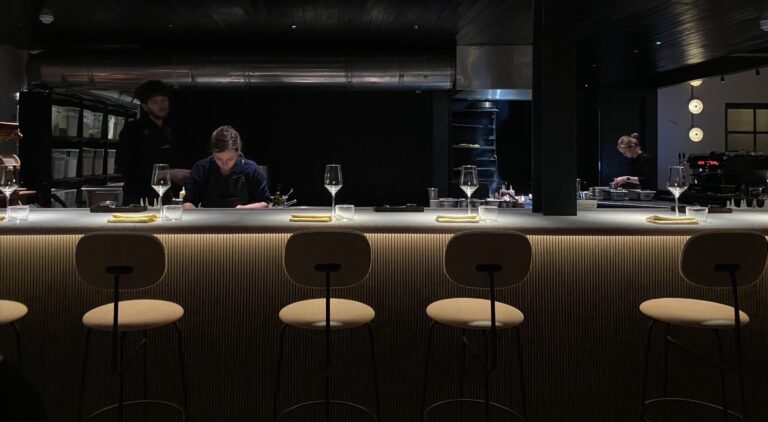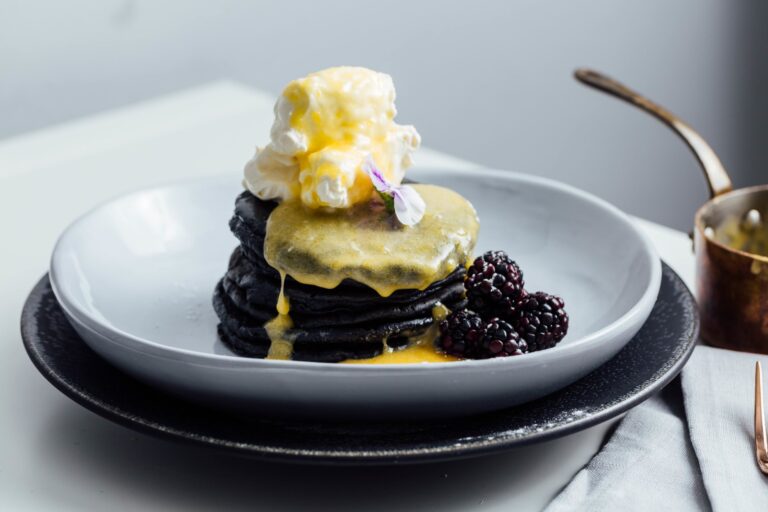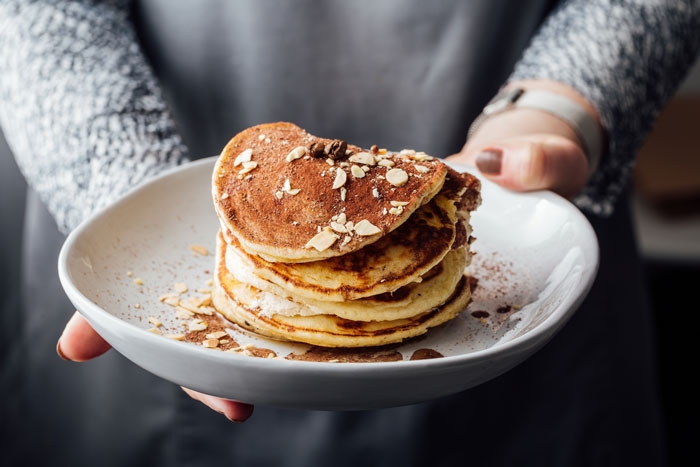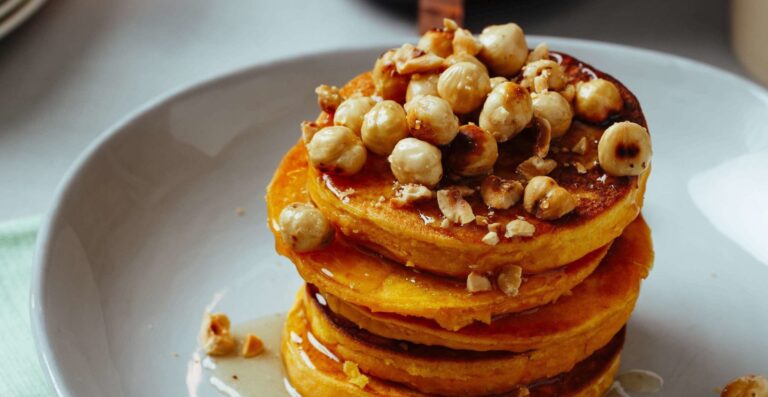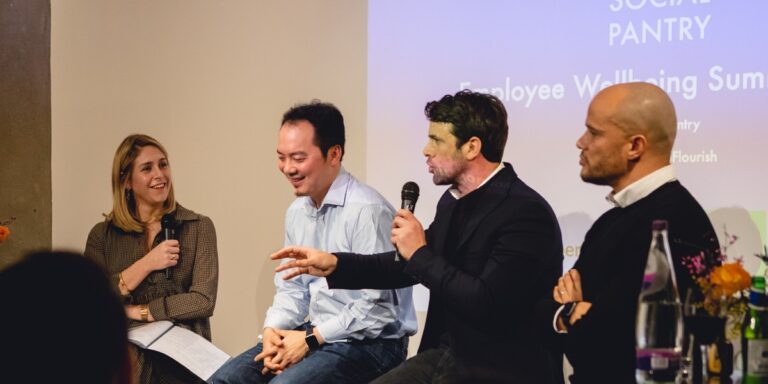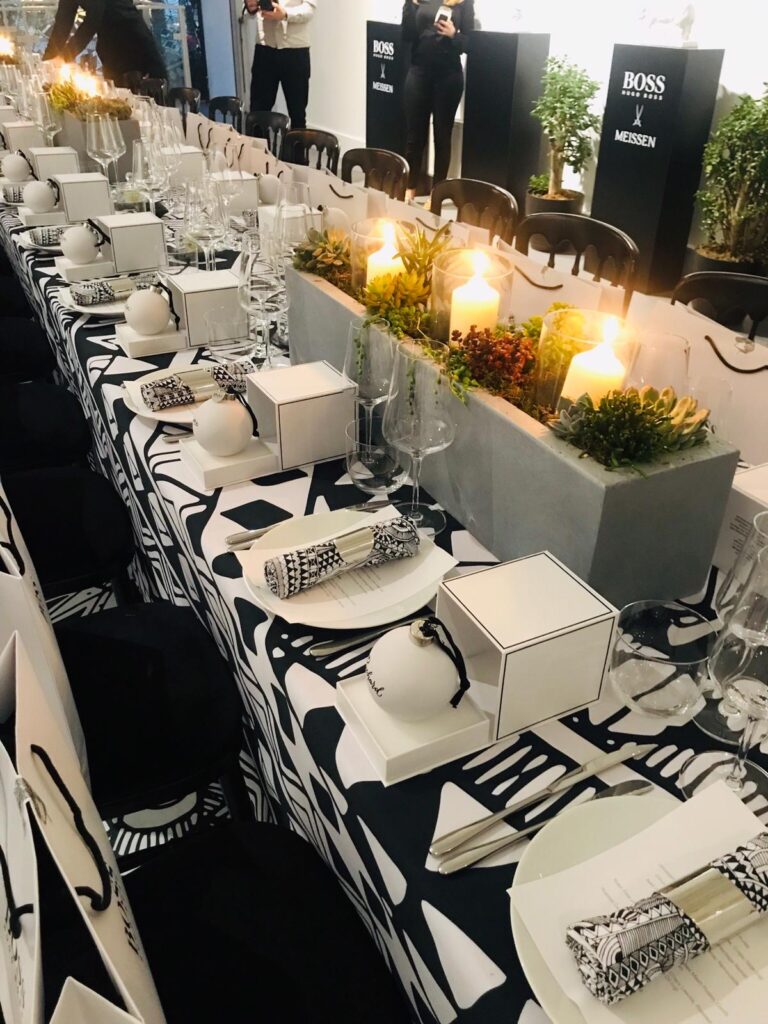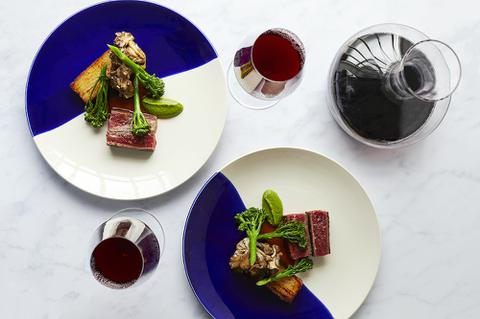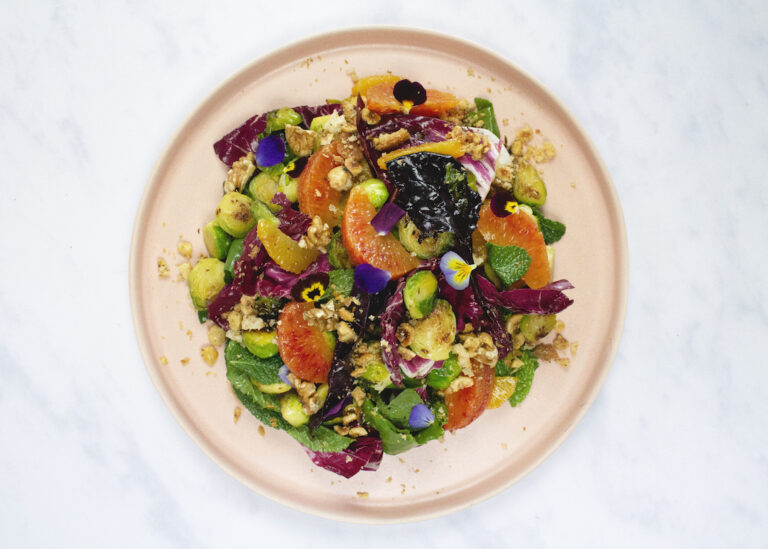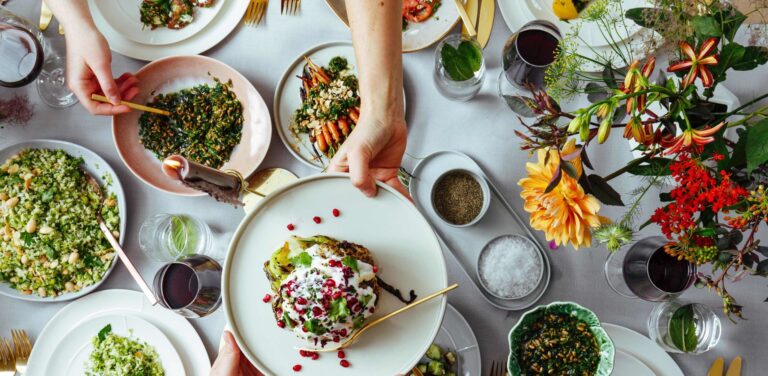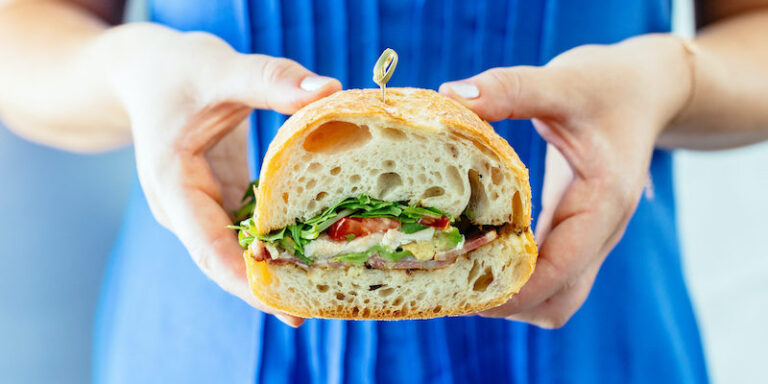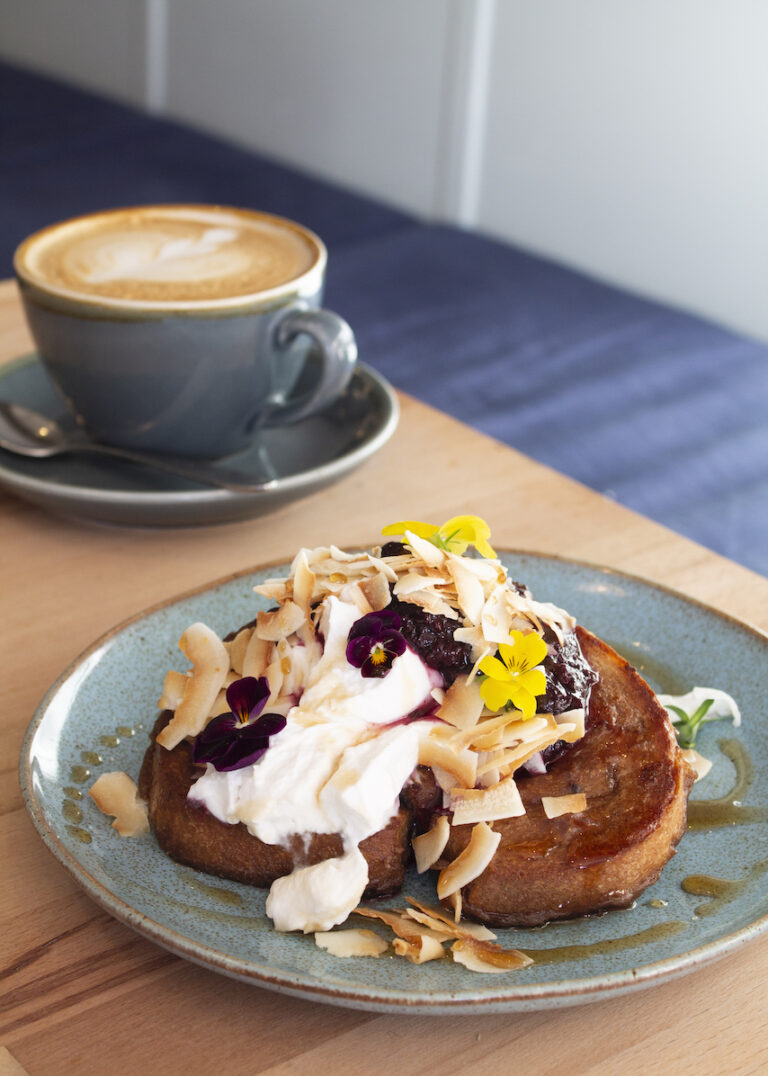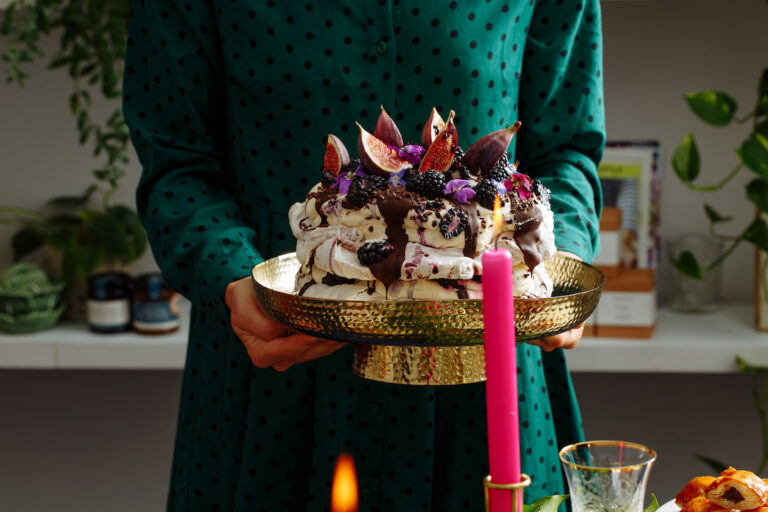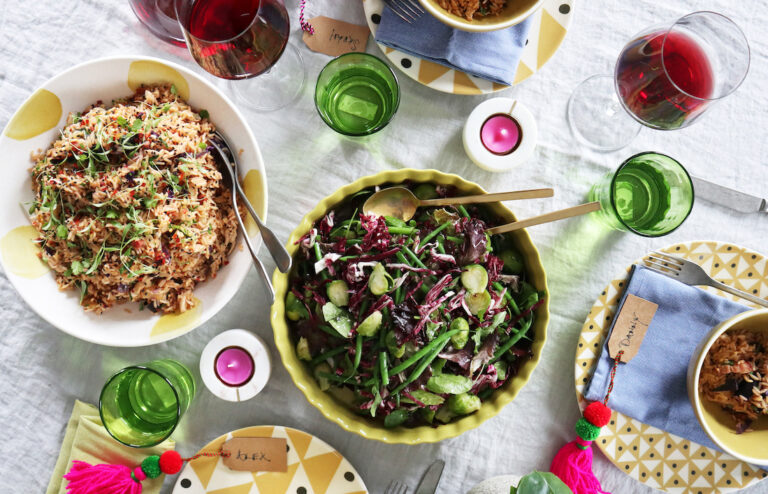Plastic Free July 2022 with Sustainability Consultant Nash Gierak
Plastic Free July is upon us again! It’s a great way to dip your toes into what it means to live a zero waste lifestyle and is an annual refresher for those of us already familiar with planet-friendly living. Founded in 2011 by the team behind the Plastic Free Foundation, the movement has gone on to inspire millions of people to continue reducing plastic pollution beyond the month of July, and it’s easy to see why: with many existing companies upping their game to meet the expectations of environmentally savvy consumers, as well as new forward-thinking brands coming onto the market, sustainable solutions are now better, and more accessible than ever. But far from being just about consumption, Plastic Free July teaches us how we can reuse what we have, and live more mindfully overall. By really considering the cycle of waste, we can take a critical eye to the industries that produce our food, clothing, toiletries, and cleaning products, and explore how this impacts our local and global communities.
So why is plastic “bad”?
Plastic is actually an amazing material when used judiciously and appropriately, particularly in medical or construction settings. The main issue is when items—particularly those made from fossil-fuel derived plastic—are single-use. A huge amount of energy goes into manufacturing and freighting these items, only to be thrown away. Not all plastic is recyclable, and even if it is, it can only be recycled a finite number of times. Recycling is also energy-intensive, and that’s if they’re recycled correctly in the first place; so much still ends up in landfill. And with microplastics (the tiny particles that have broken down from larger items through weathering, or shedding from synthetic clothing) entering our ecosystems and our food chain, and therefore us, the time to act on plastic is now.
How can we reduce our plastic footprint?
Plastic Free living is adjacent to “zero waste”, a term used to denote living by a set of rules, that if followed in order, will significantly reduce your waste output, especially when it comes to plastic.
Popularised by author of Zero Waste Home, Bea Johnson, these are: 
Refuse | what you do not need Eliminate waste from the start! Feel empowered by learning to say no, with confidence. Perhaps you don’t need a napkin with your drink, a bag for your groceries, or a receipt? You may choose to refuse plastic altogether, which is the basis of a zero waste lifestyle.
Reduce | what you do need Reduce waste by planning well, and really consider what you need versus what you want. Meal plan and batch cook. Keep a Pinterest board of clothing purchases and consider how versatile your items are, with the aim of creating a capsule wardrobe. Go paperless for bank statements and bills. Replace single use items with reusables, and items that need replacing less frequently. You’ll always save money and energy, in time. Think safety razors, or “unpaper” towels, and Swedish dishcloths.
Reuse | what you consume So much energy goes into producing packaging. Instead of recycling, save your jars and pump bottles for refilling, or ask your local refill shop if they’d like to pass them on to new customers. Turn bottles into candle holders or stem-vases. Start seedlings off in yoghurt pots. Cut old t-shirts into squares for messy jobs like cleaning your bike, or re-seasoning your cast iron pans. Your imagination is the limit.
Recycle | what you cannot refuse, reduce, or reuse Recycling is never a perfect solution, but it’s important nonetheless. Familiarise yourself with your local guidelines to avoid the wish-cycling trap (the well-intentioned act of recycling the un-recyclable, doing more harm than good. If in doubt, keep it out!). Did you know there are some really inventive recycling initiatives out there? Read about how glass can be ground back into sand as a potential solution to restoring eroded coastlines here!
Rot | (compost) the rest This is great if you have a garden. Use your green and brown waste to create your very own liquid gold. Use a compost bin, a worm bin, or the Bokashi method. Otherwise, make use of your kerbside compost collection if you’re fortunate enough to have one, or seek out neighbours with composting facilities by using the ShareWaste app.
What else can we do?
A “bin audit” is another really useful way to start off the PFJ challenge. What can you see that you’ve disposed of that’s going straight to landfill? Which of those things are recyclable? Could you get those items package-free, or plastic-free instead? Jot it all down. If you can do all of these things then that’s amazing! But don’t feel disheartened if things like composting aren’t available to you, or you don’t have a refill shop locally. It’s a great starting point, and one where access should improve year-on-year. Use Plastic Free July as a checking-in point every year, and kick-off by doing a little research on things that were out of reach the previous year.

Food is one of the biggest sources of excess plastic, so you may want to opt for buying loose produce at the supermarket, though you’re more likely to find it at an independent grocery store, or your local farmers’ market. Londoners, find yours here. Or perhaps you’d prefer the convenience of a veg box delivery? Whether it’s local, seasonal, organic produce you’re after, or you’re crusading against wonky veg waste, Riverford, Abel & Cole, and Oddbox are excellent options, often with compostable bags or a returns scheme whenever packaging is involved. If you have a garden, or an allotment nearby, perhaps you could grow your own. Even a kitchen window herb garden is a neat little project that will save waste, and provide you with something fresh to cook with.
How does this look day-to-day?
Once you start looking, everything is under scrutiny! And plastic is in so much more than you may have initially realised. Swim and gym wear? Check. Dish sponges? That’s right. Tea bags? Chewing gum? Afraid so. Luckily there are so many options available now that you don’t need to be choosing between things you need or enjoy, and the environment. Get yourself a Guppyfriend, seek out compostables from Seep, get yourself some loose leaf tea, or plastic-free teabags (very easy to find now), and check out Chewsy gum, if that’s your thing!
Some of us are fortunate to have a refill store nearby for items such as dried goods, cleaning products, and even wine. Our local favourites are: Gather, Bring Your Own, Naked Larder, Jarr Market, and The Source Bulk Foods. But there are online options too! Take a look at Good Club for a convenient carbon neutral delivery service. Bower Collective, and London Bathers are excellent options for closed-loop personal care products. Take the opportunity to try something different, like solid bars or cubes from Lush, Ethique or Beauty Kubes, or perhaps a bamboo Truthbrush.

Plastic Free July is a great time to arm yourself with on-the-go reusables, such as a water bottle. Klean Kanteen and Chilly’s are popular choices made from stainless steel. Invest in a Keep Cup for takeaway teas and coffees, and replace single-use items like cling-film (wax wraps, canisters, and a trusty lunchbox are great options here). And it doesn’t always mean buying new, or at once. Take a look for pre-loved options, or use what you have, and replace things gradually.
How do we approach waste at Social Pantry?
If you’re stopping by our cafés for a takeaway drink or salad, we love giving you an eco-friend(ly) discount if you bring your own container. We also donate our coffee grounds to a local wormery, and a beauty company. If you’re after a cold beverage, our offerings come in glass bottles or aluminium cans.
You’ll also be pleased to hear that we reuse as much of our fresh, local, seasonal produce as possible, using methods such as preserving, fermenting, dehydrating, and pickling. We keep veg scraps for our stocks, and for anything else, we utilise a zero-to-landfill refuse service, operated by First Mile on a carbon neutral fleet of electric vehicles. This ensures any waste is composted, or used to generate green energy. We’re excited to reintroduce a biodigester on site, which we’re hoping to give you a behind-the-scenes on soon!
Our forthcoming site at HMP/YOI Feltham will not only function as a training facility for offenders, it will also double up as a staff café where the menu will feature homegrown vegetables from inside the prison, as well as honey from the on-site hives.
We also hope to inspire action in our communities by taking part in our very first team beach clean along the bank of the River Thames this summer with Flora at Washed Up Cards. We’re also big fans of the Surfers Against Sewage Plastic Free Communities initiative. Find your local clean-up group here. It’s a great way to connect with like-minded people, keep fit, and protect local wildlife.
Where do we go from here?
I hope we’ve inspired you to have conversations and share ideas with your friends, families, and colleagues. Sustainability is as fascinating as it is important, and Plastic Free July is just the beginning. We’re excited to share our journey with you, and we’d love to hear how you fare this month! Let’s keep the conversation going!
